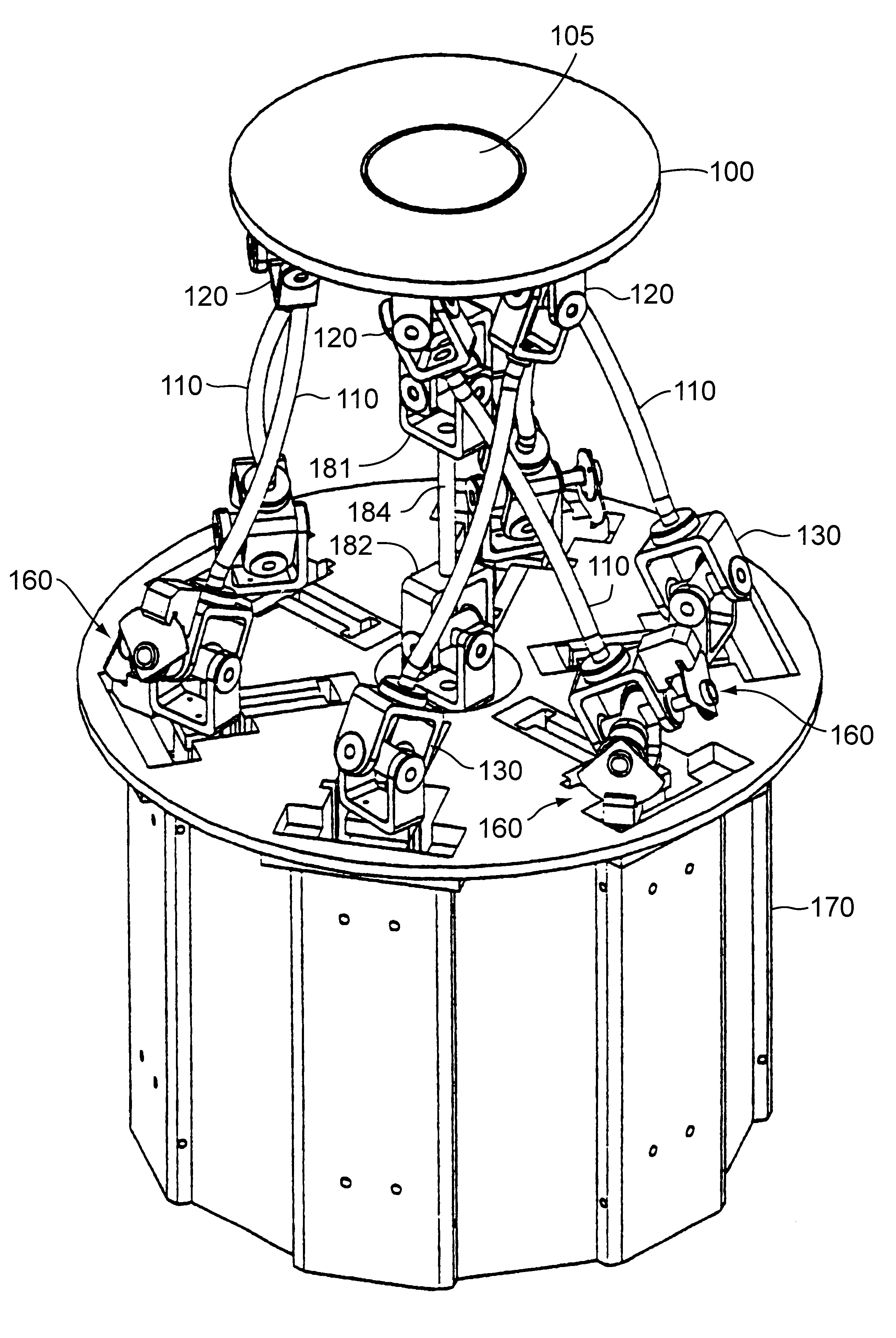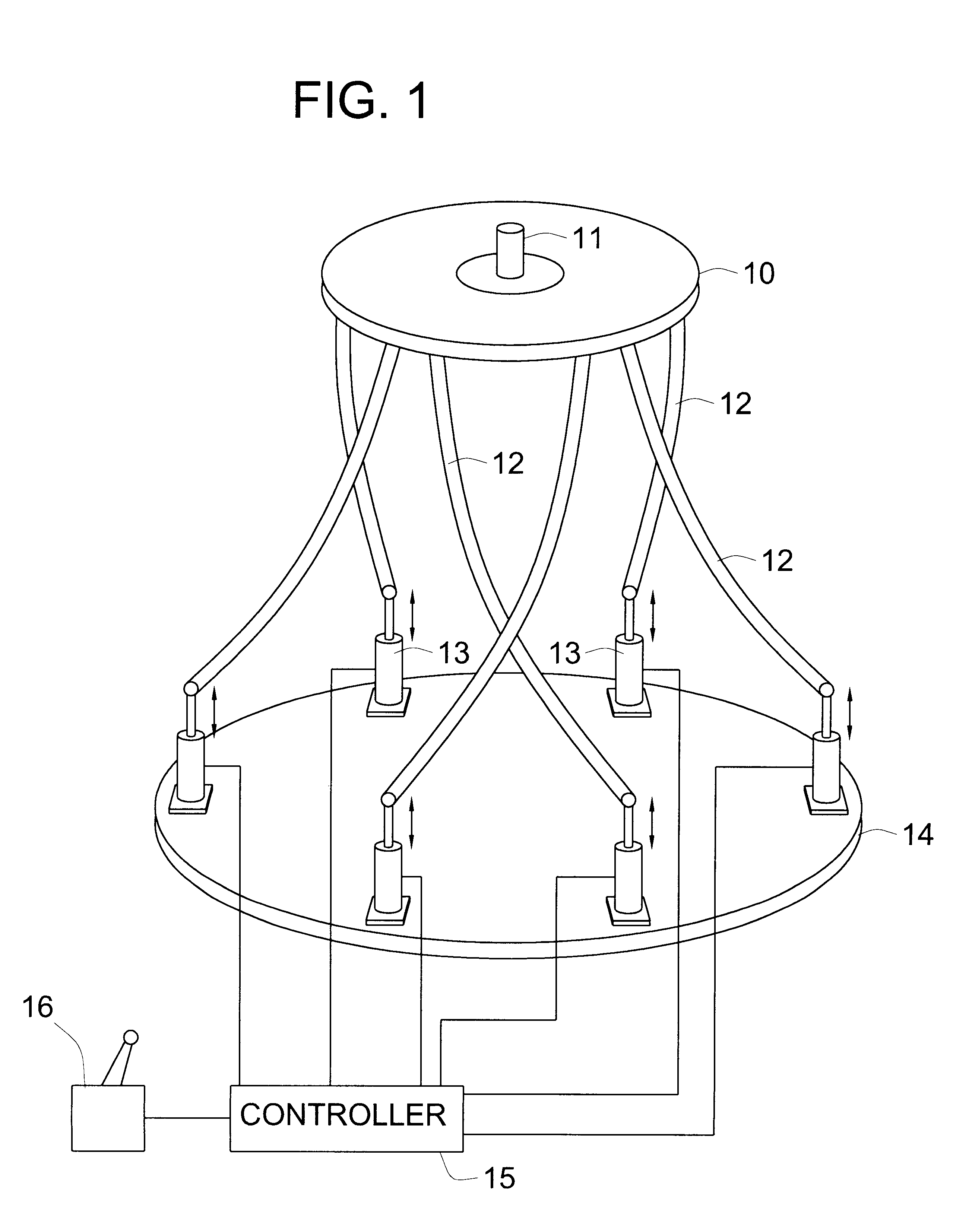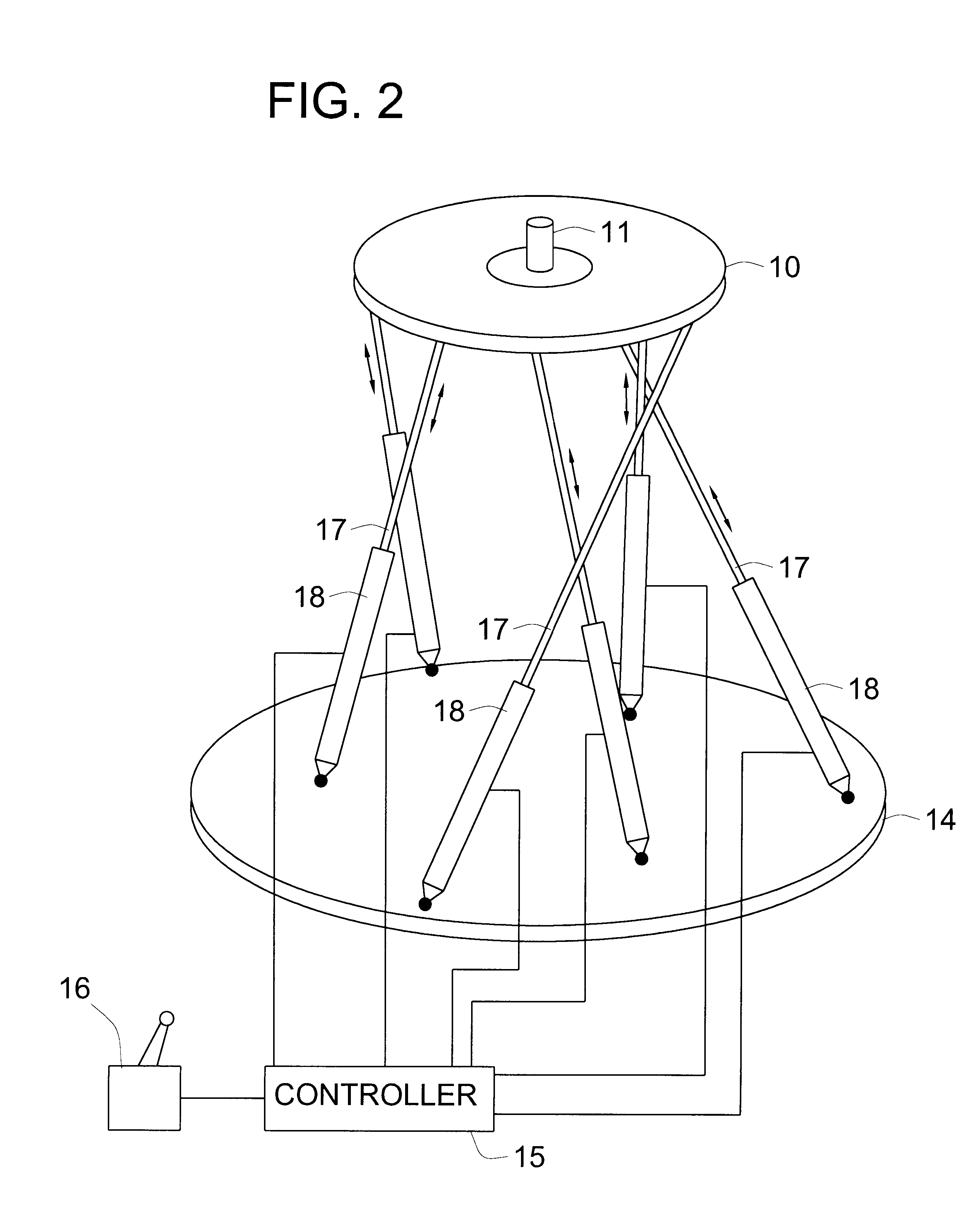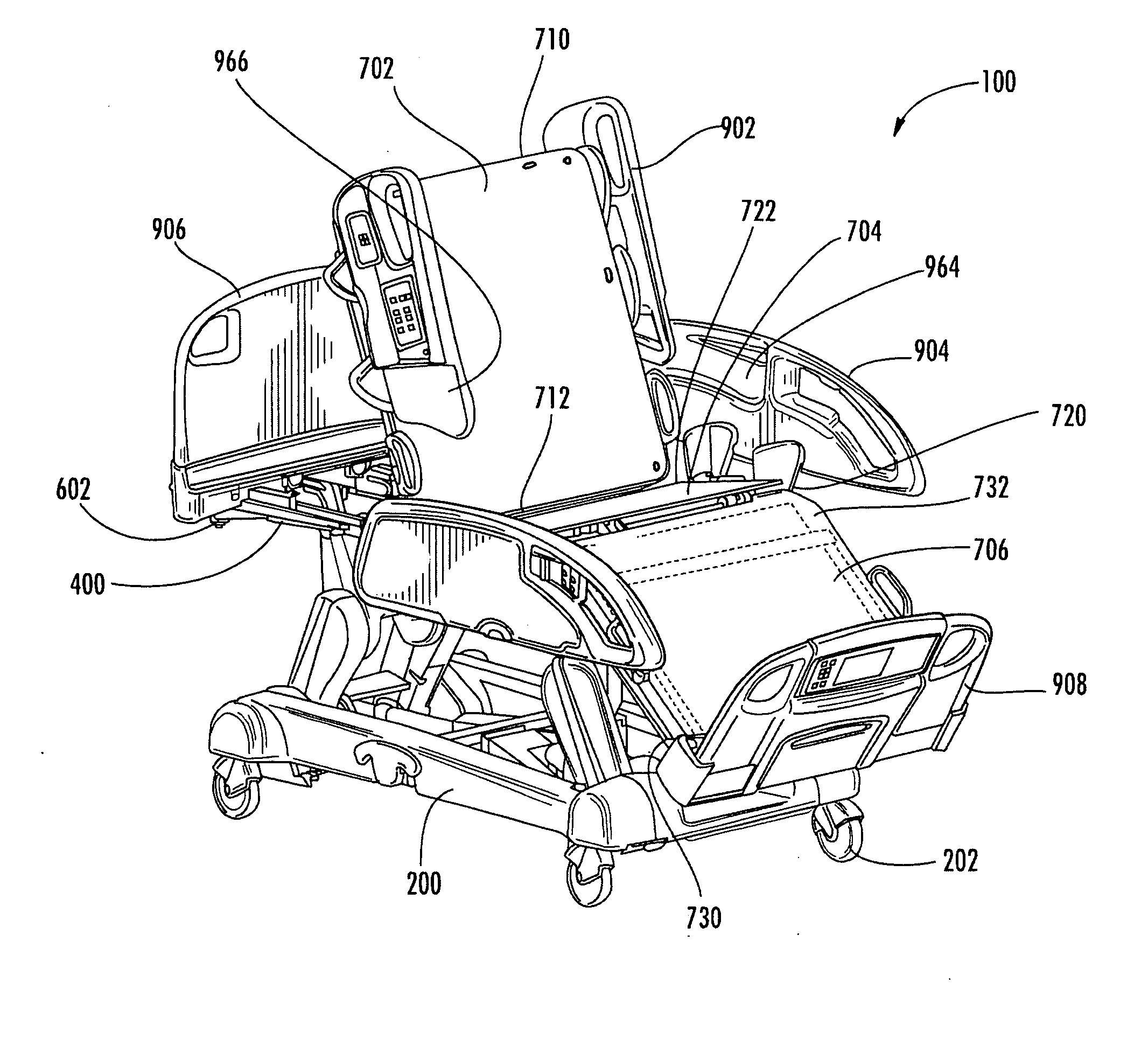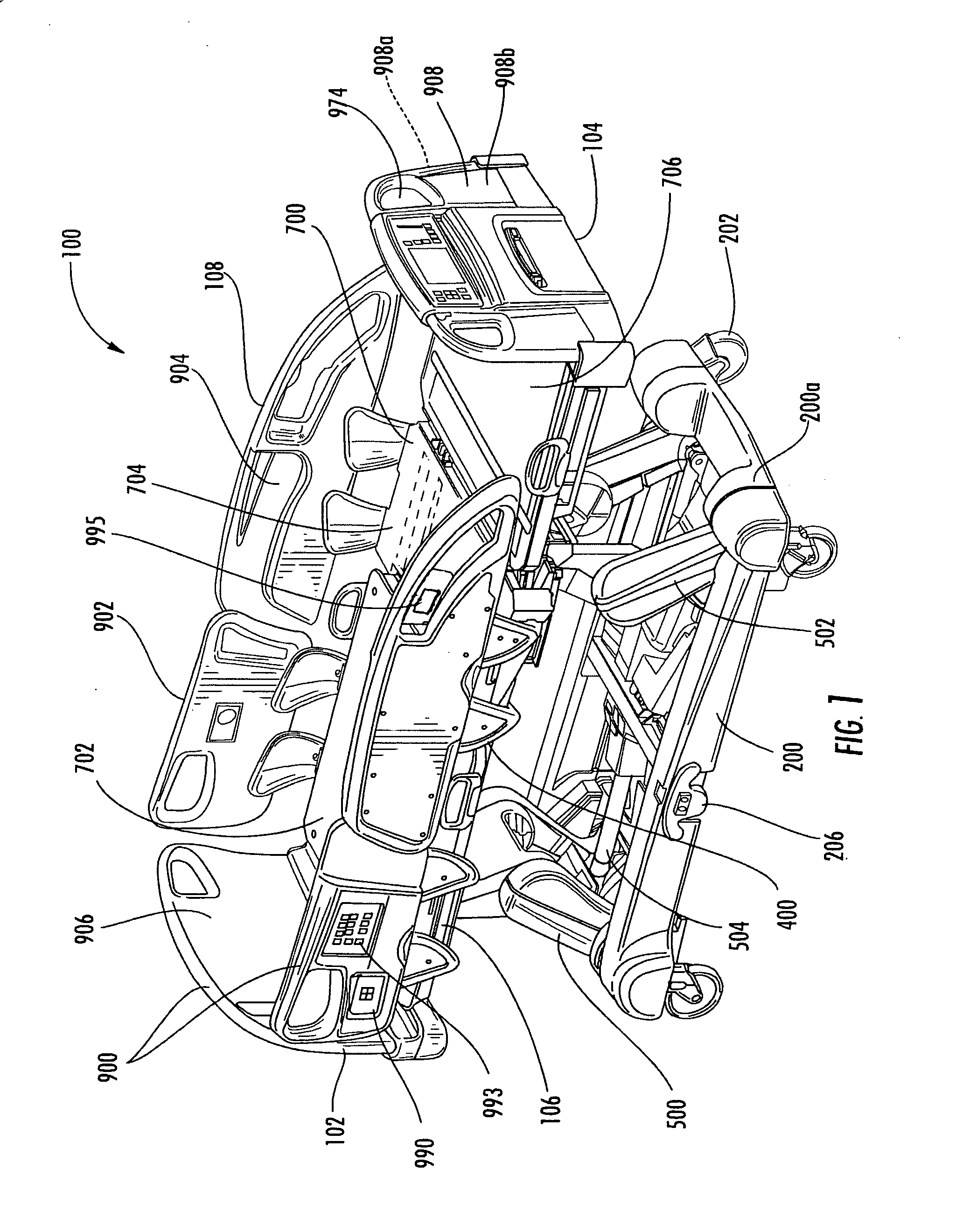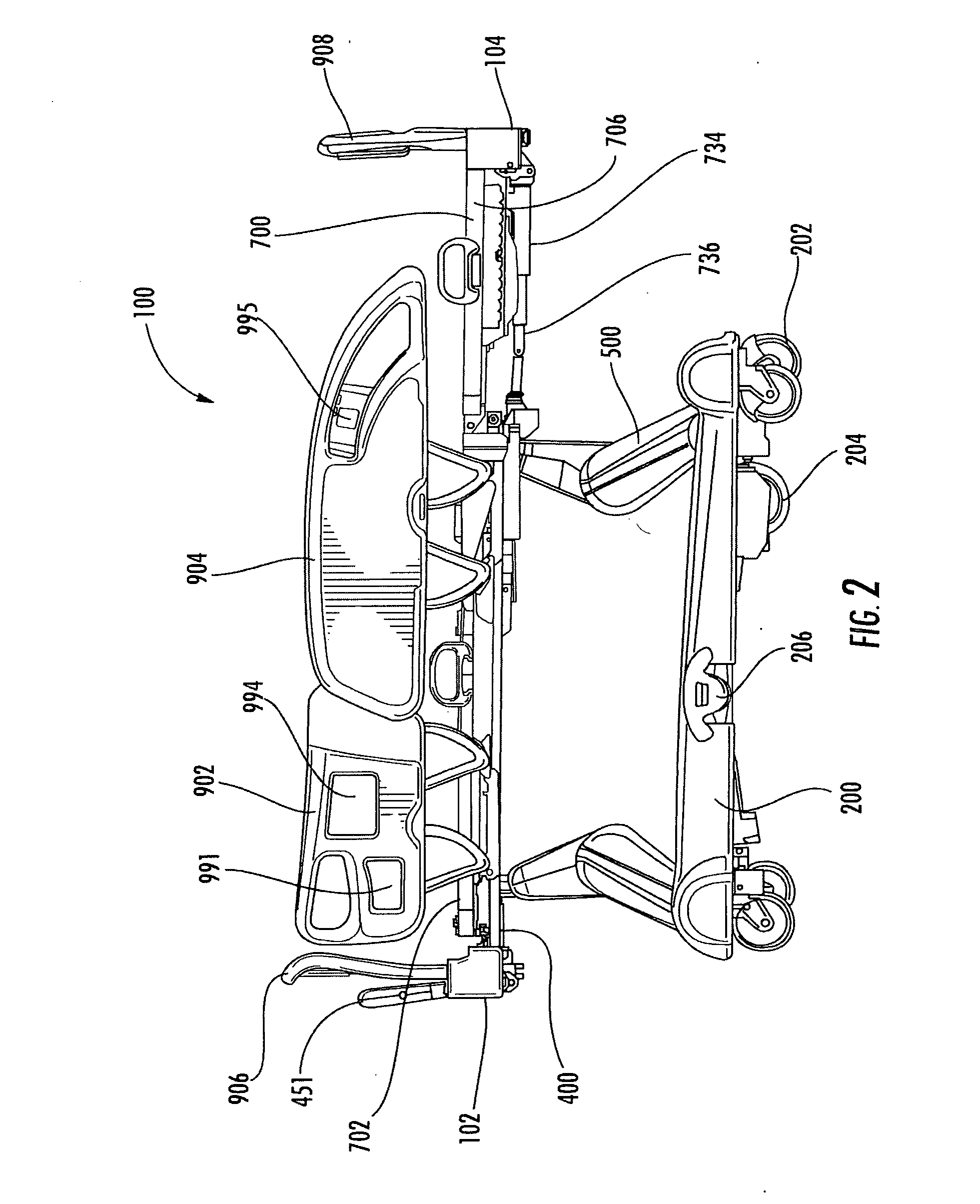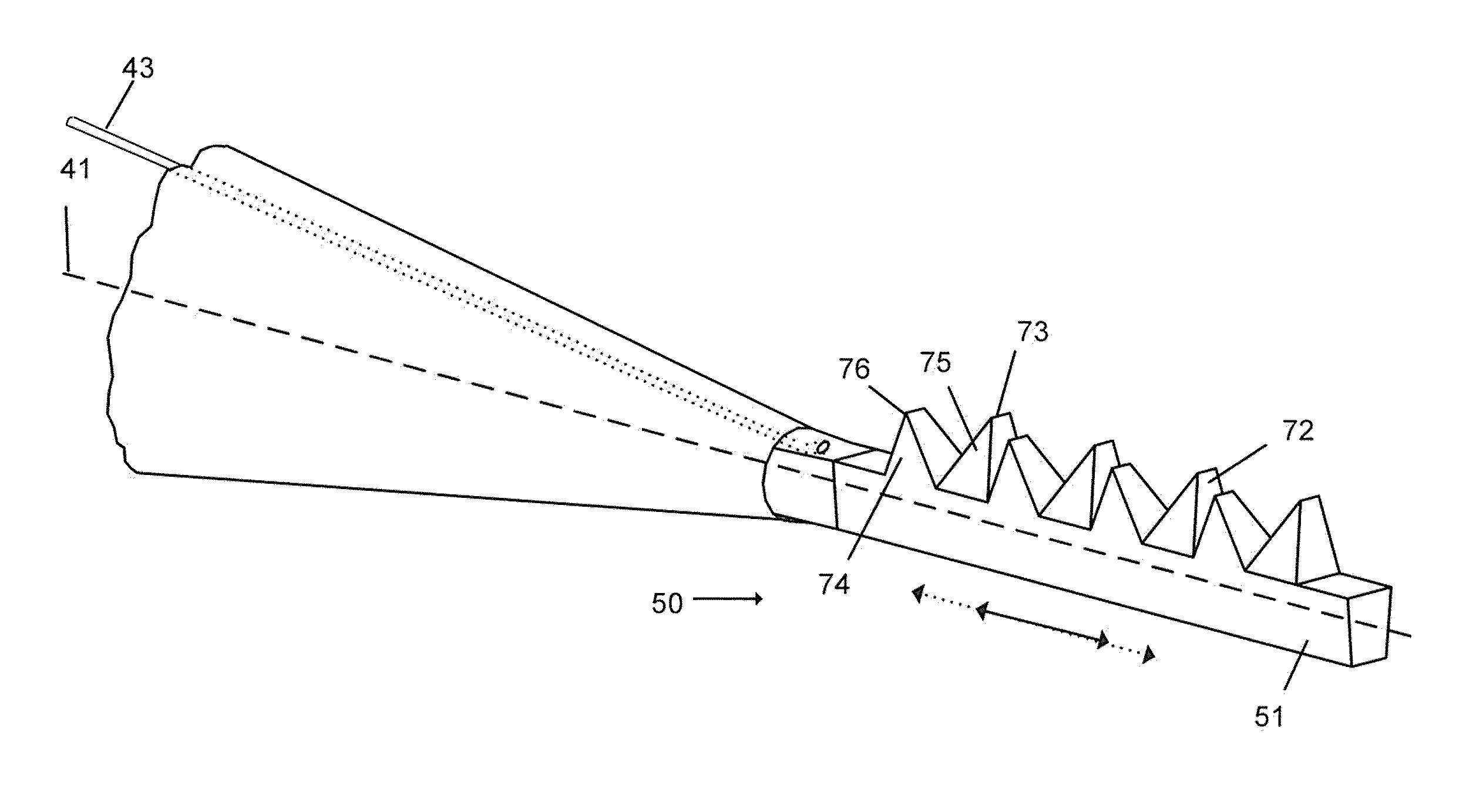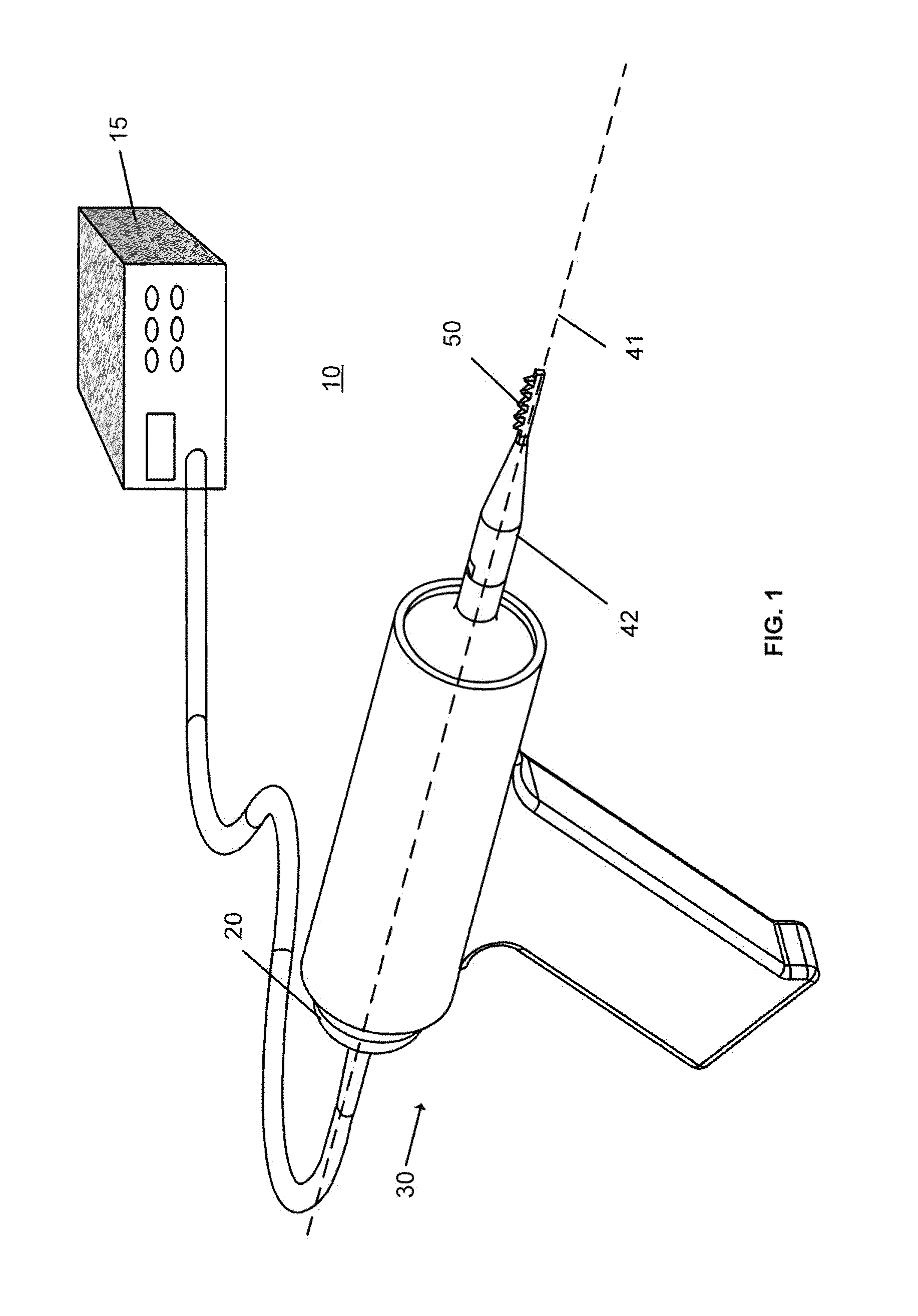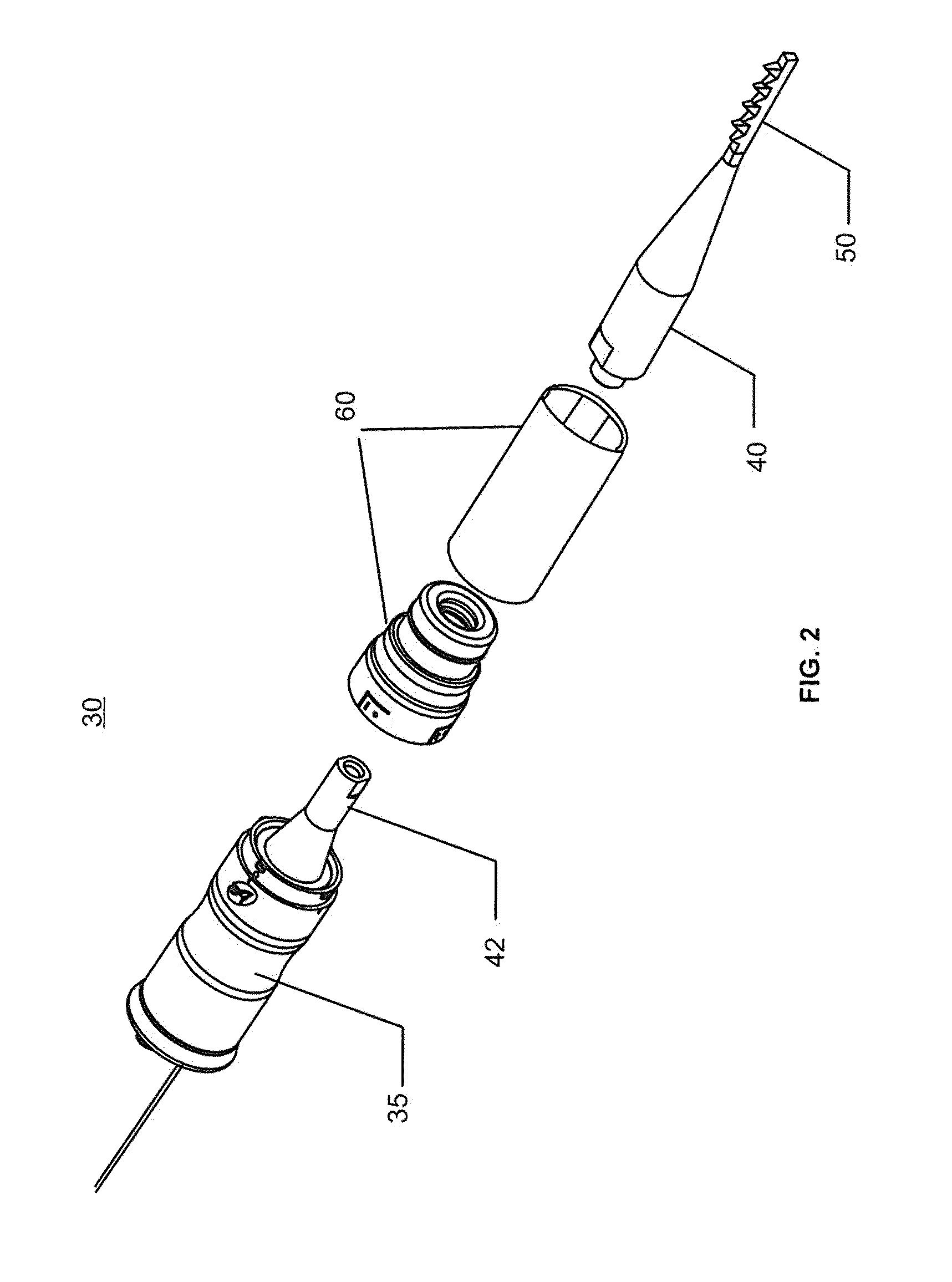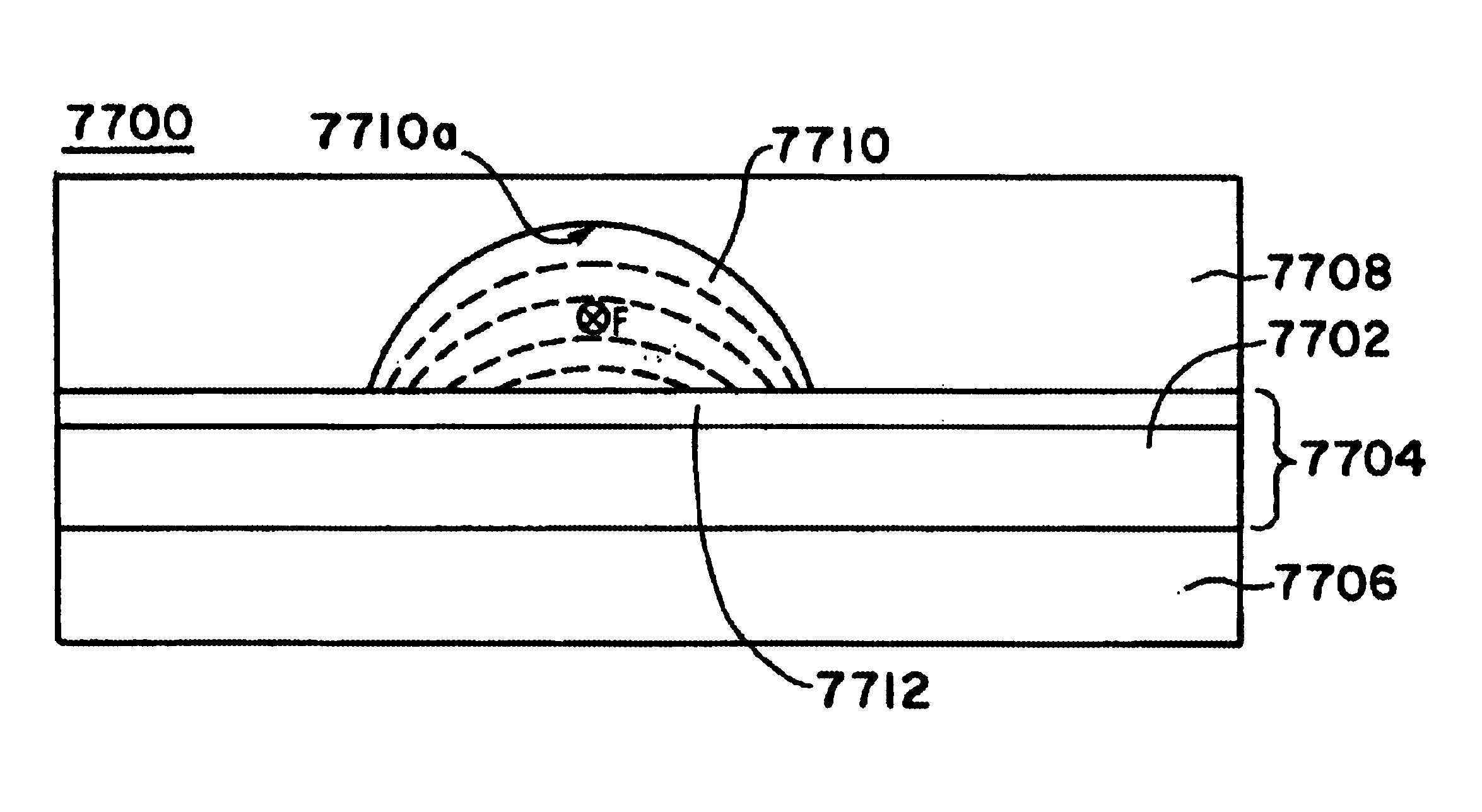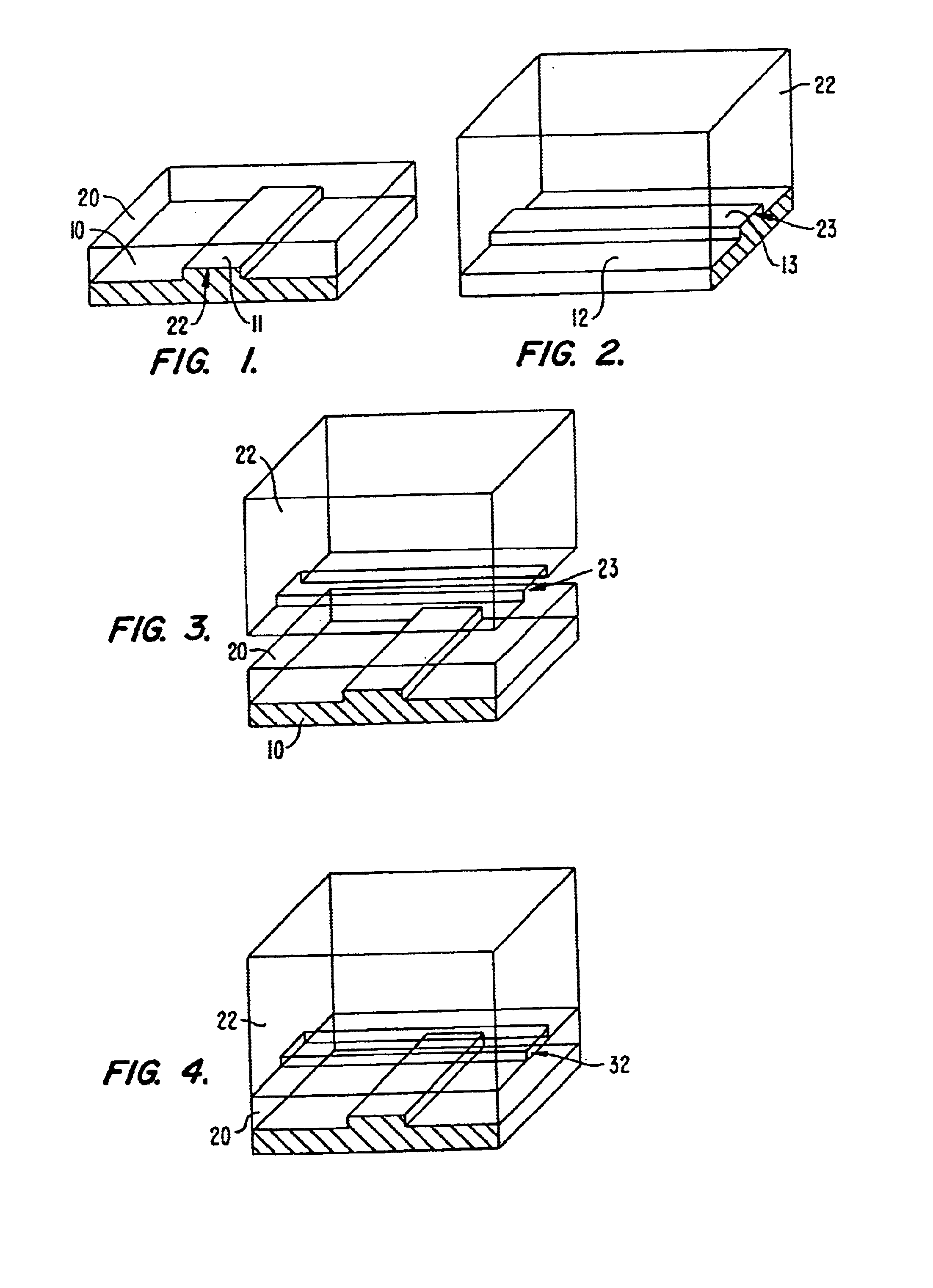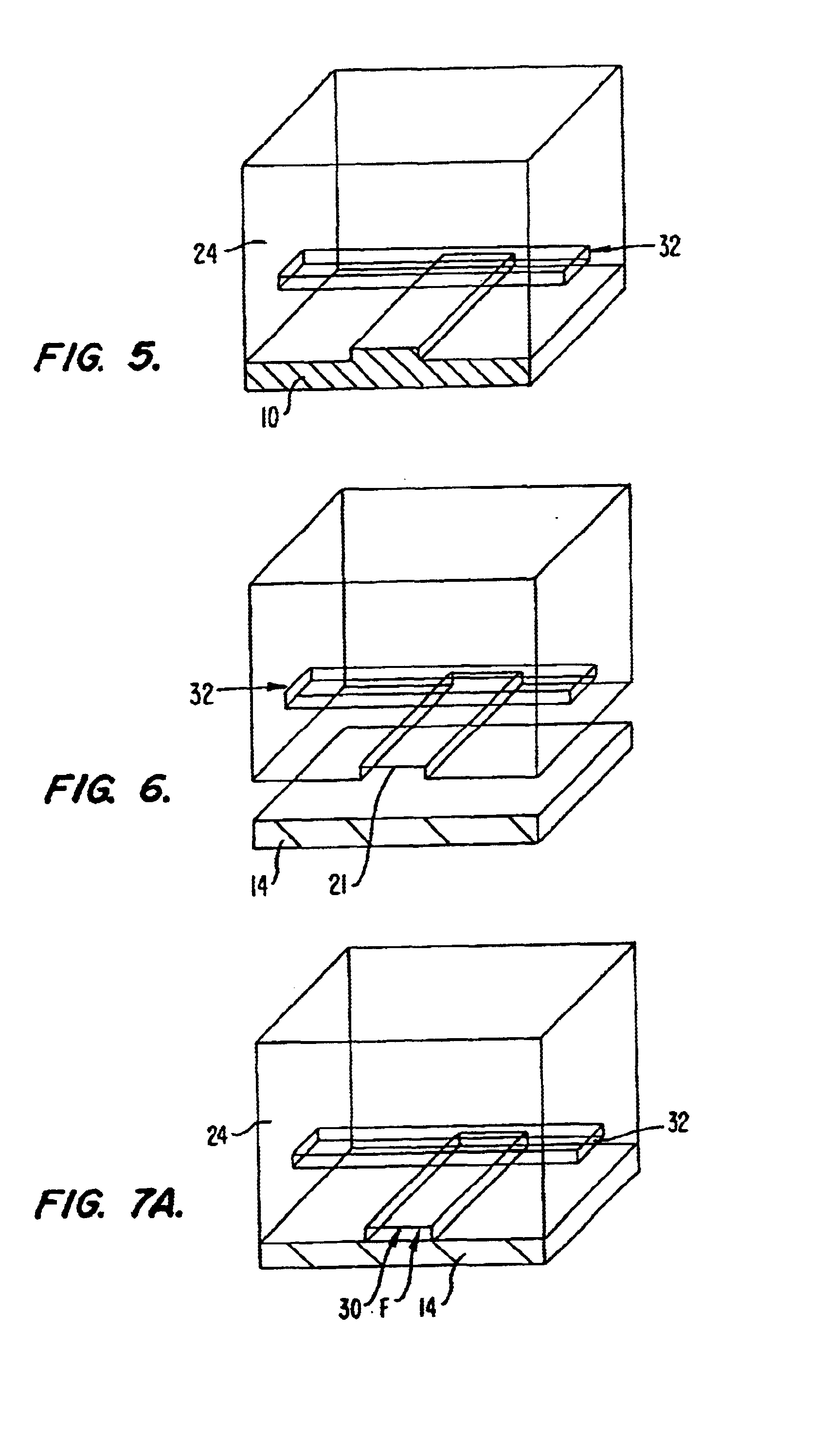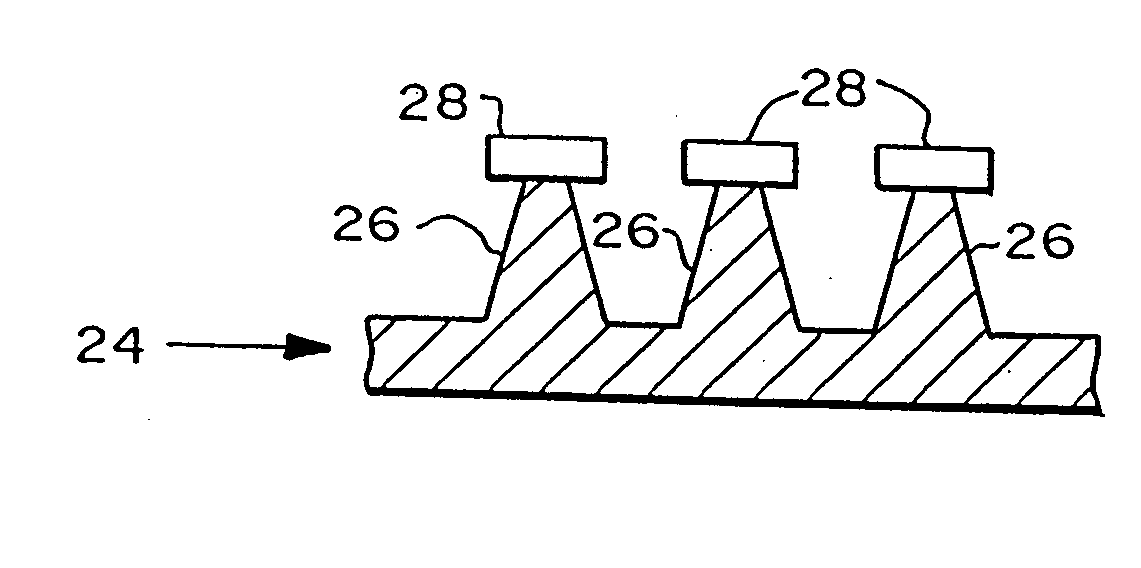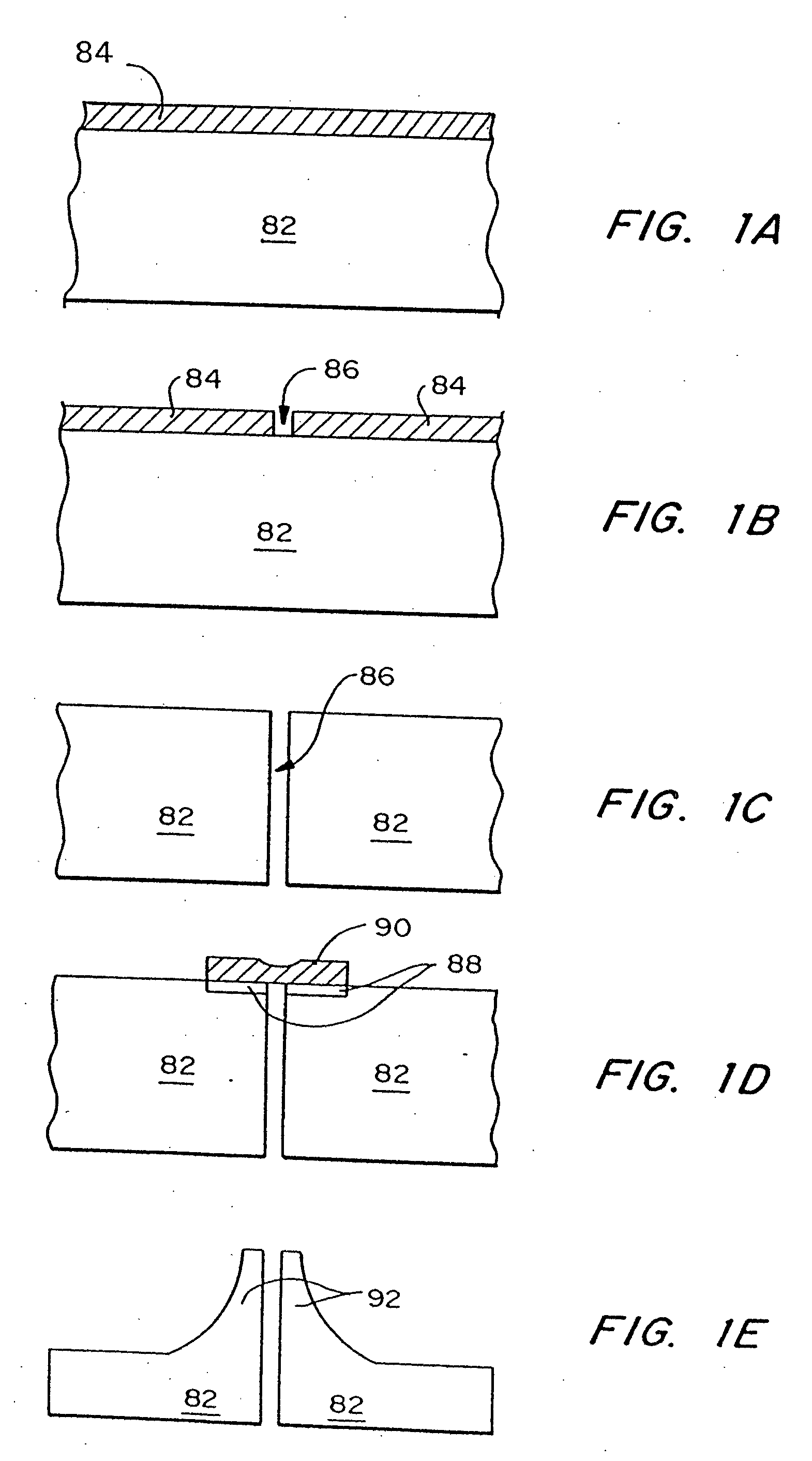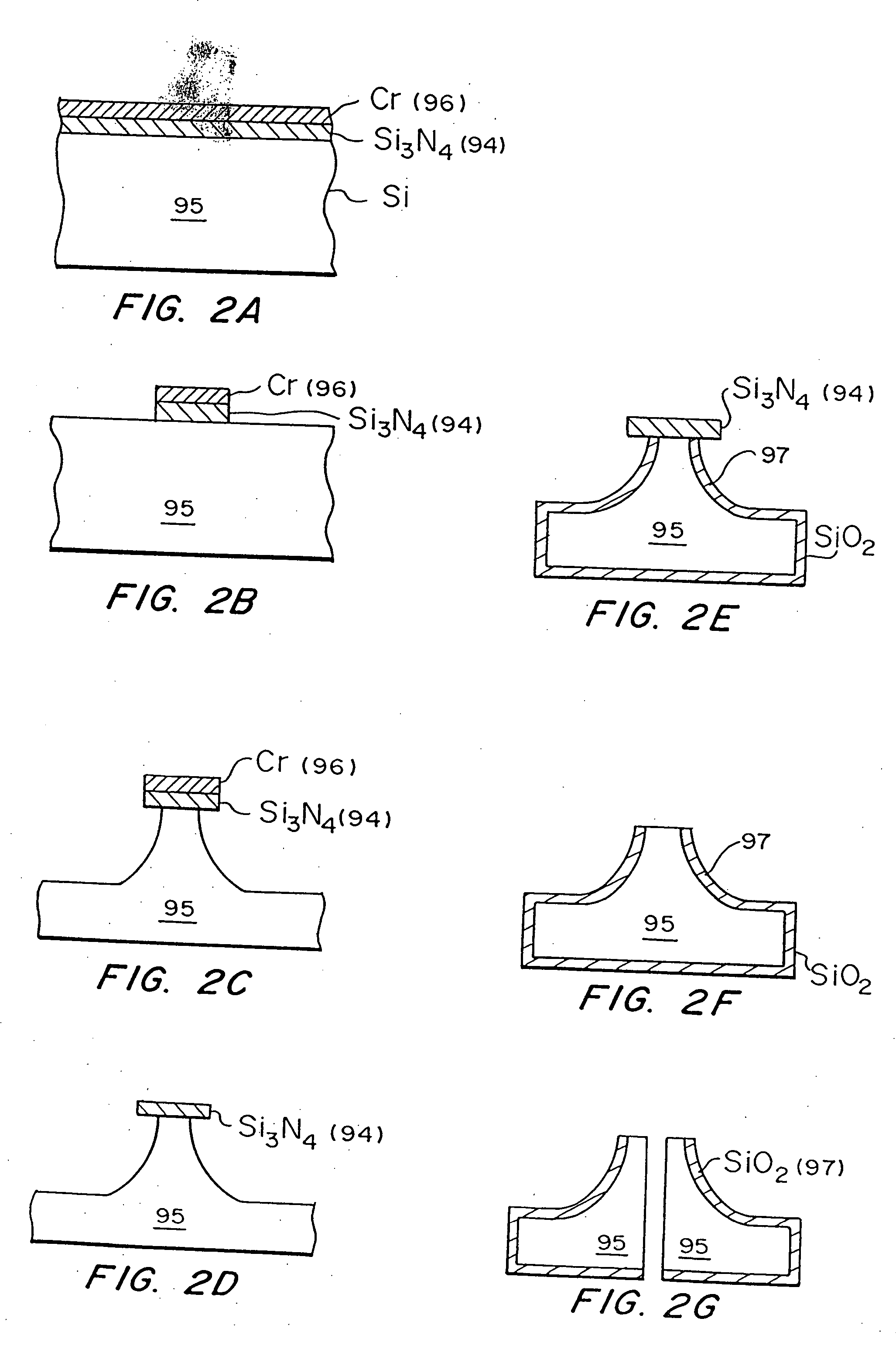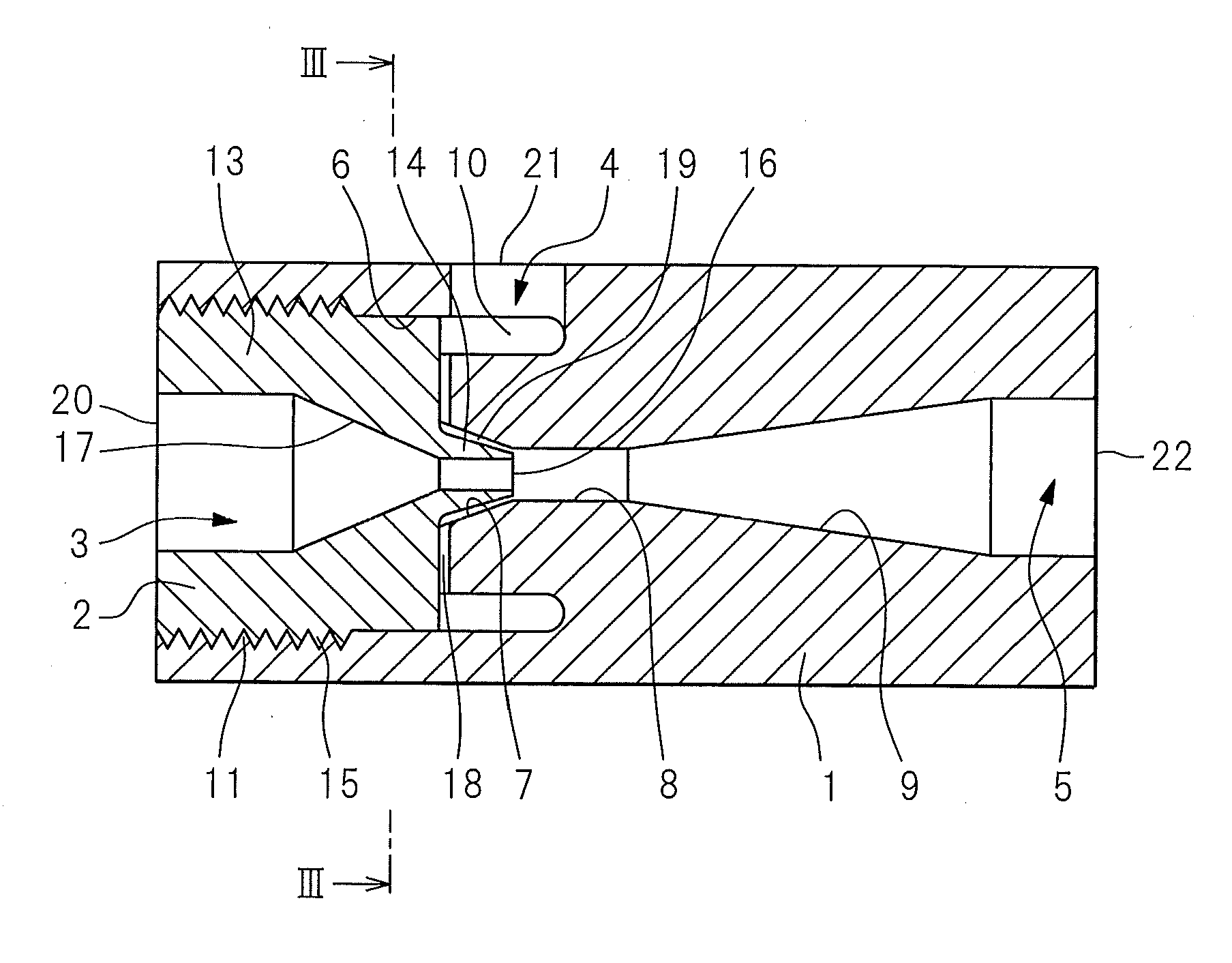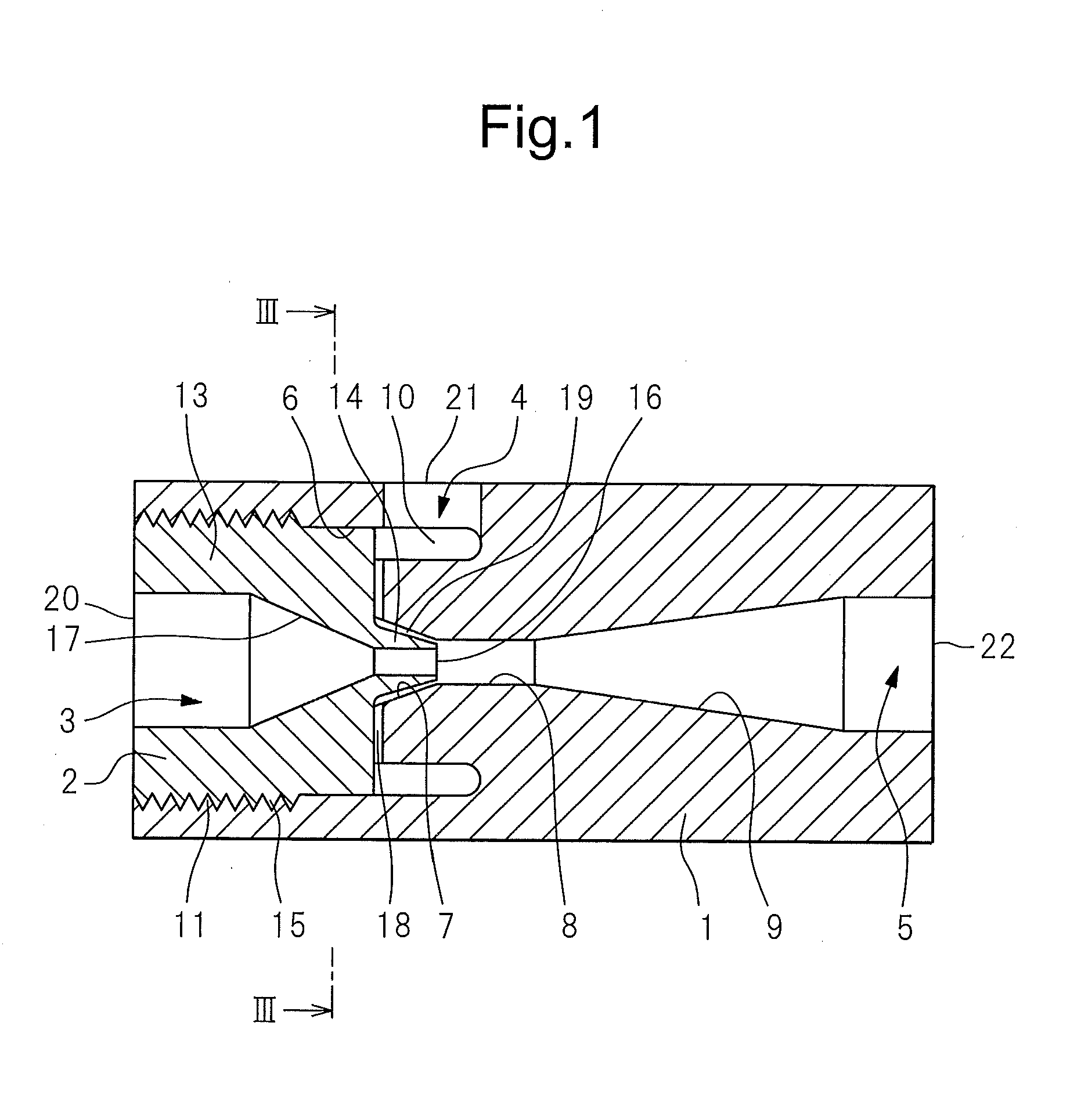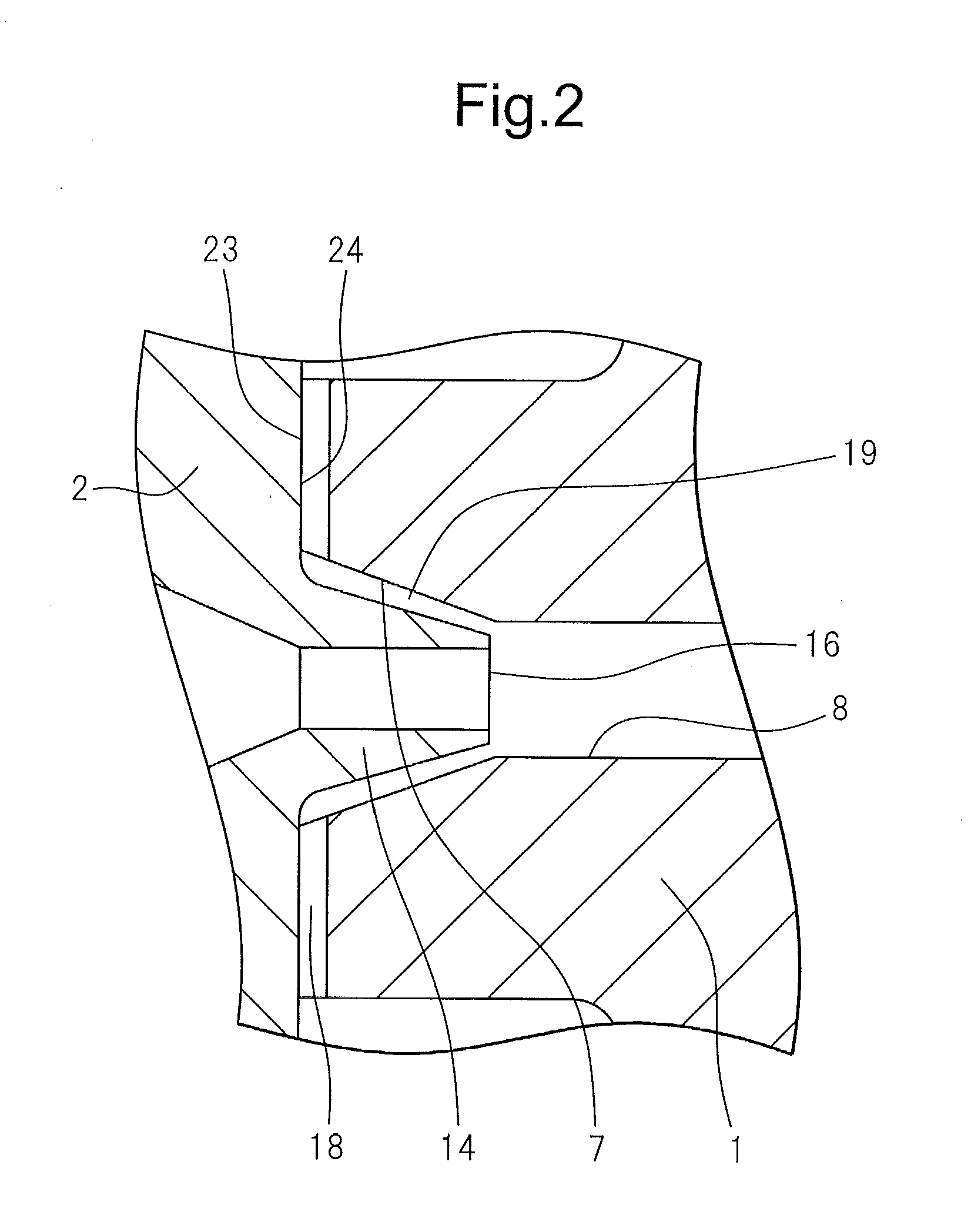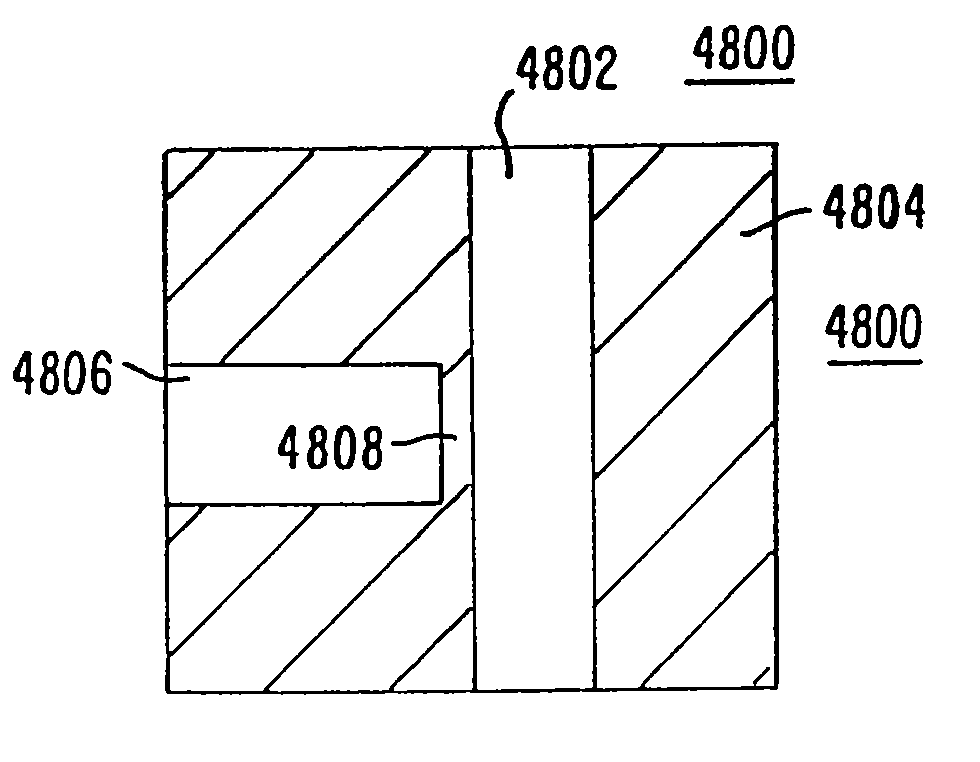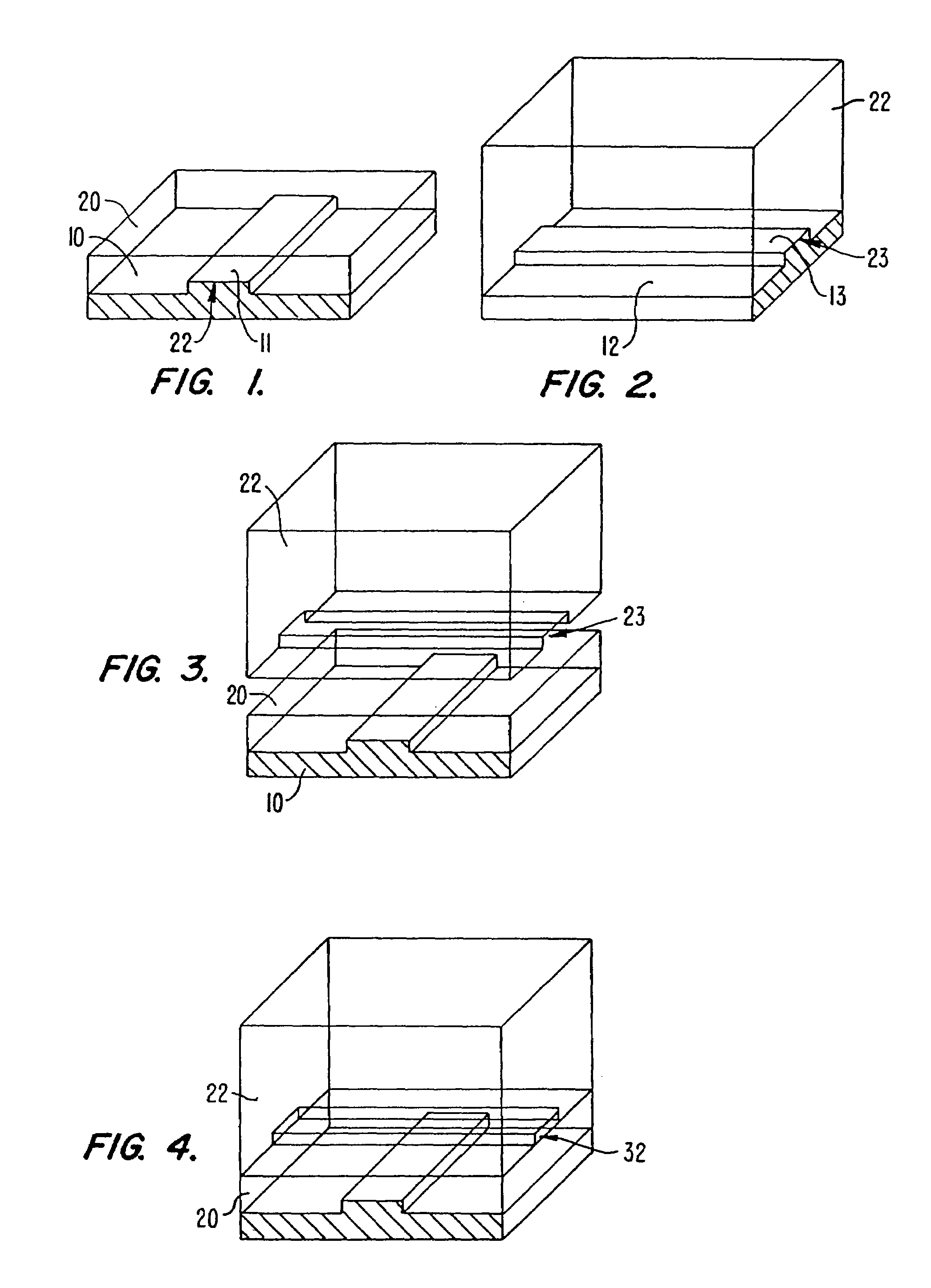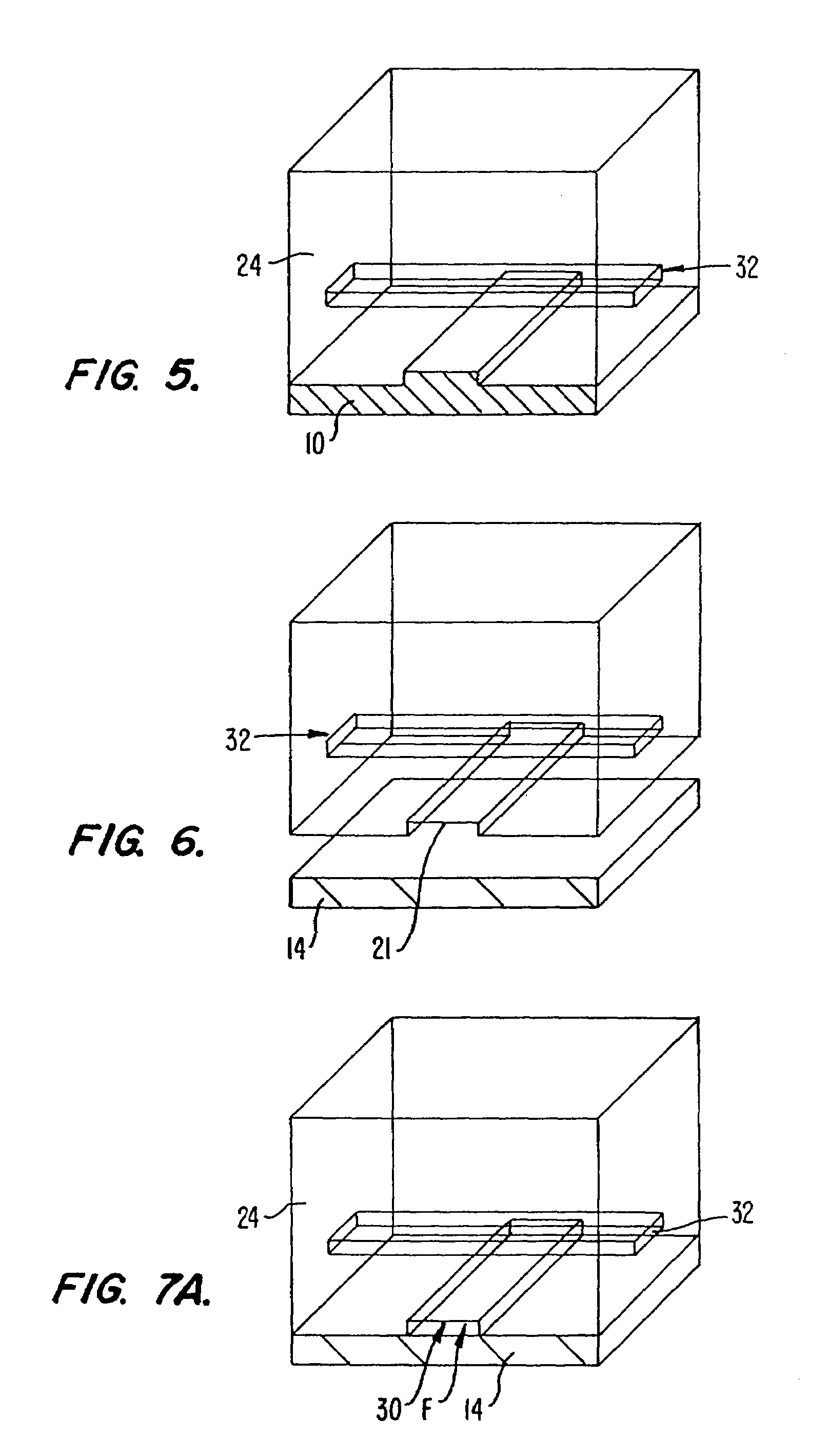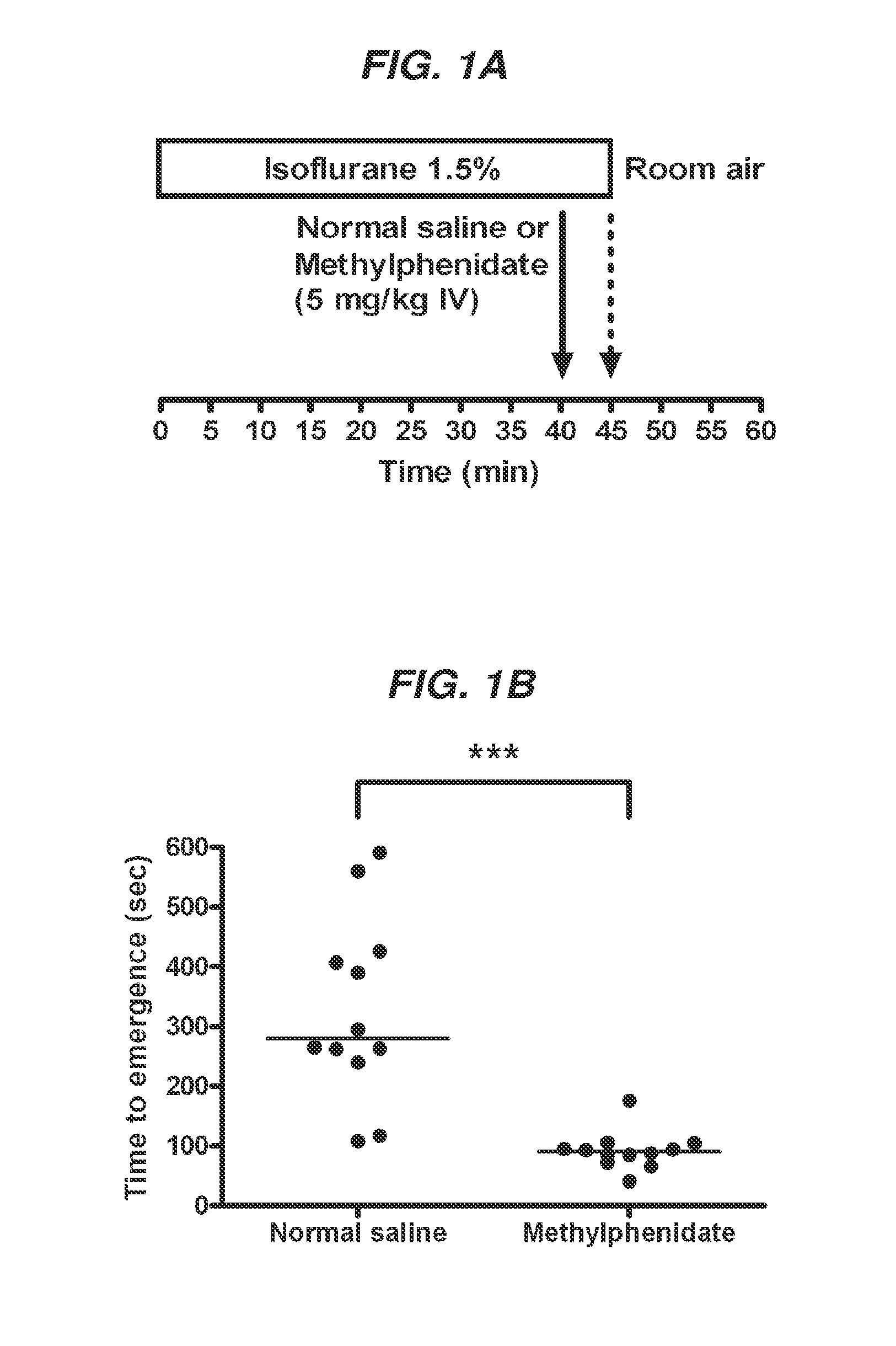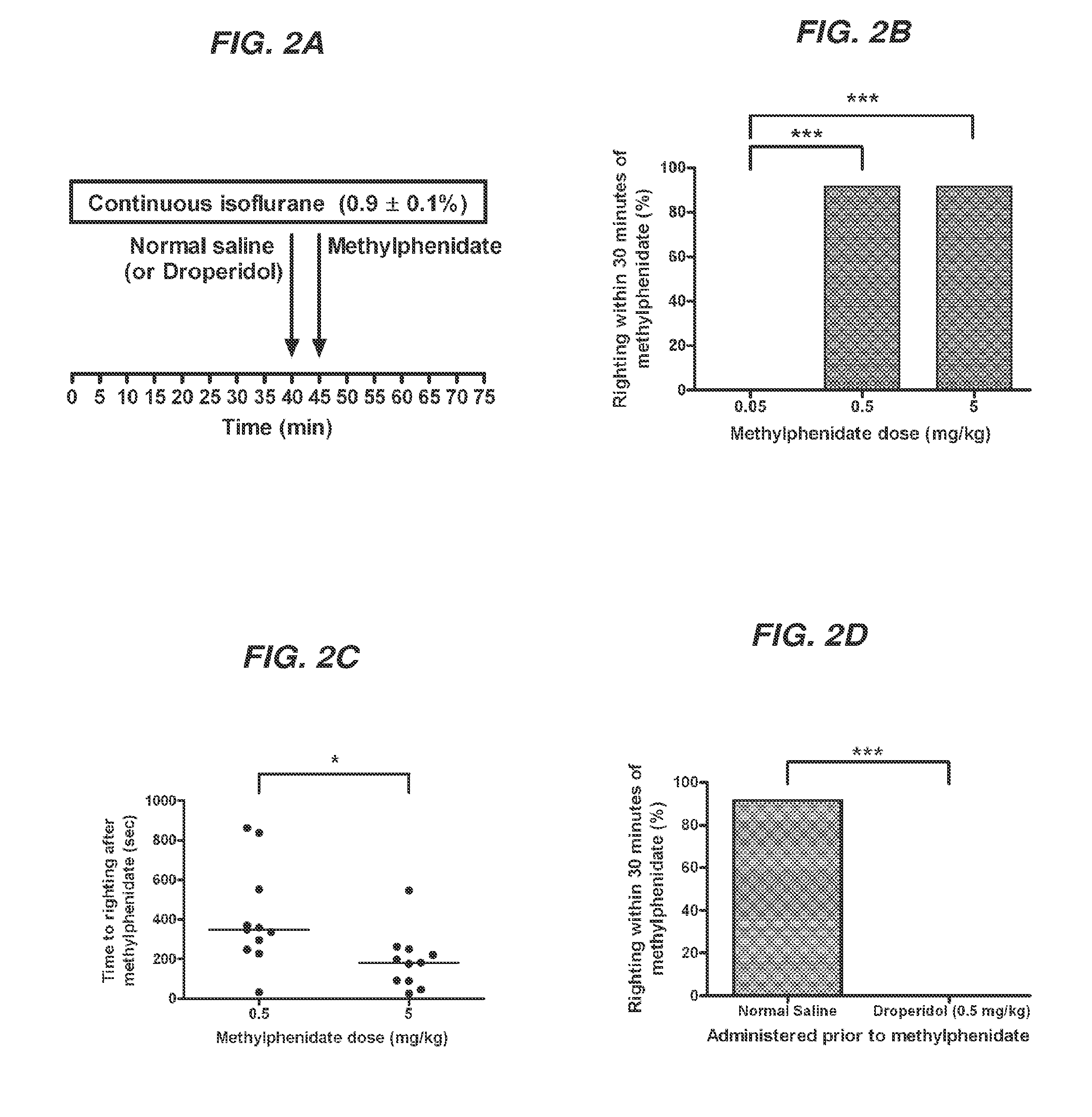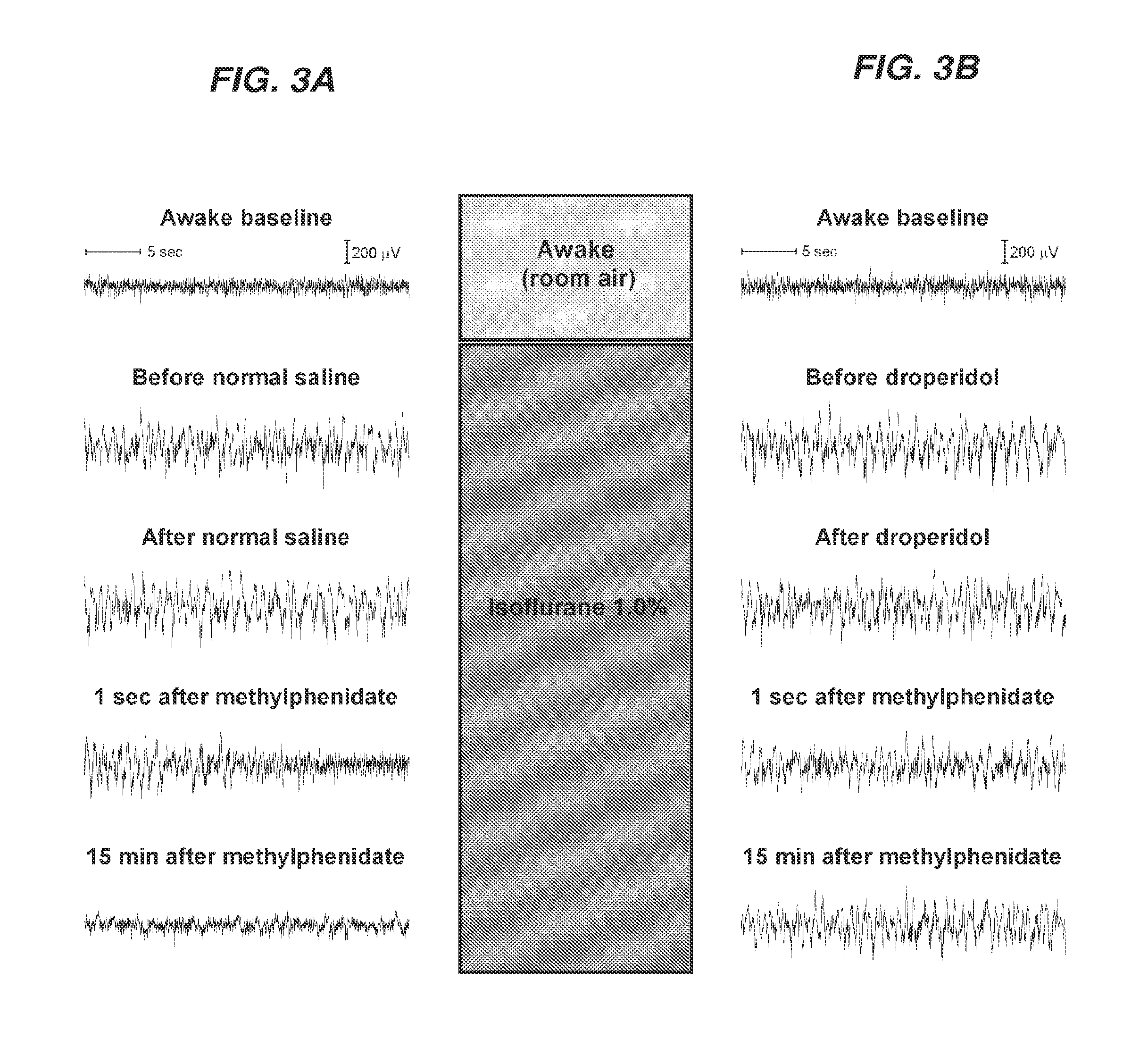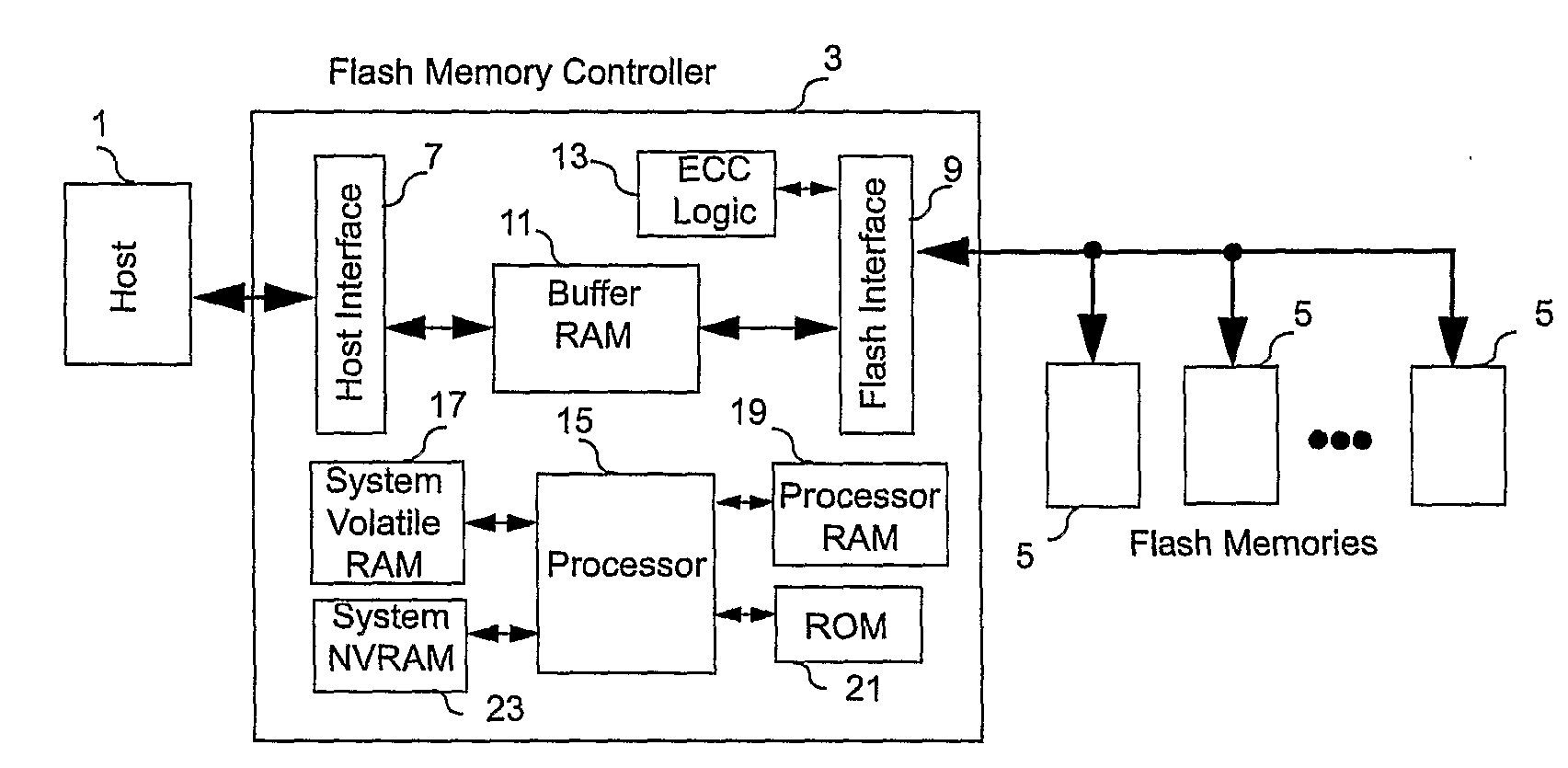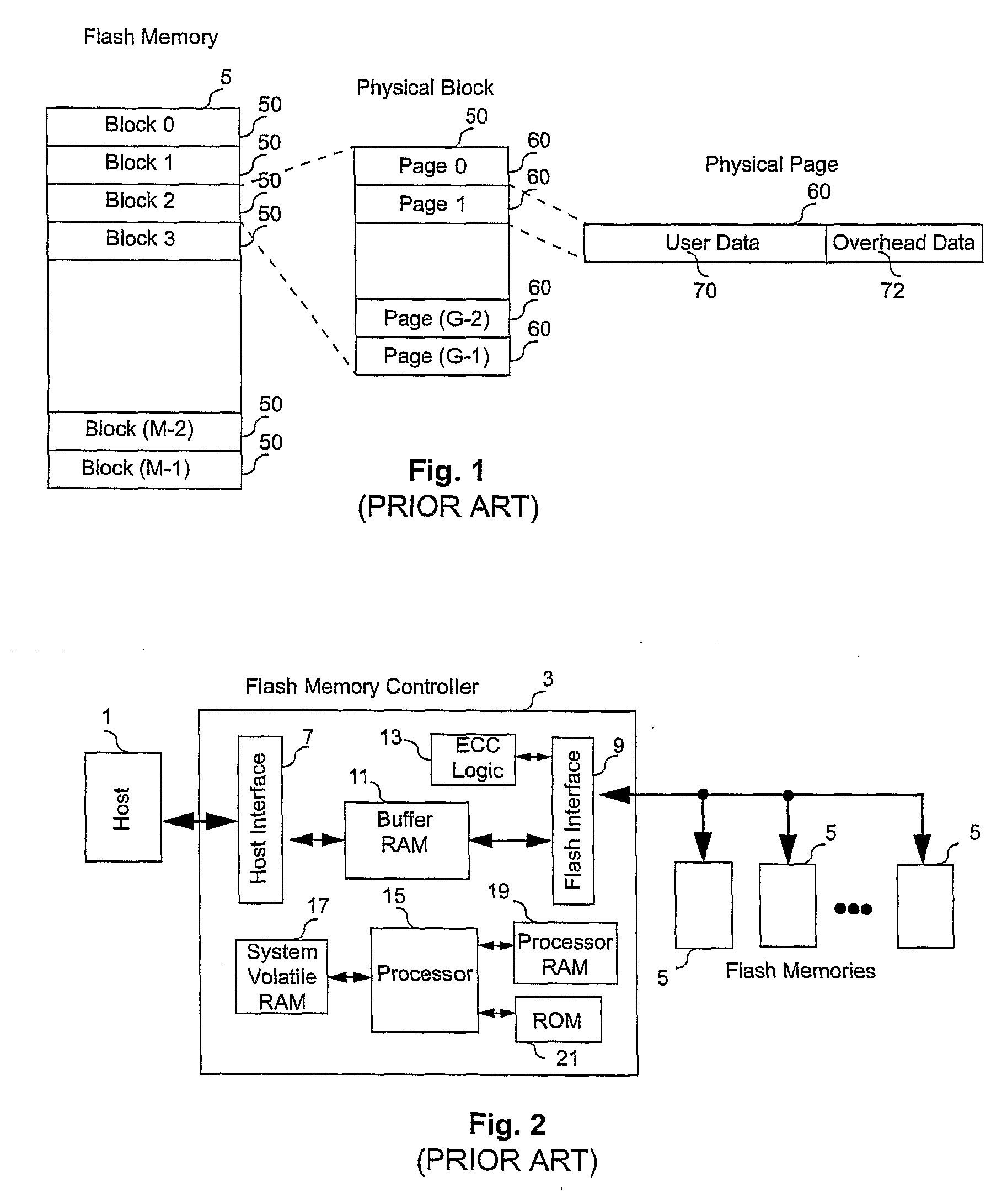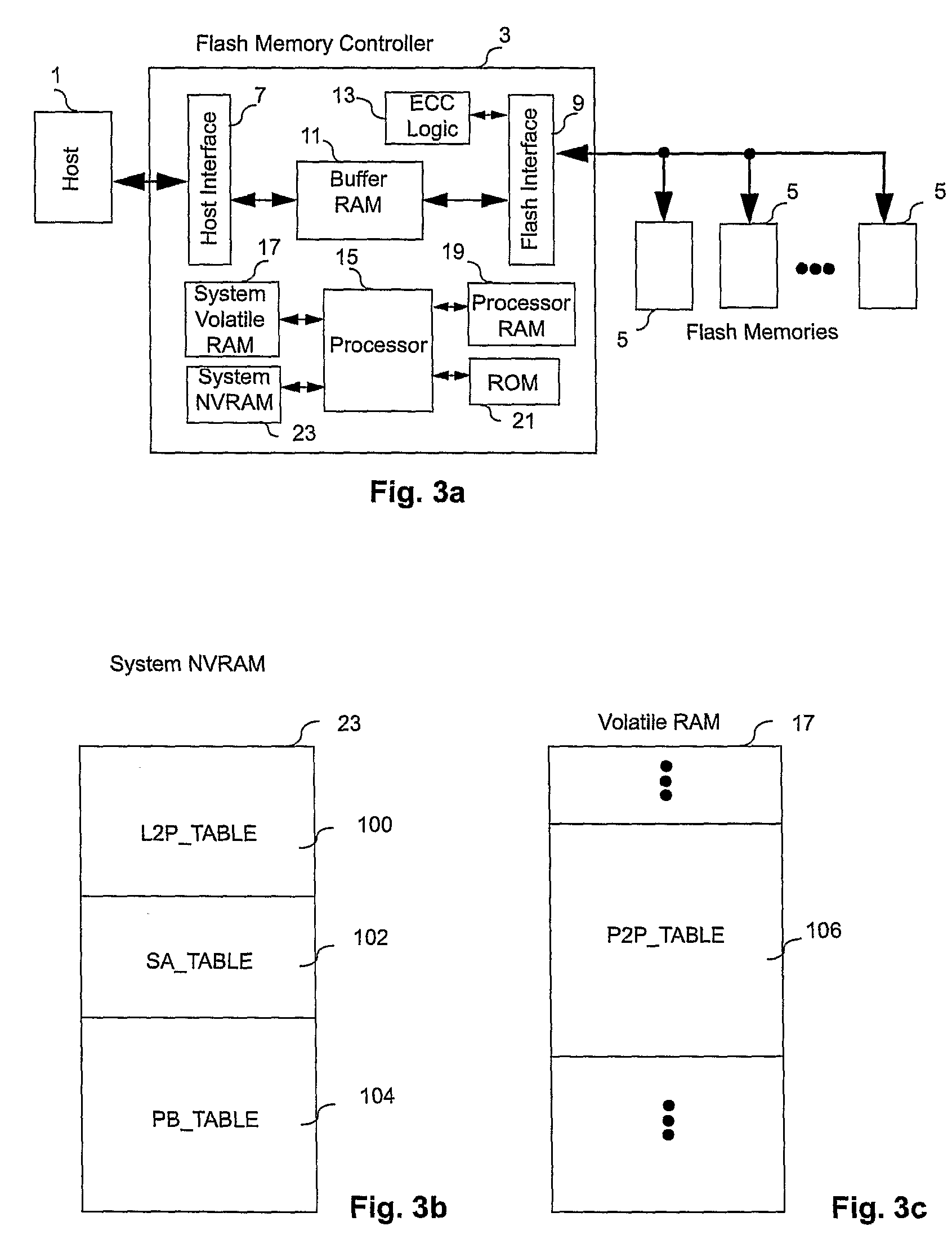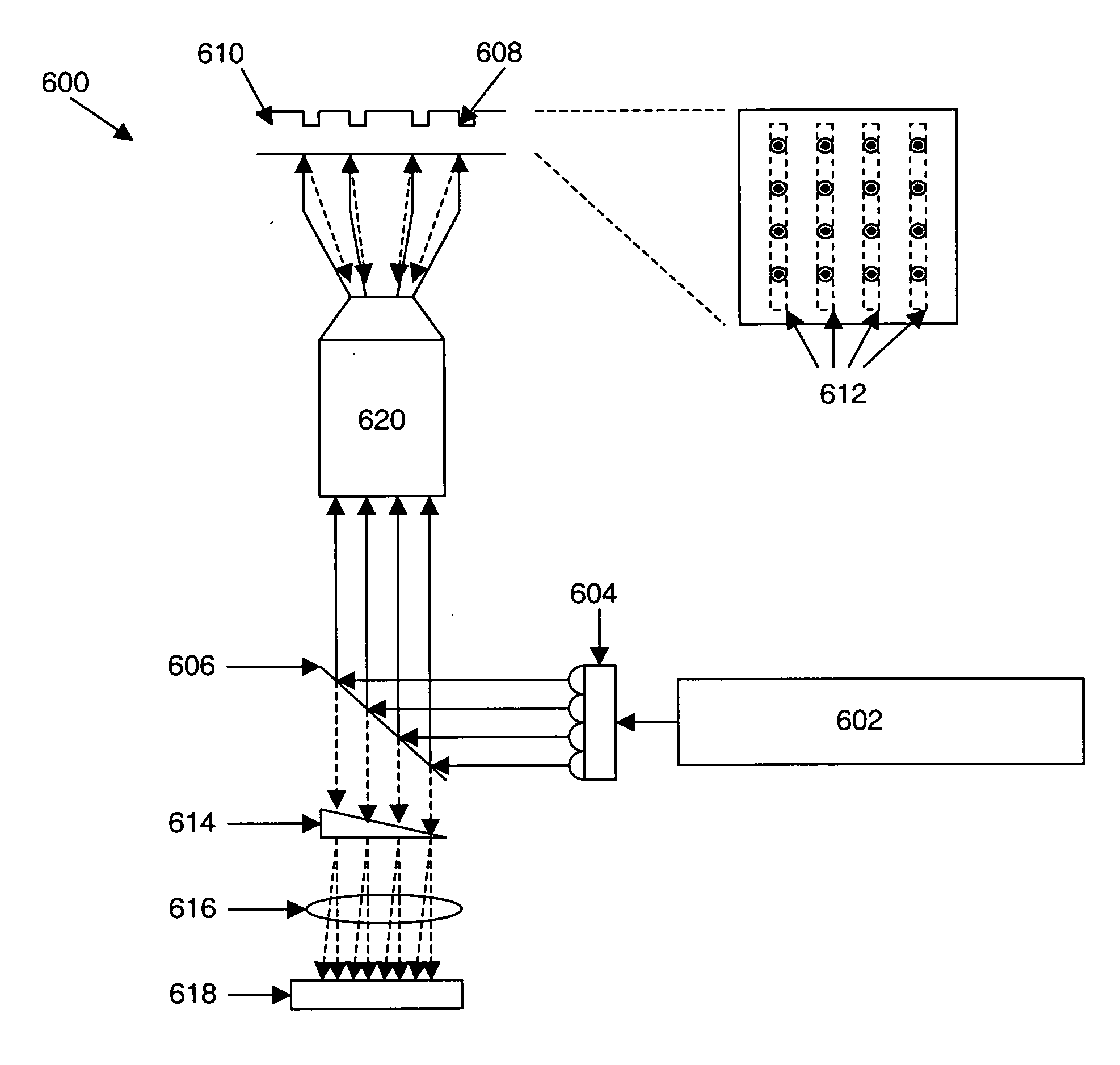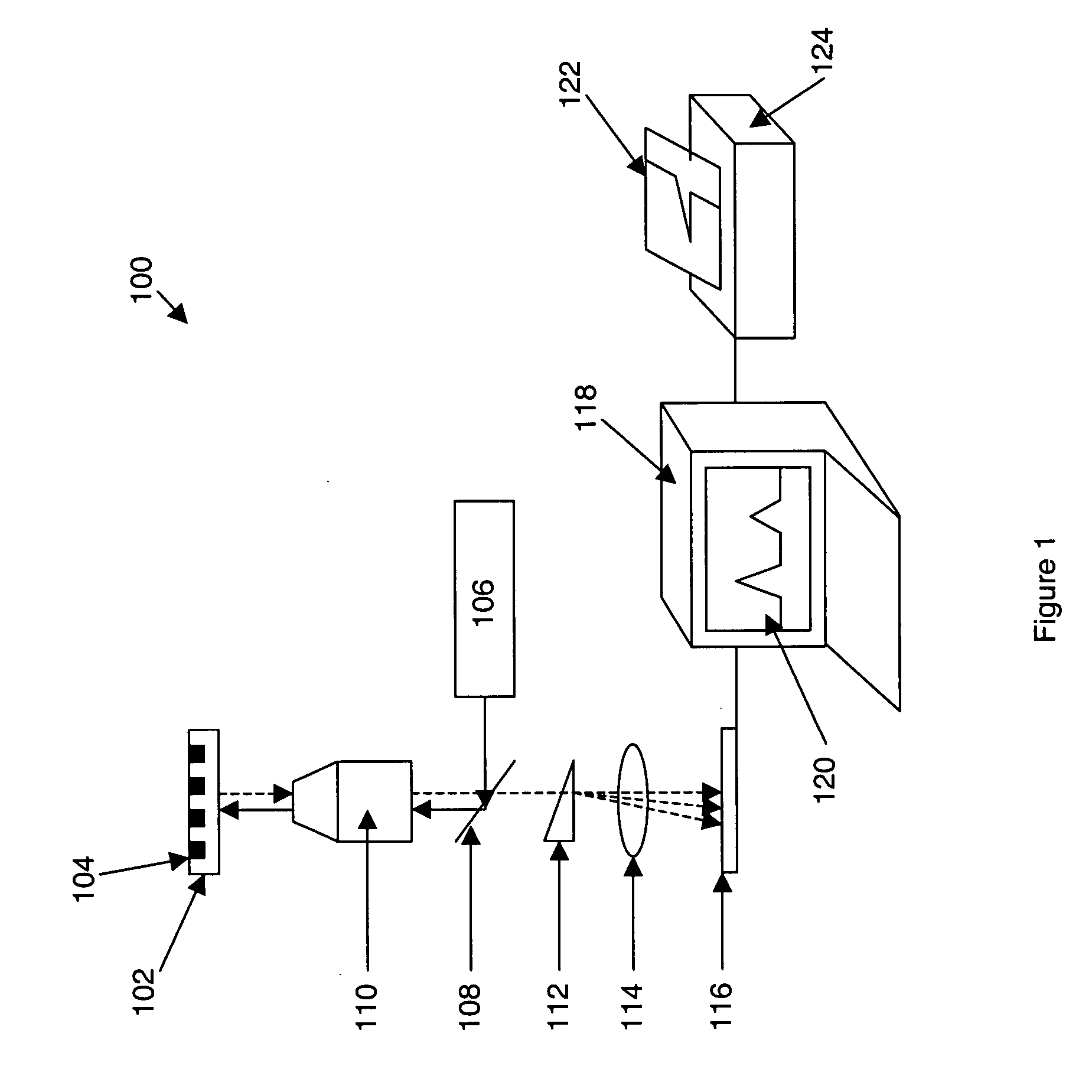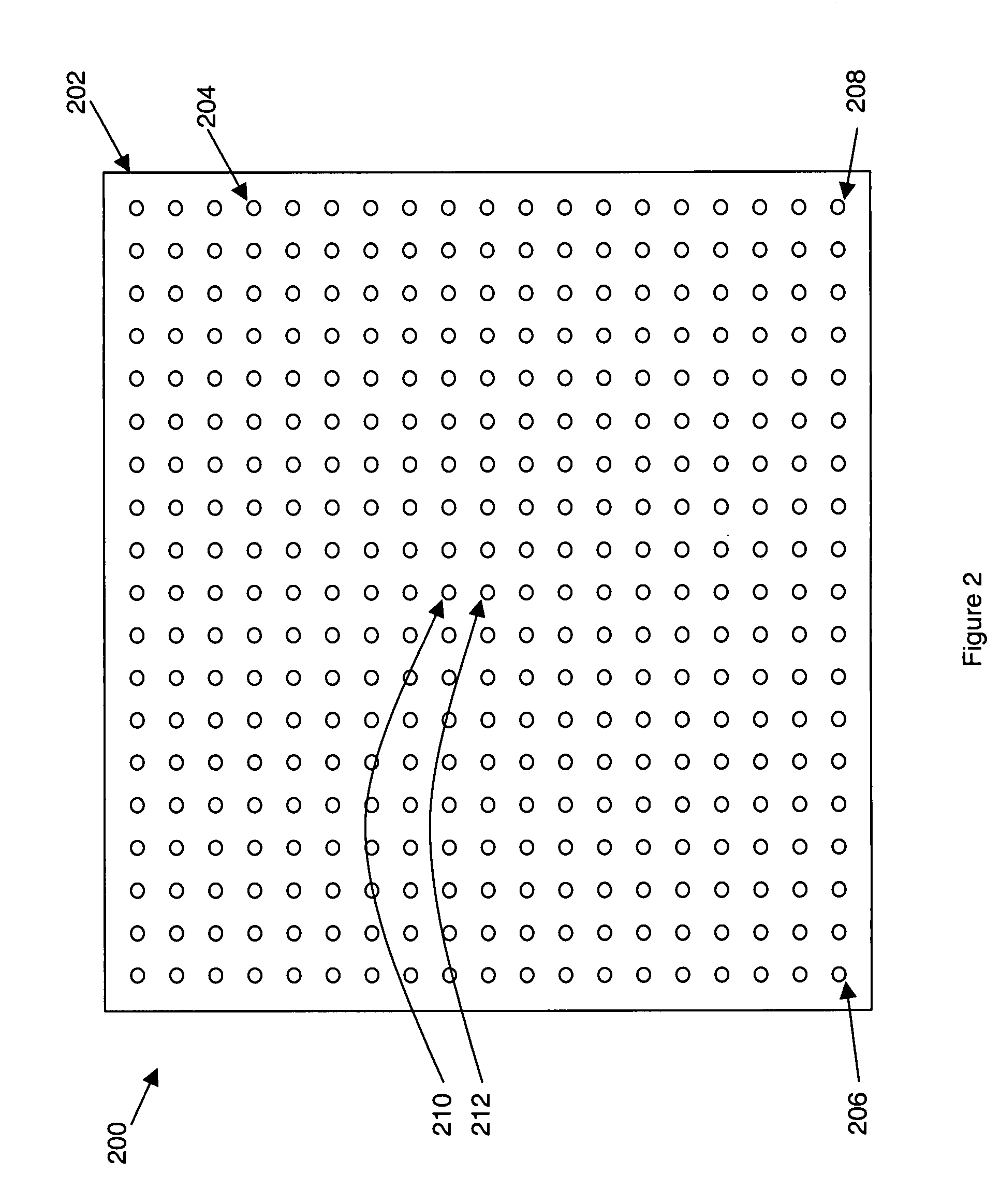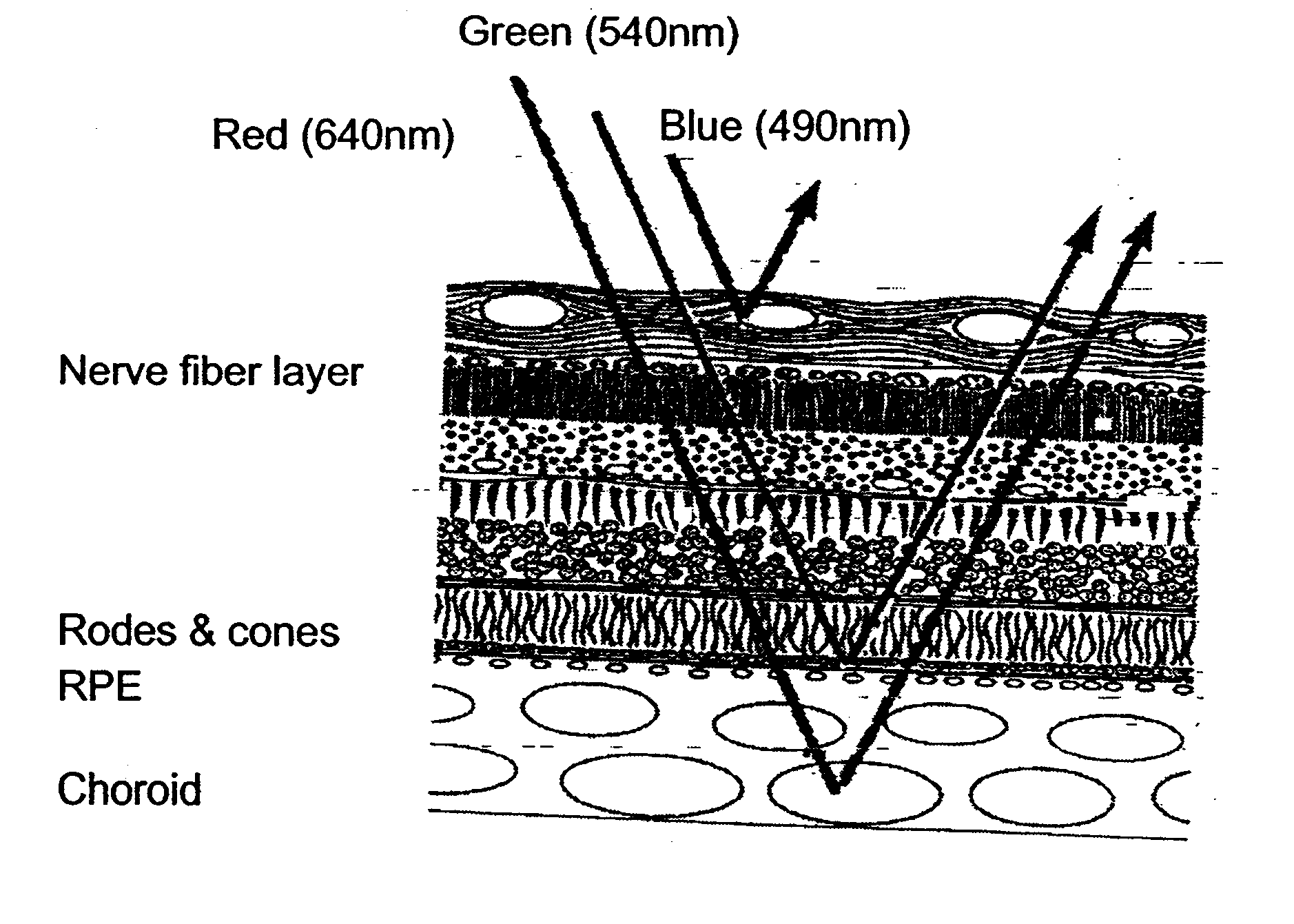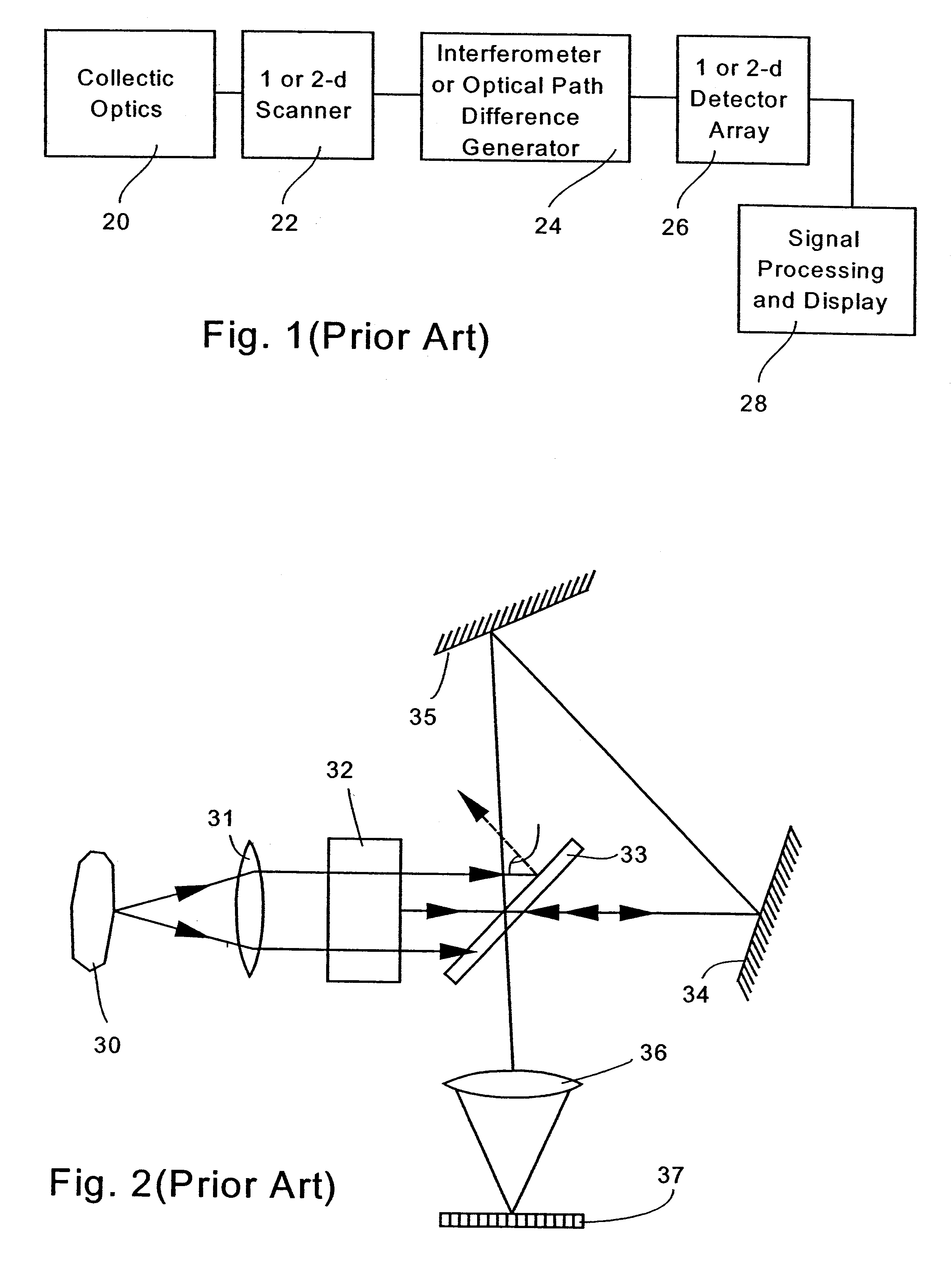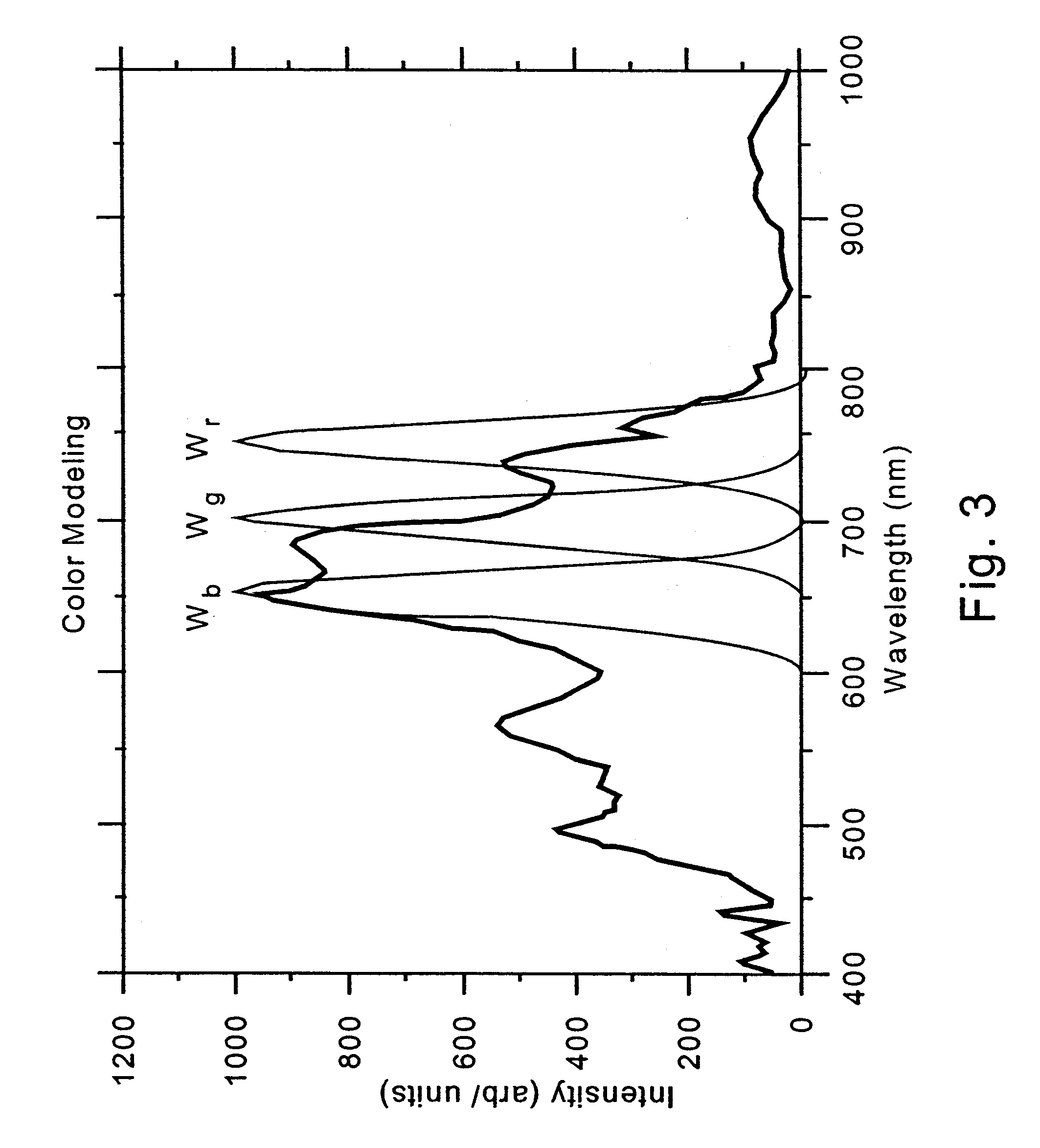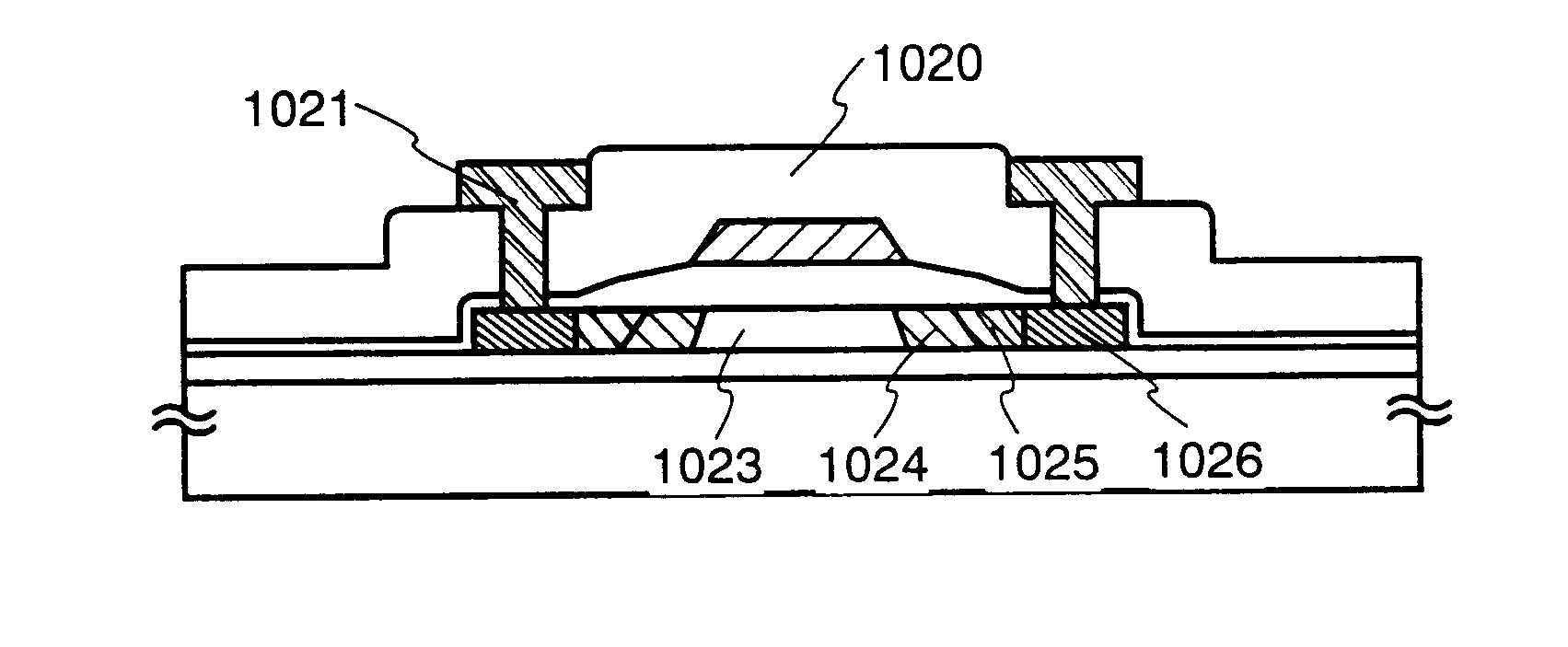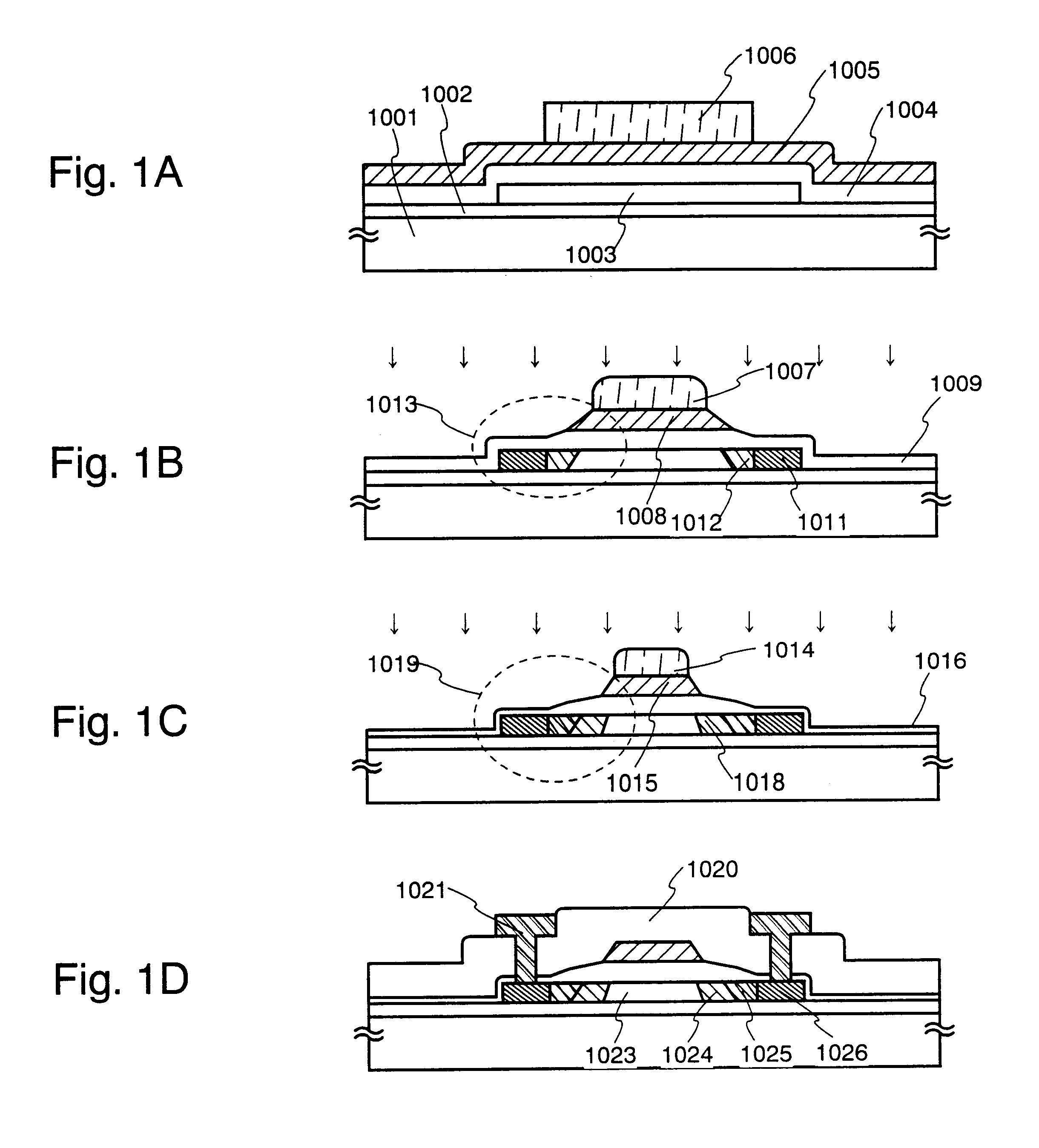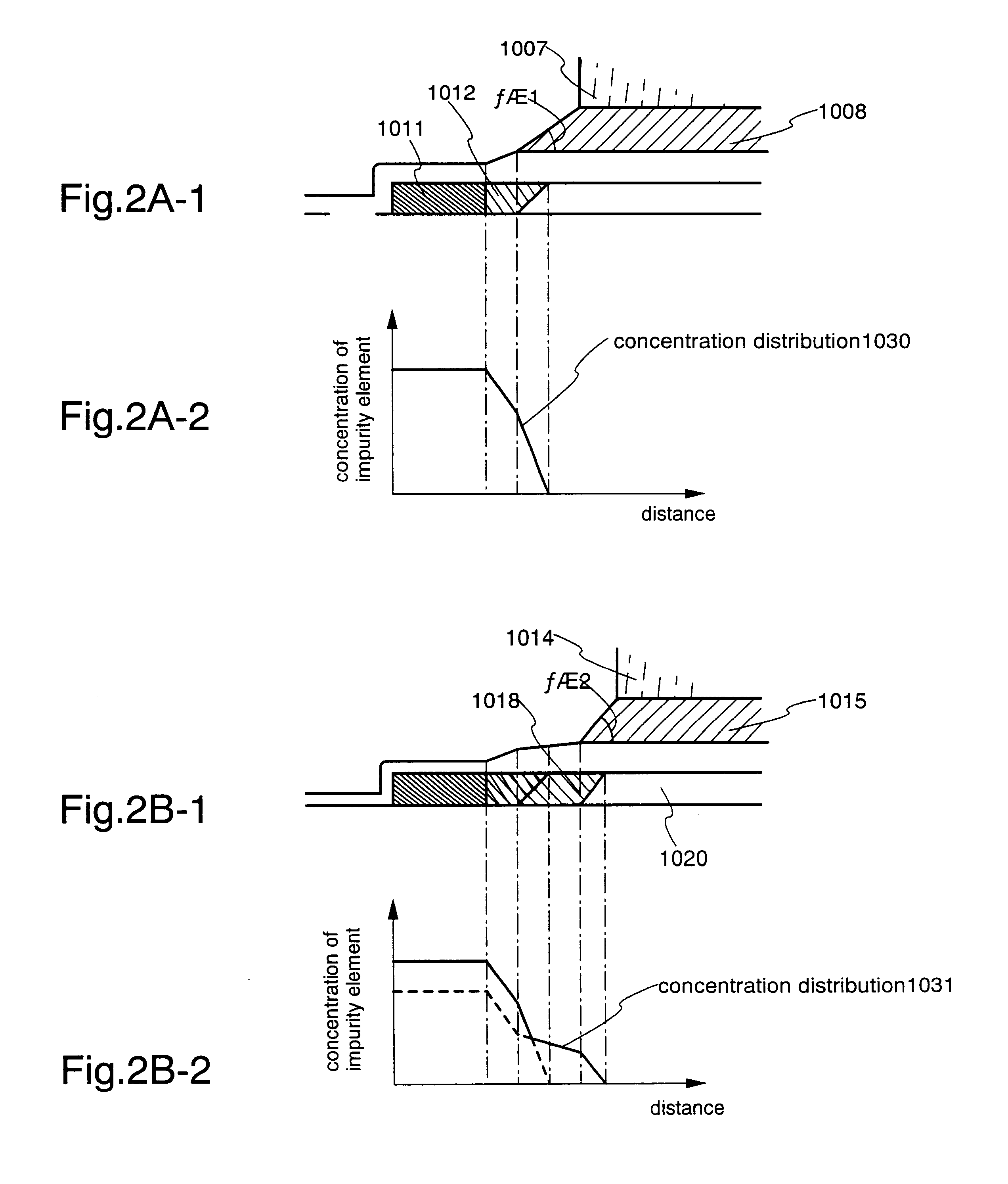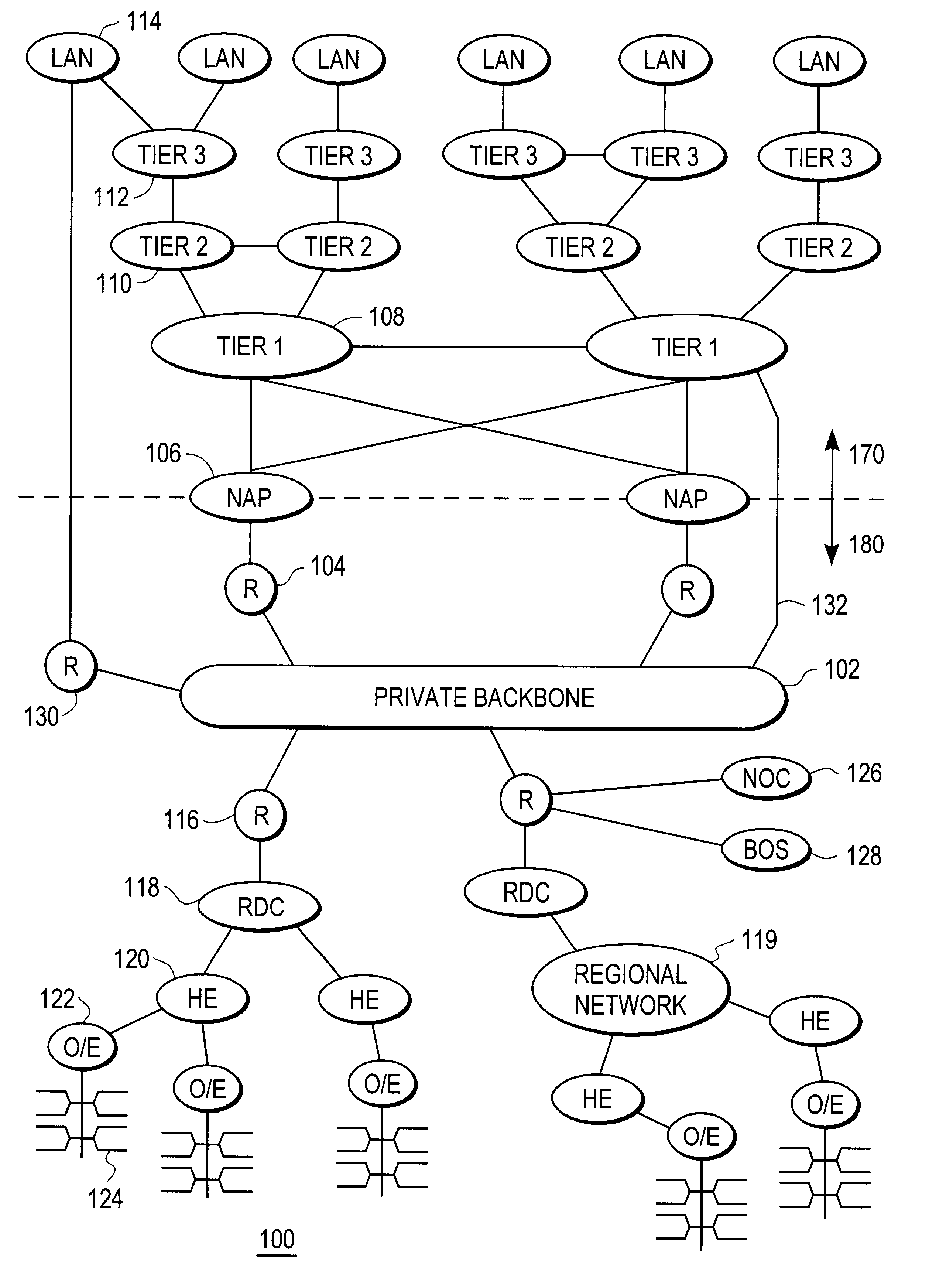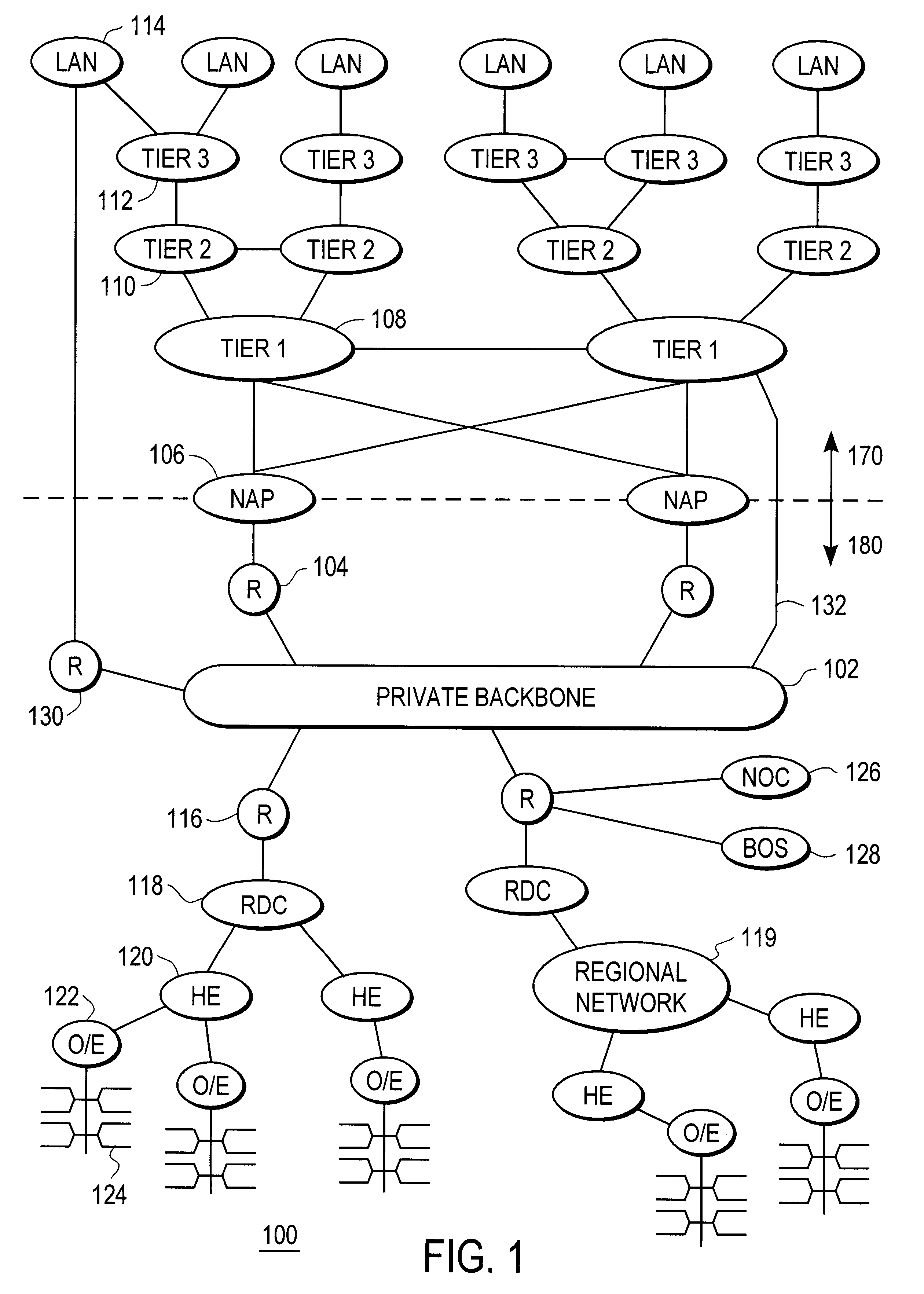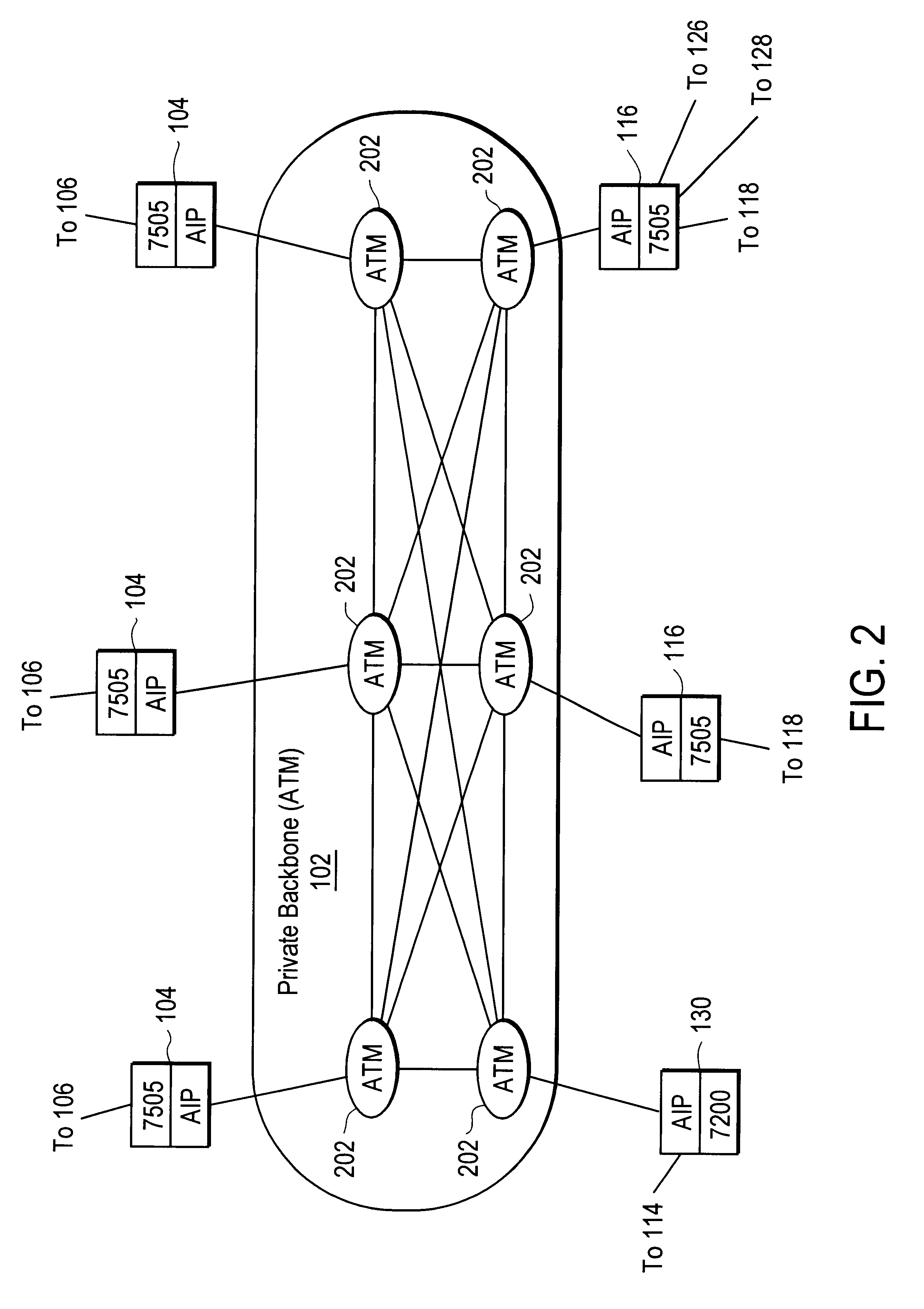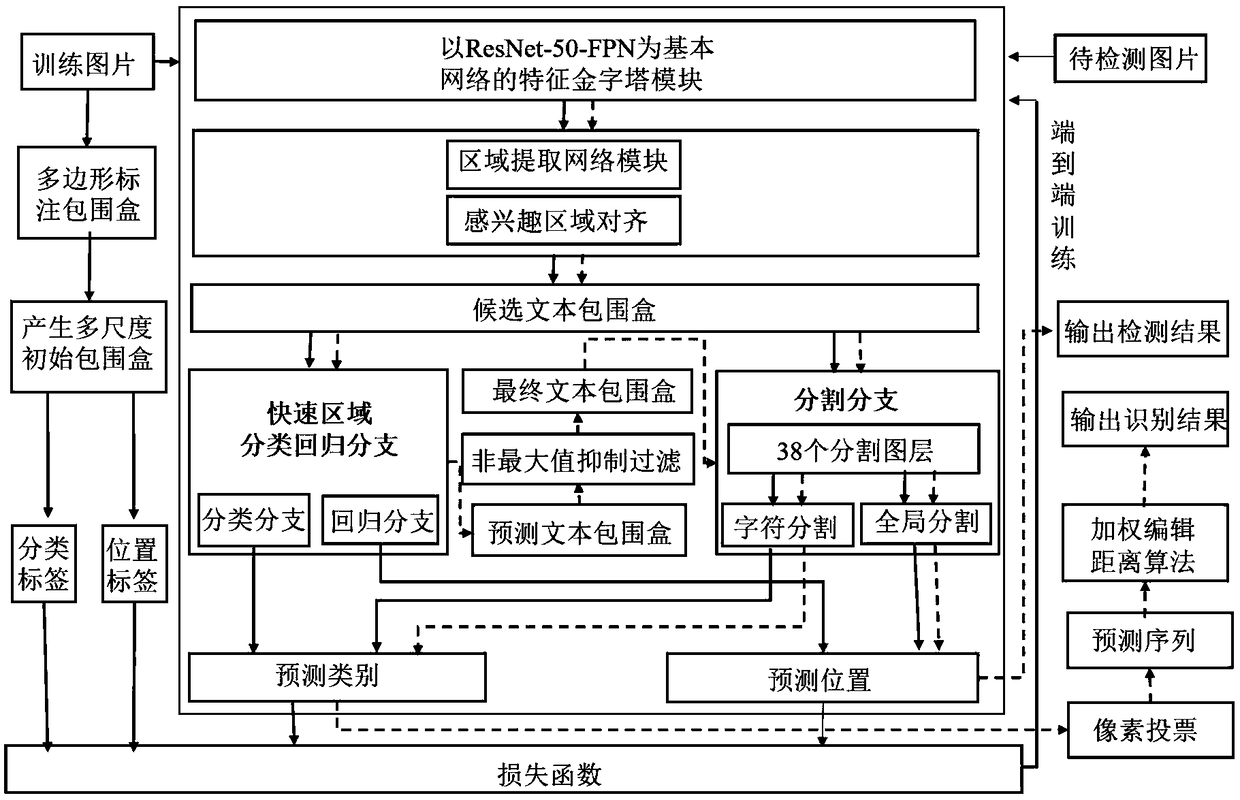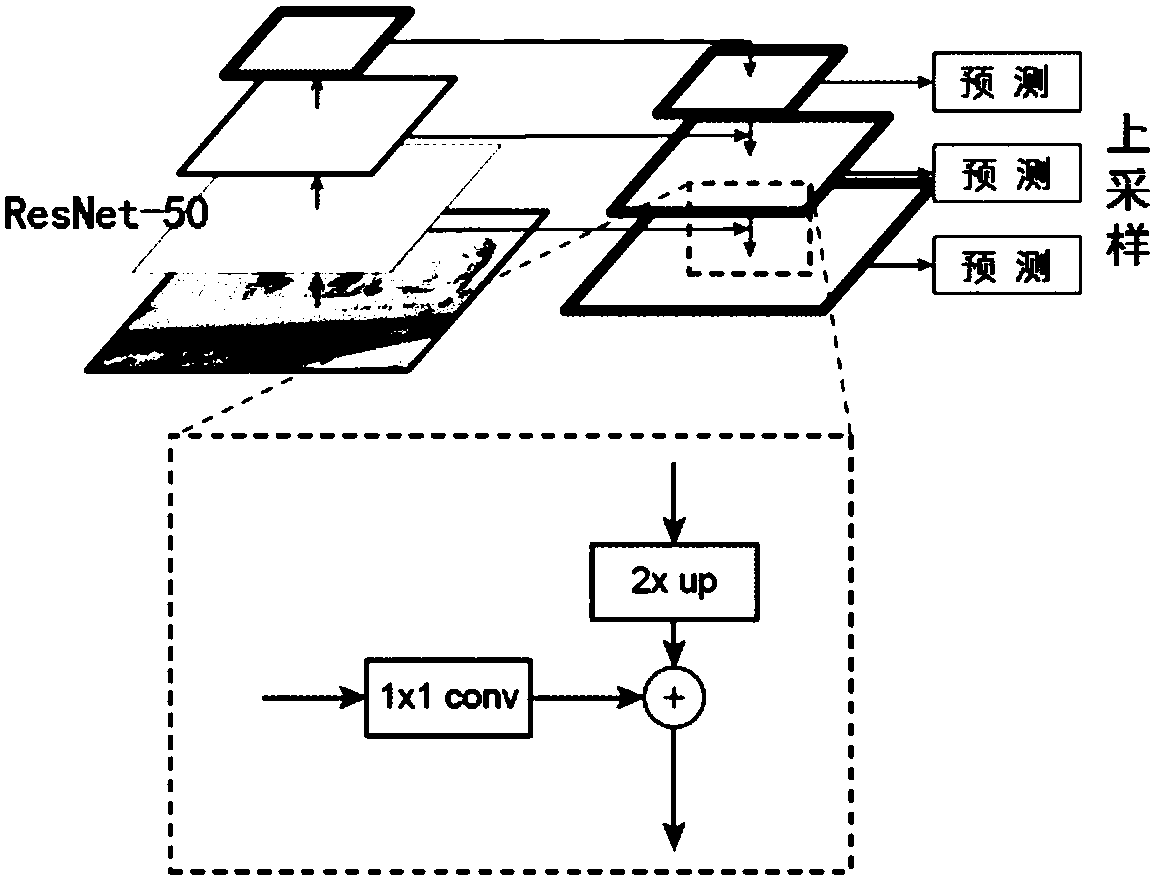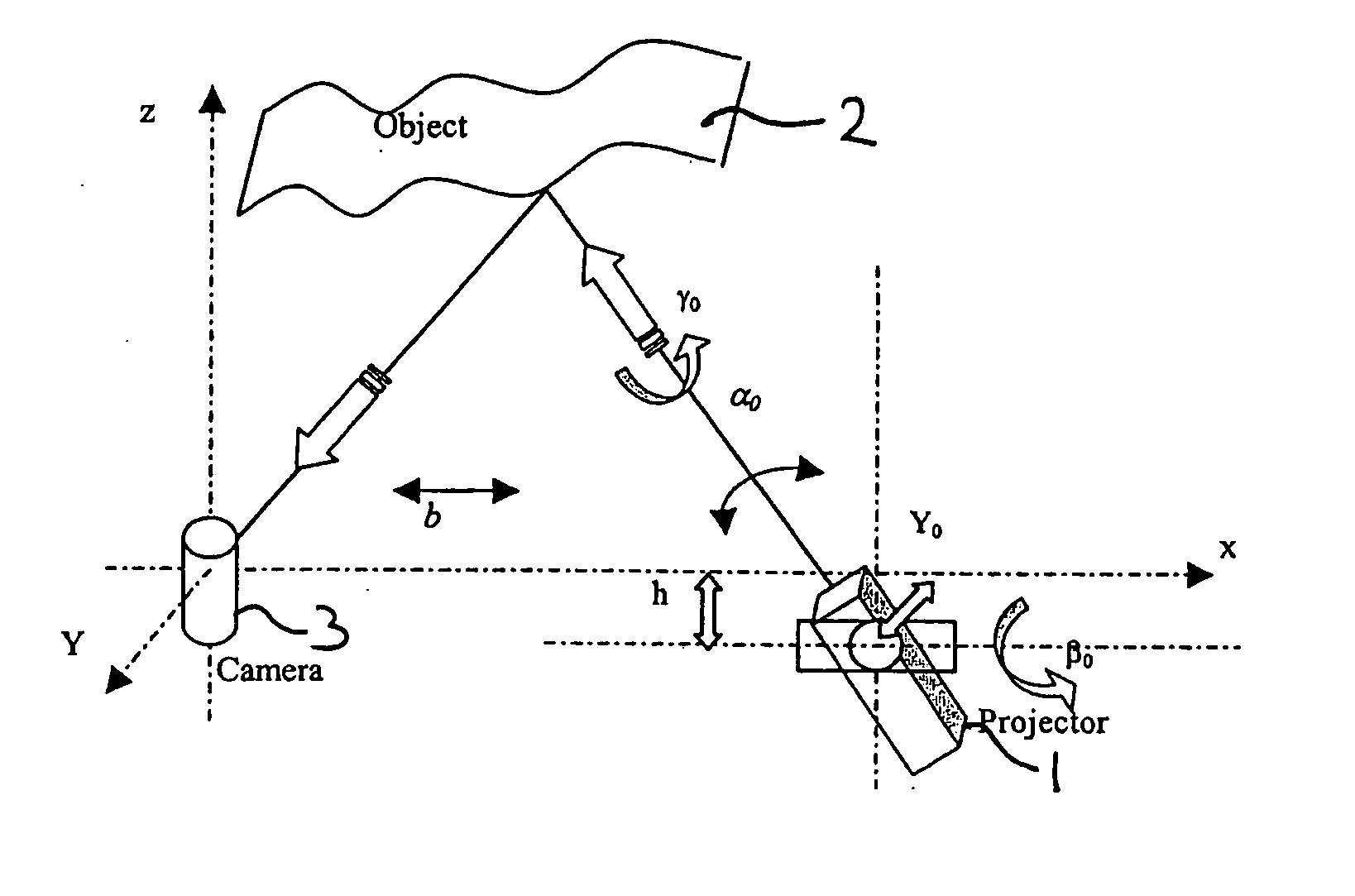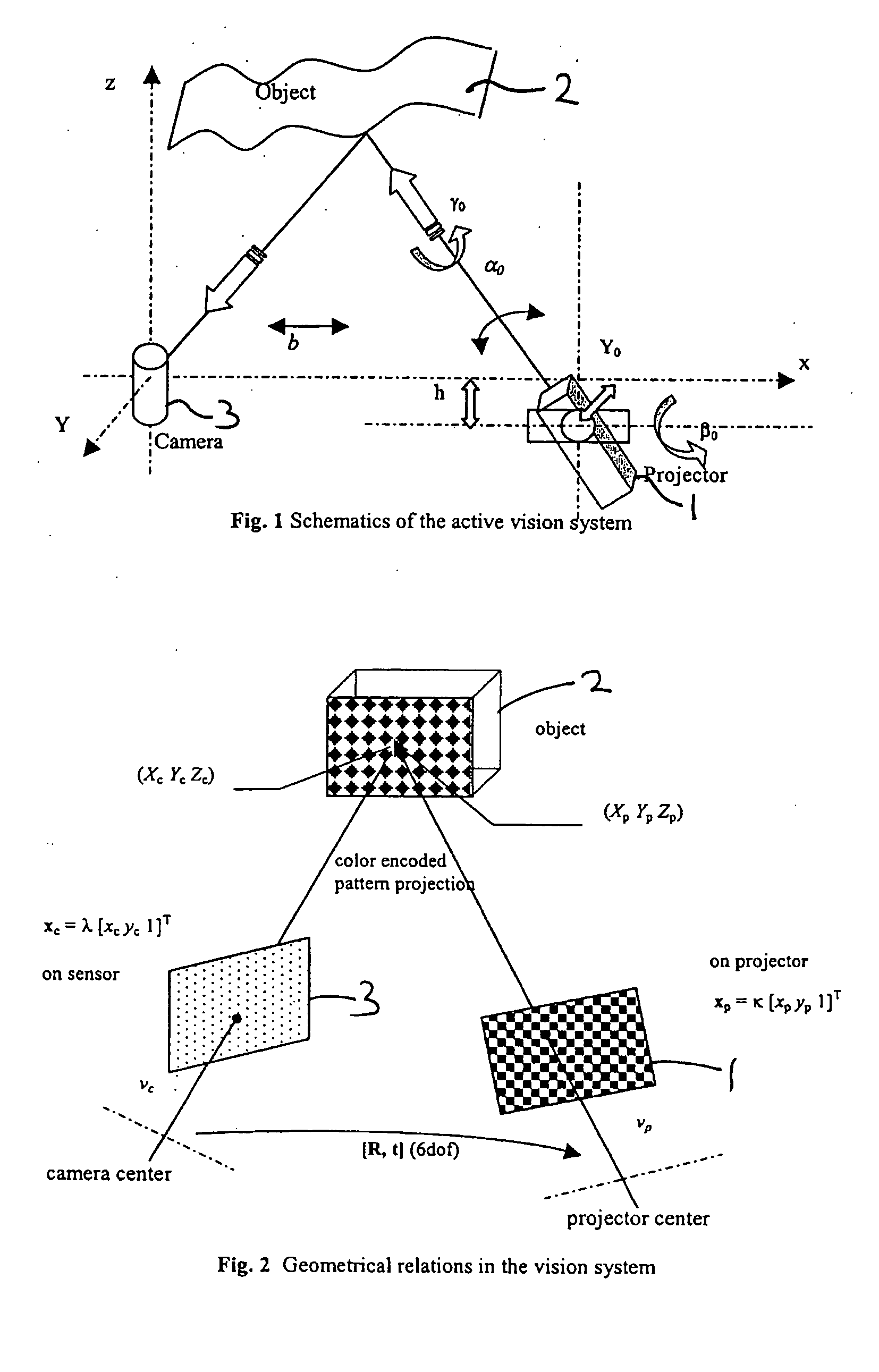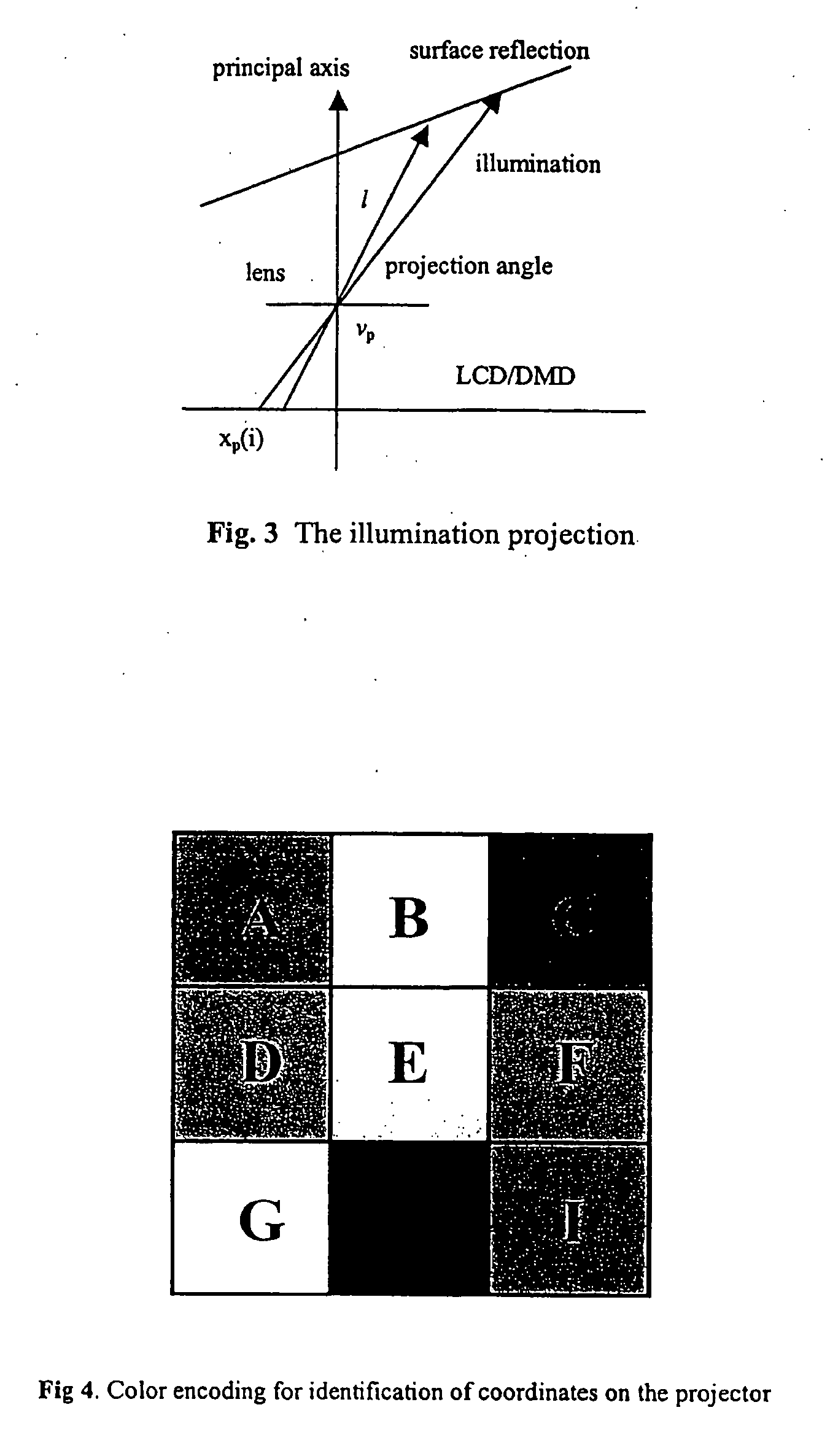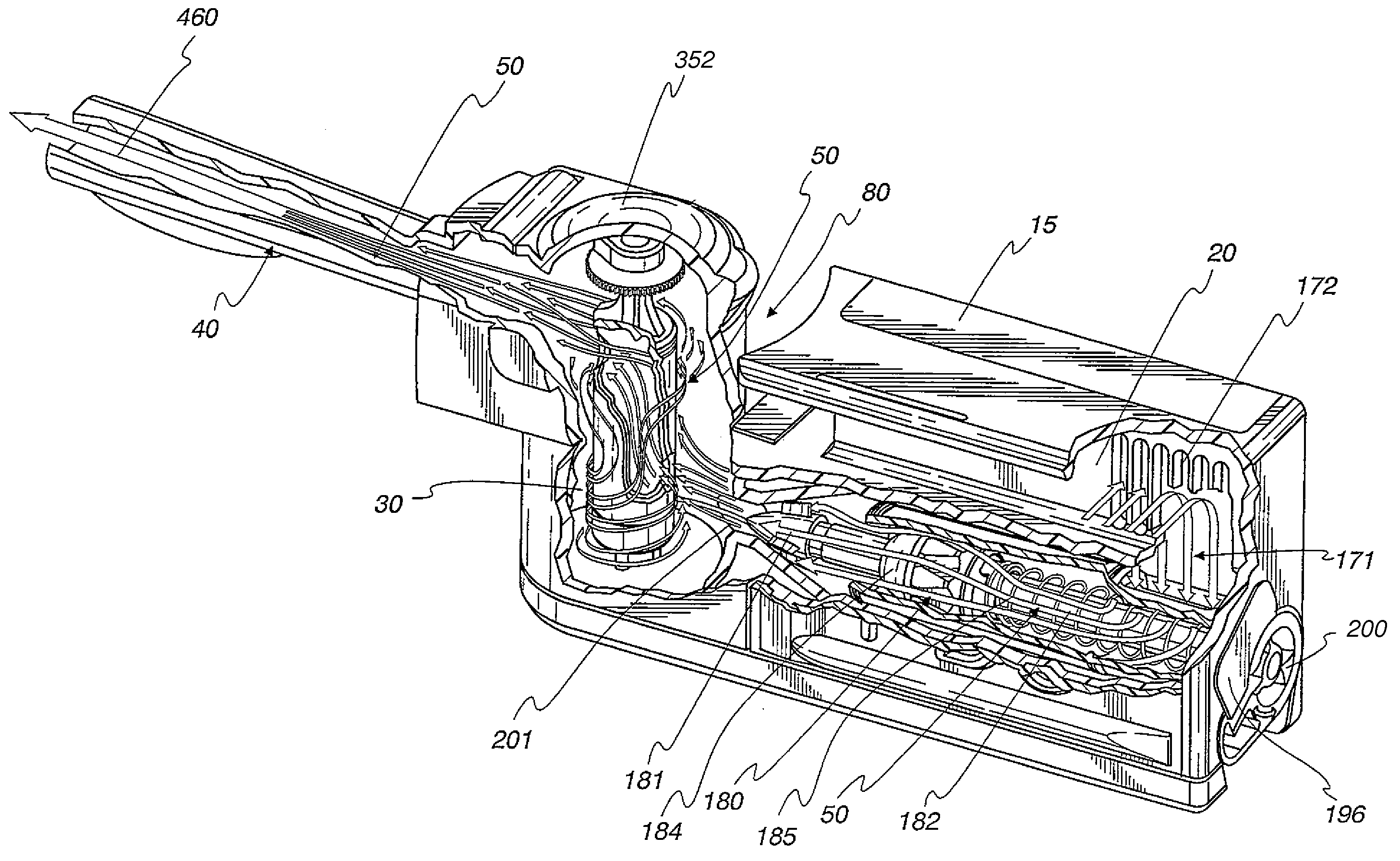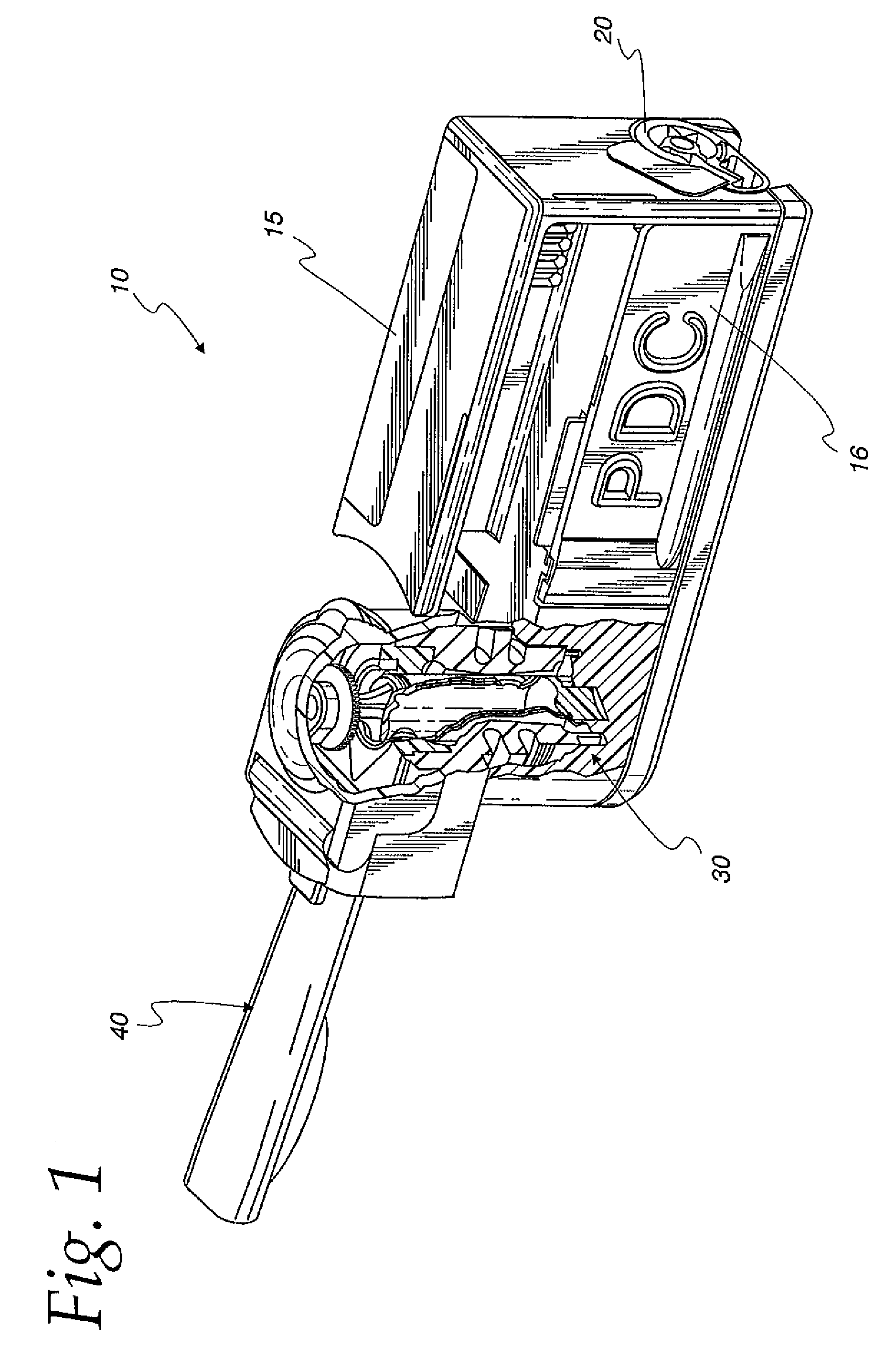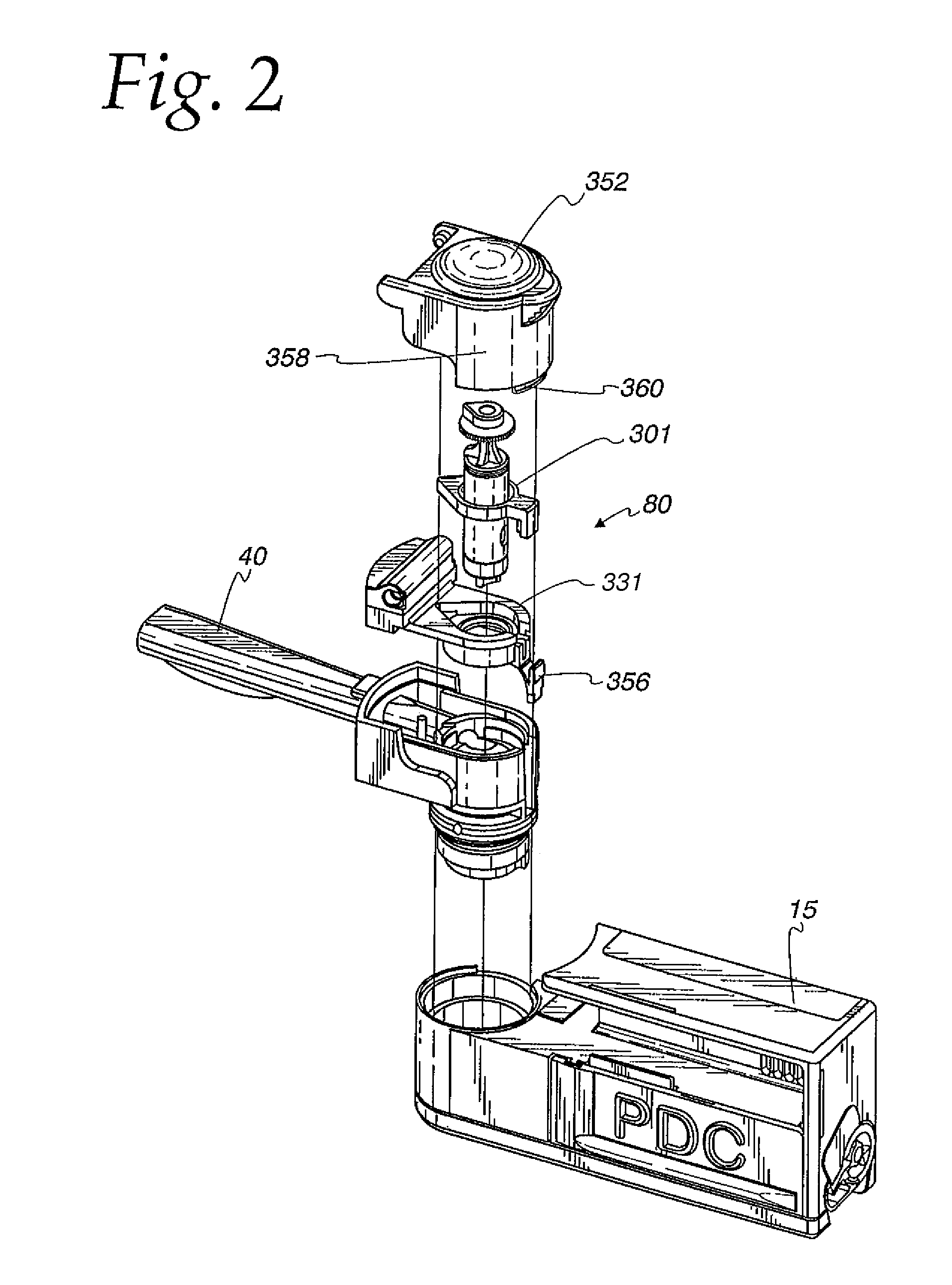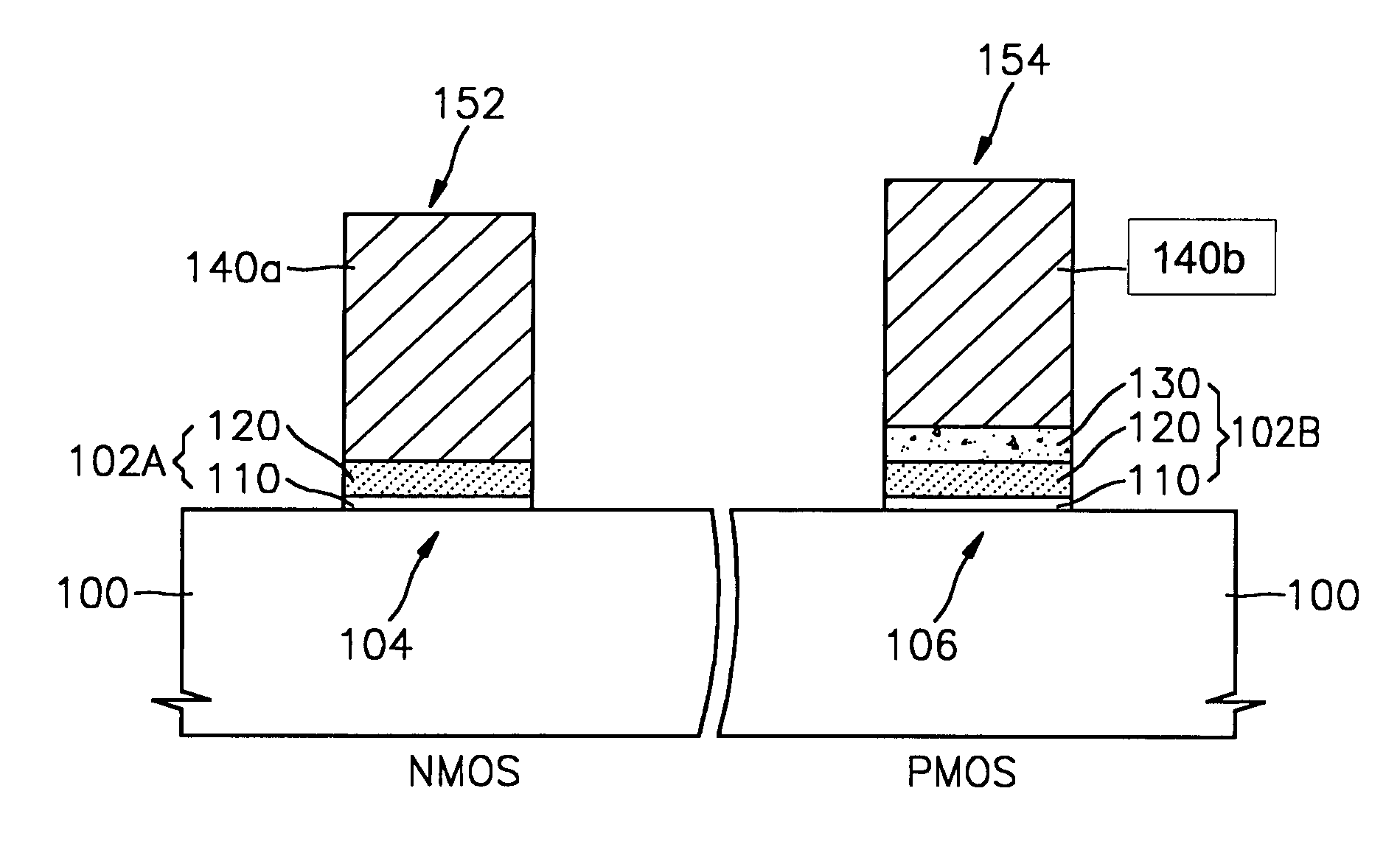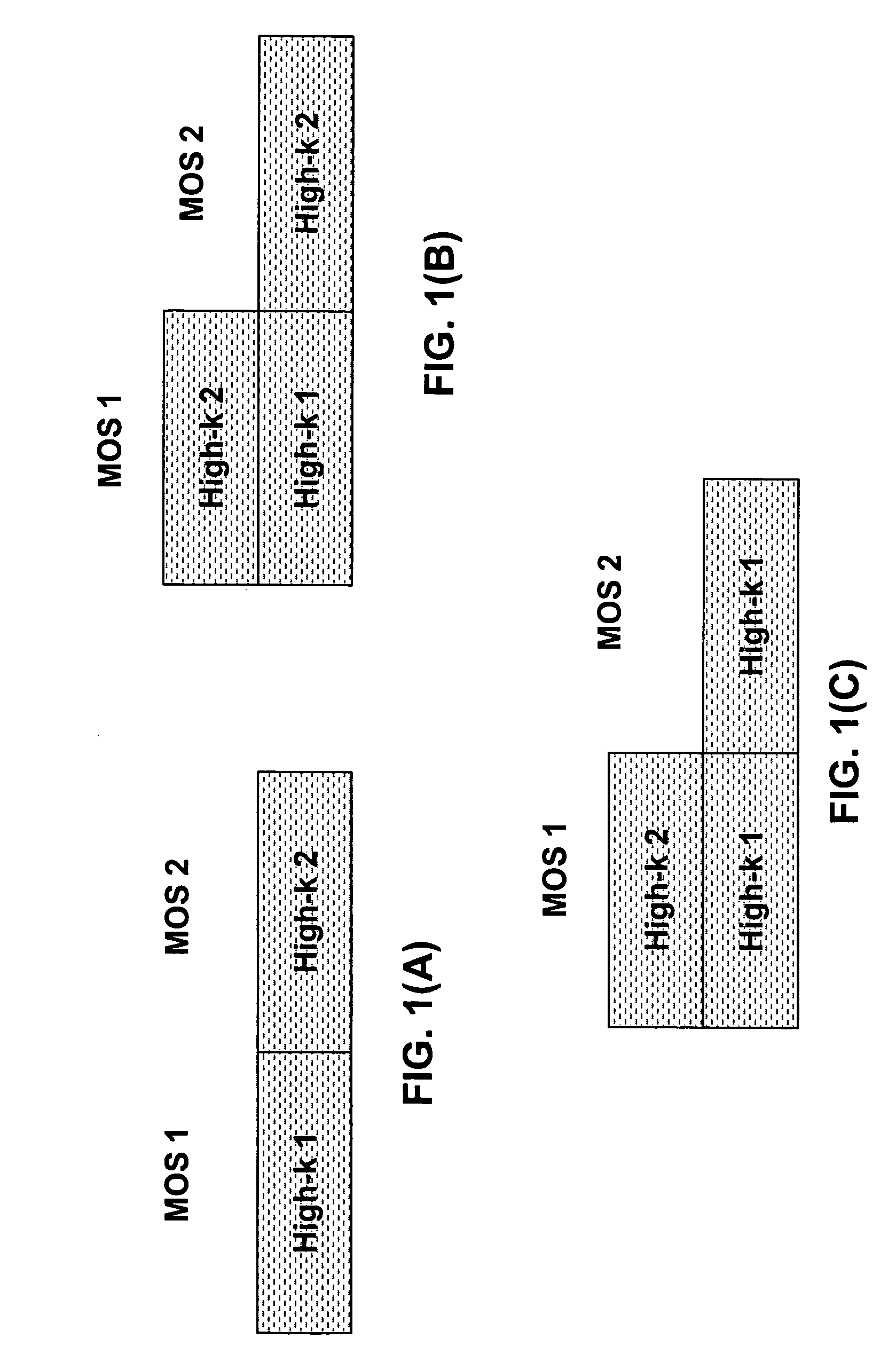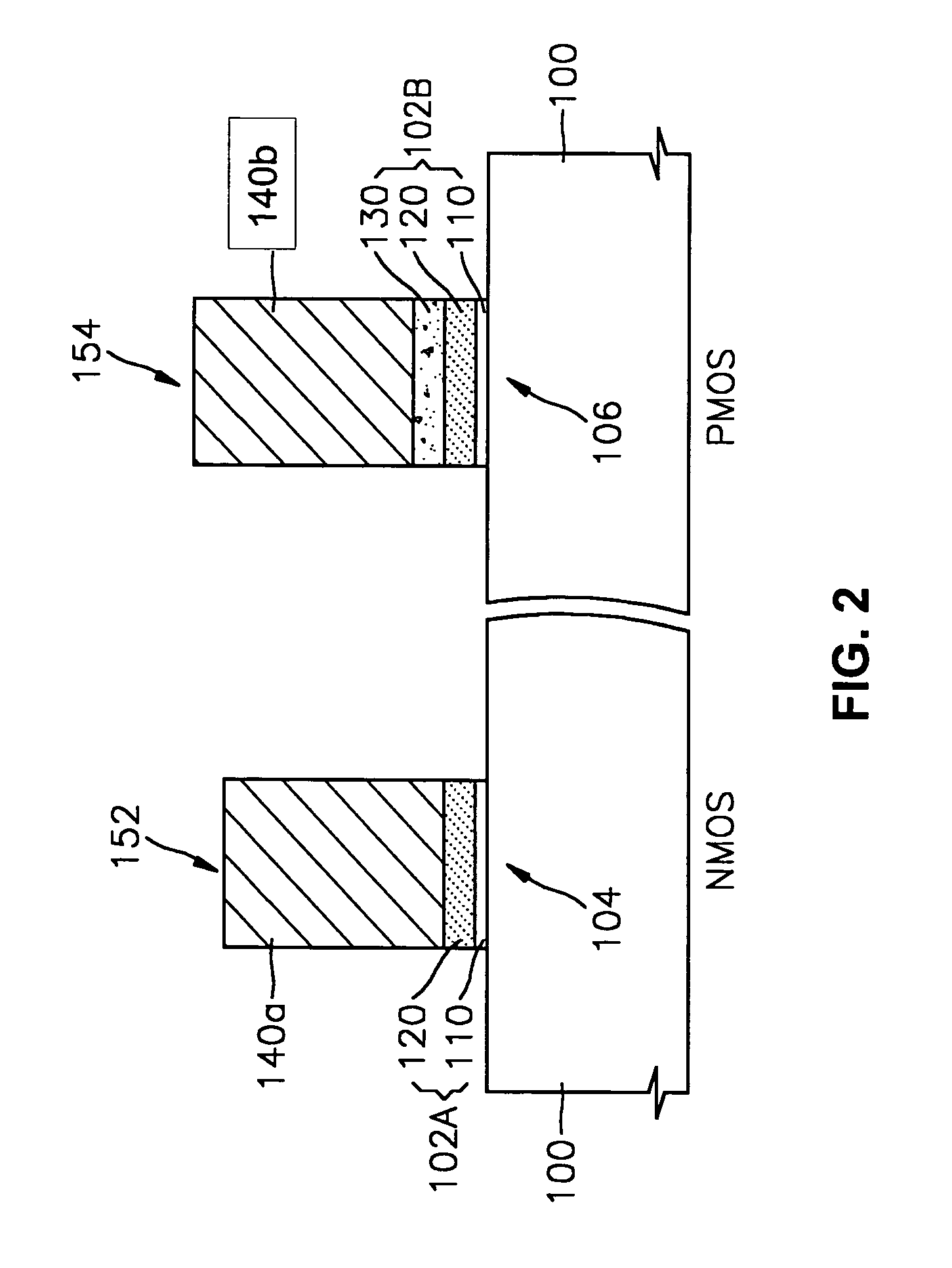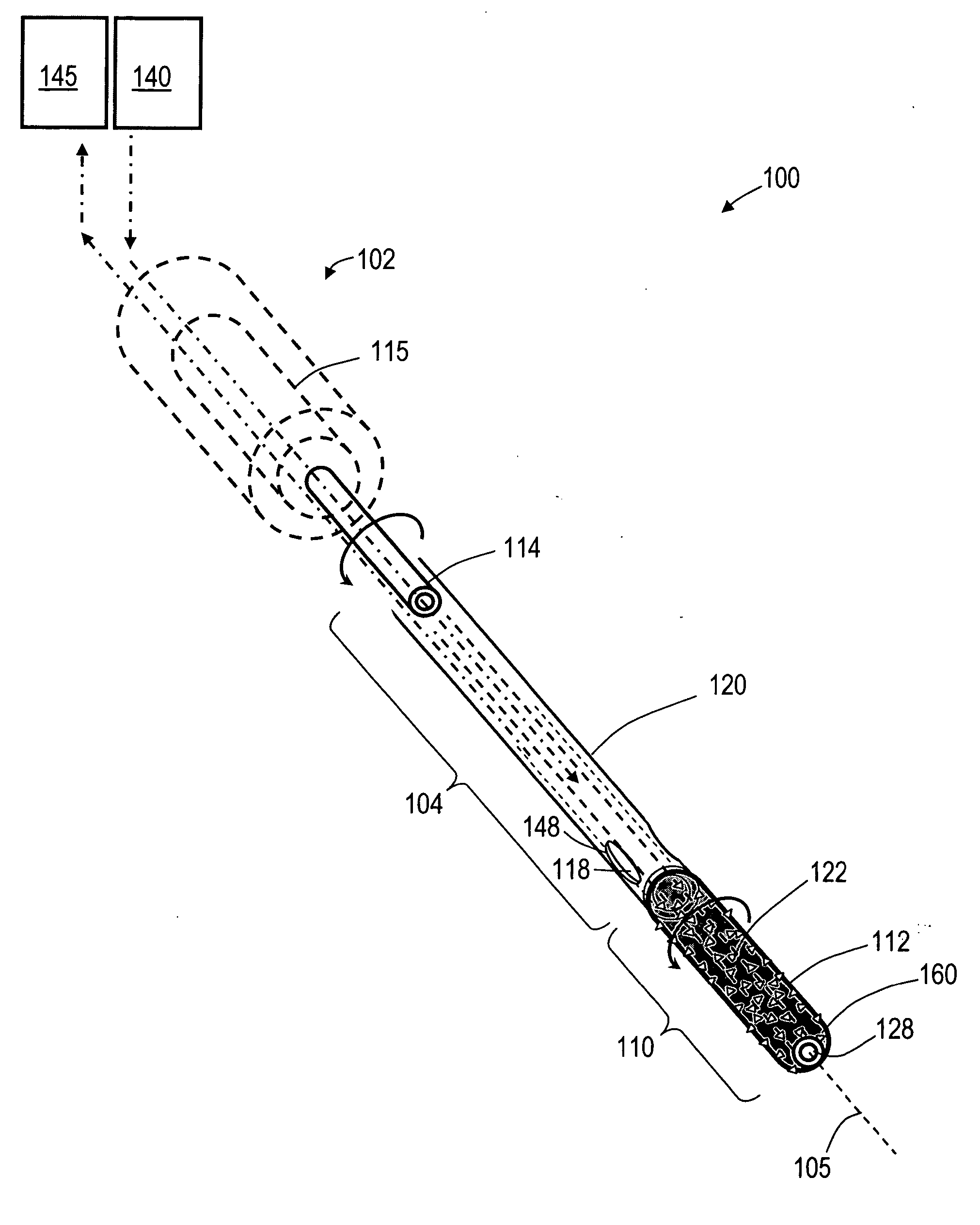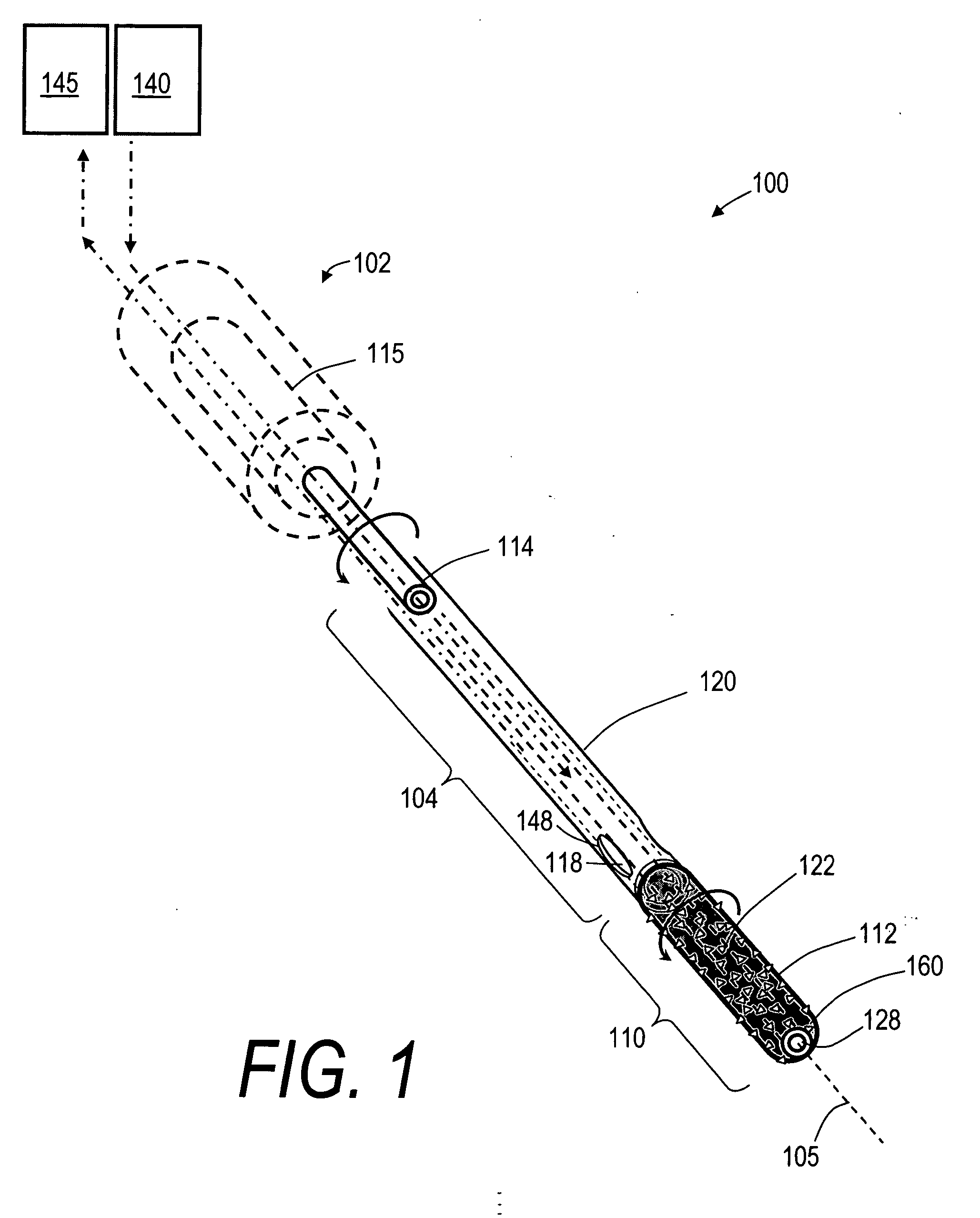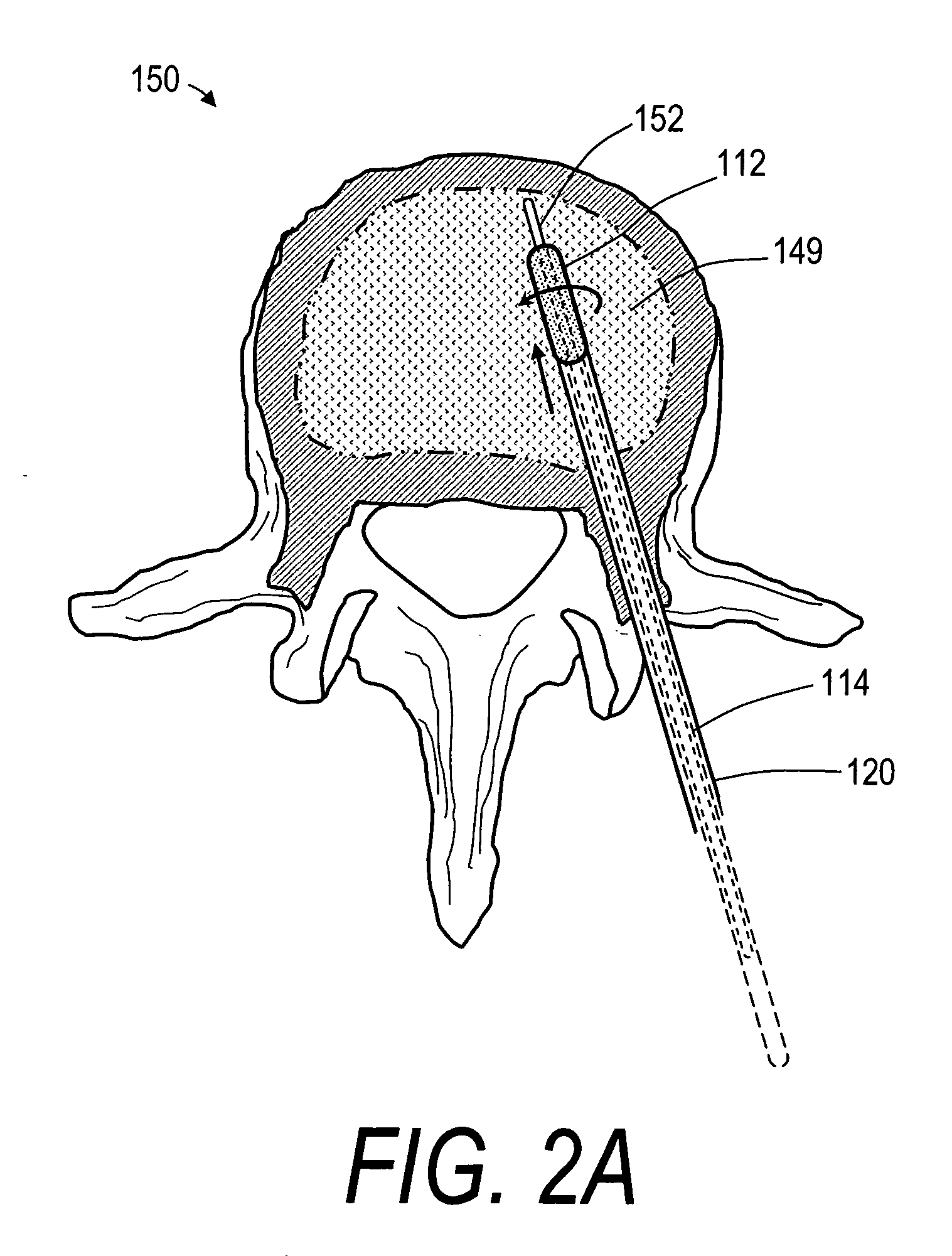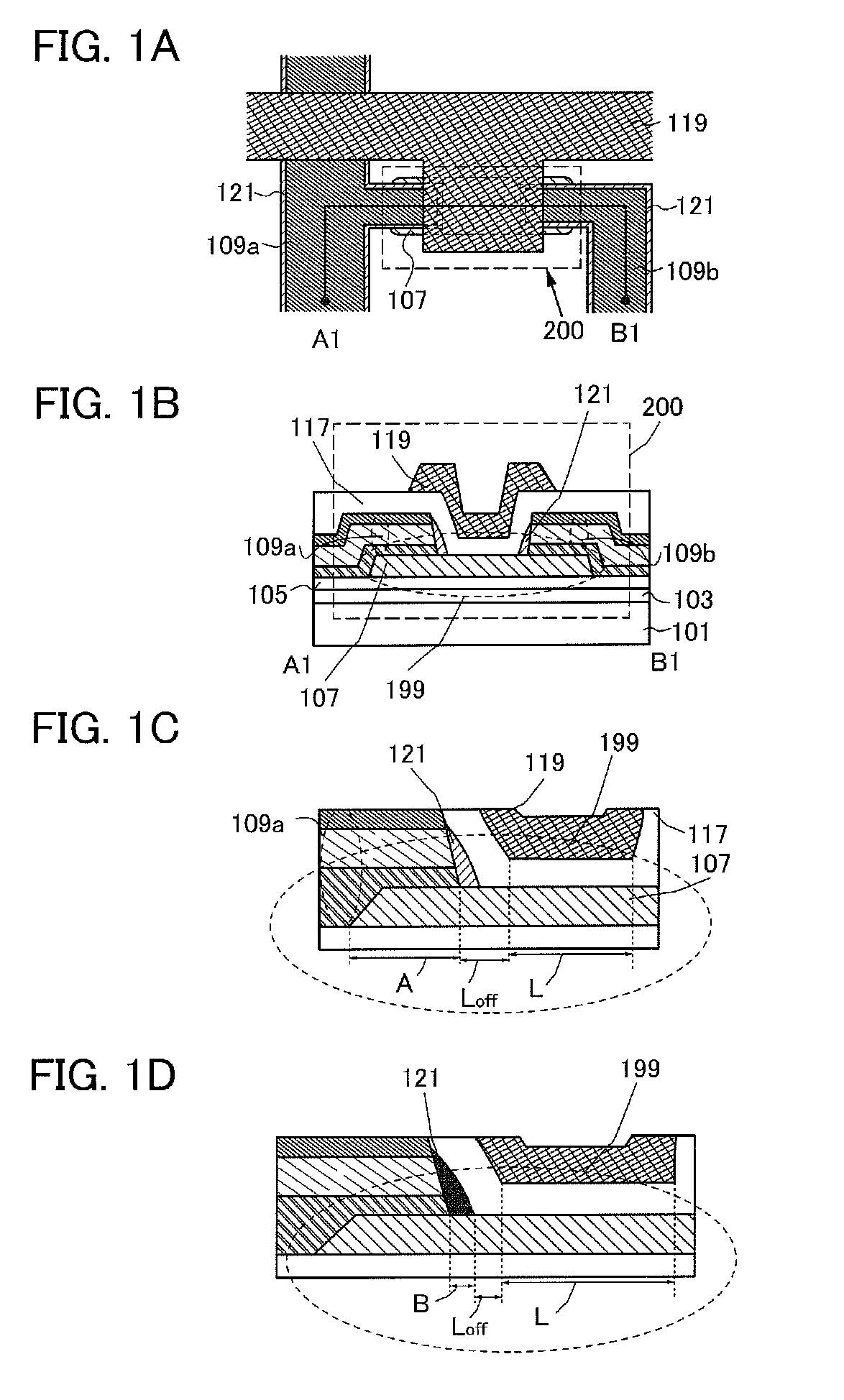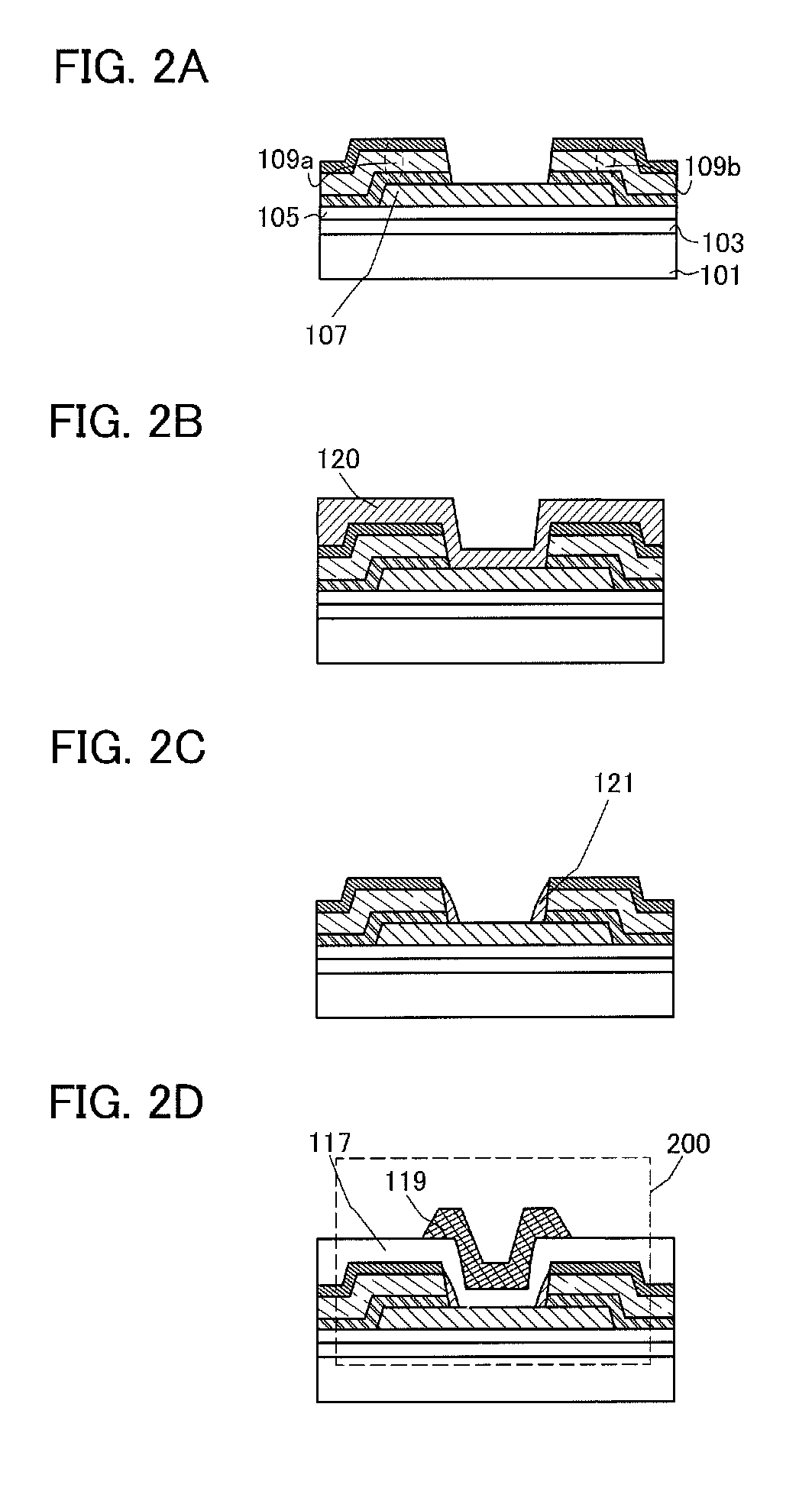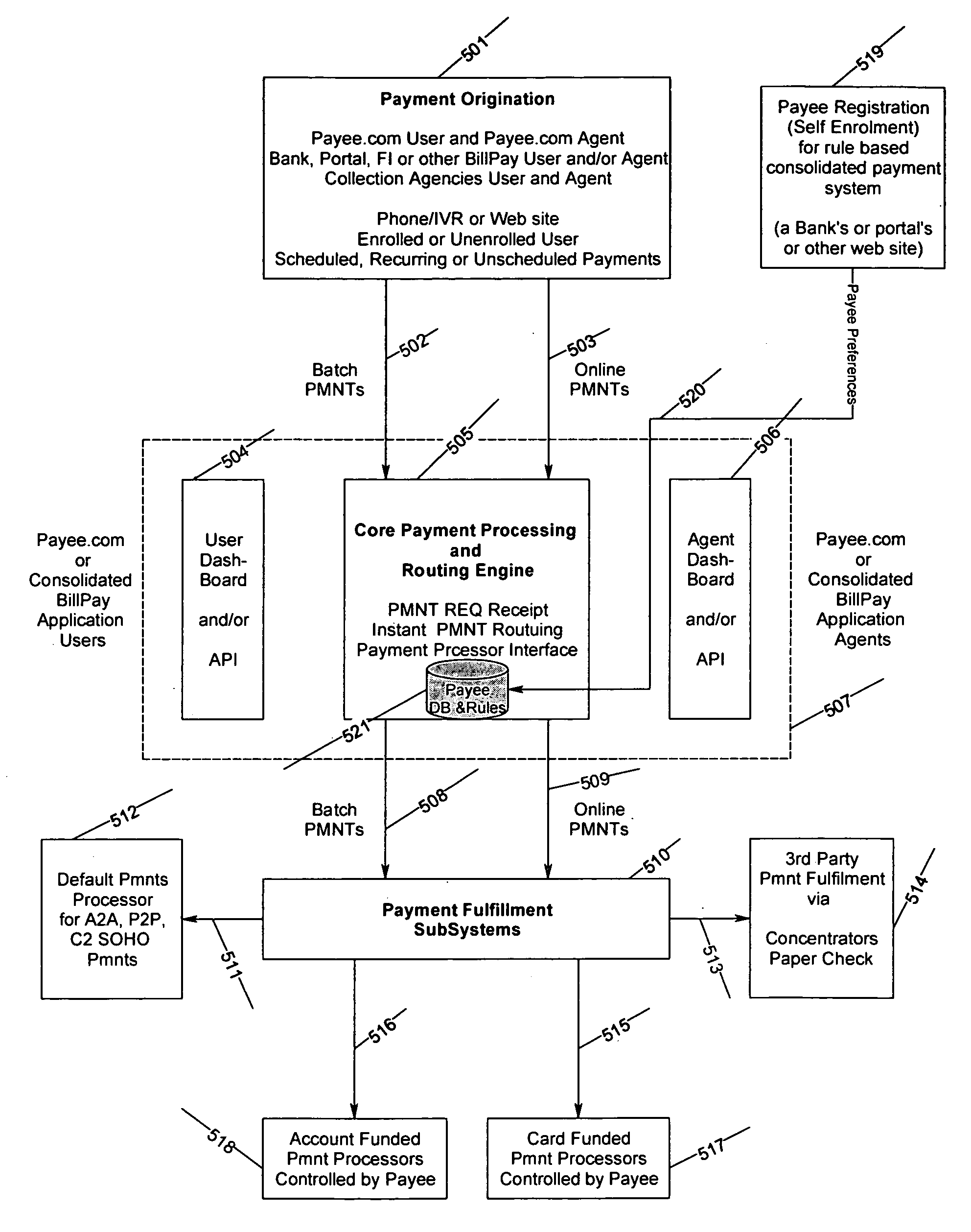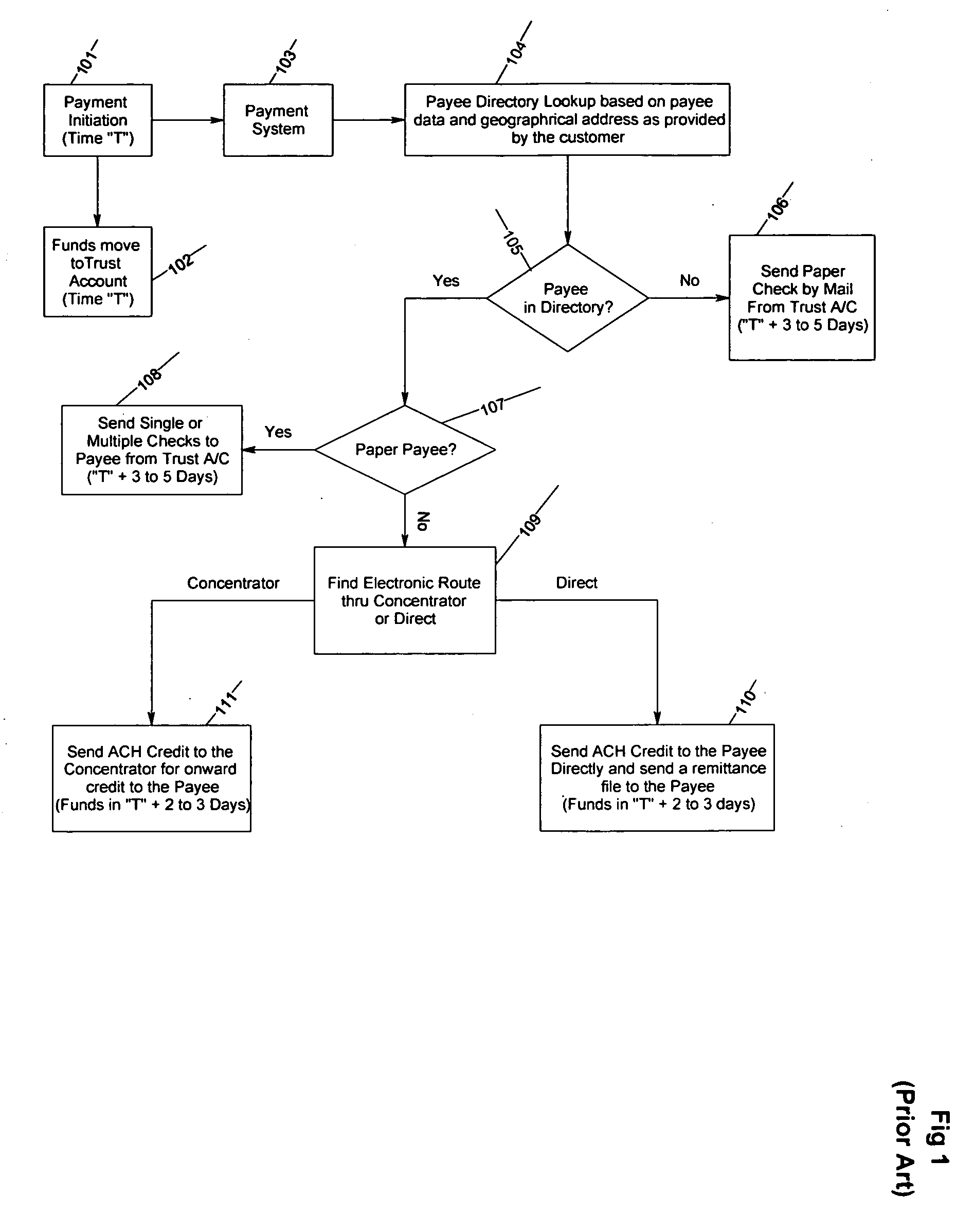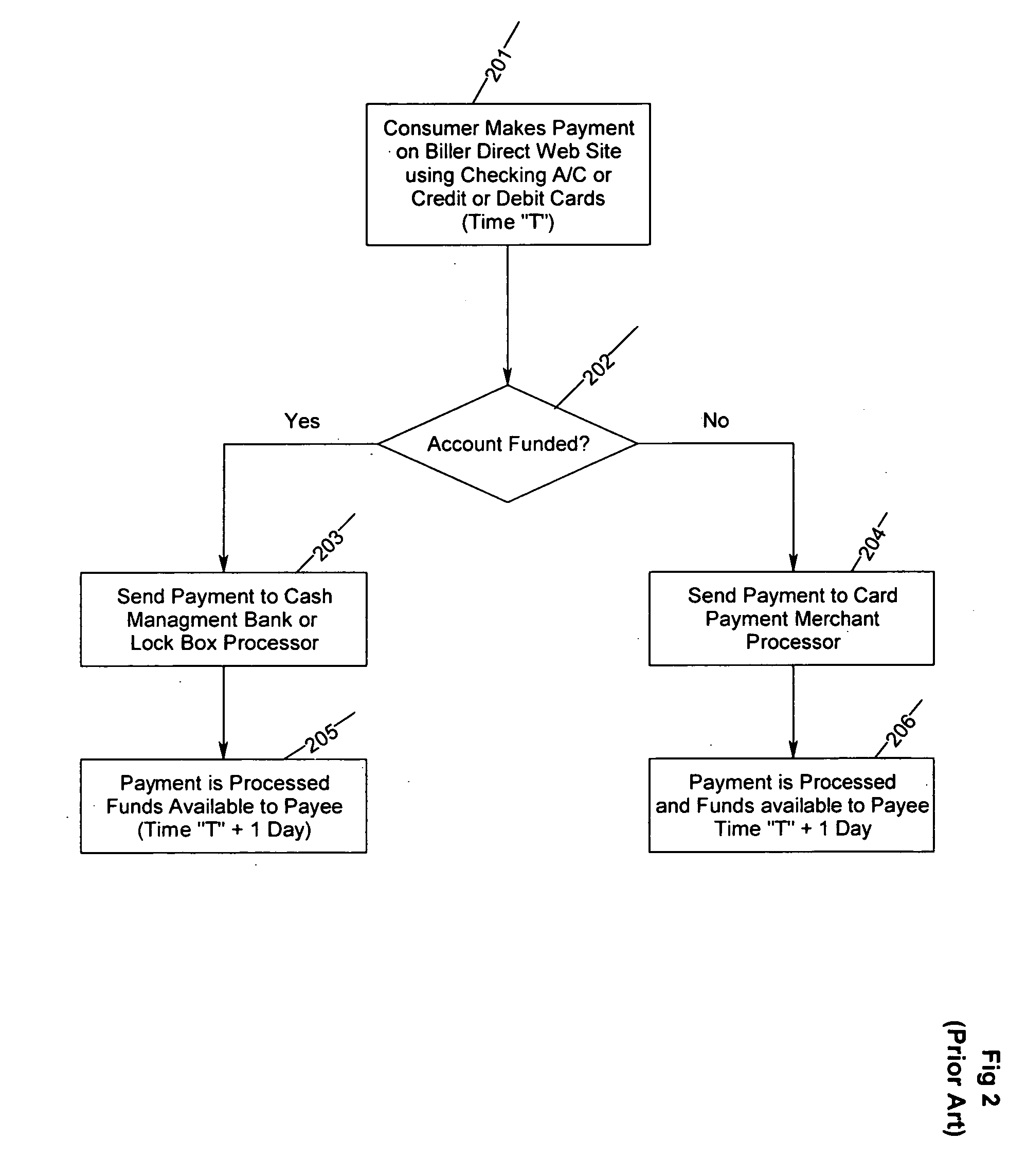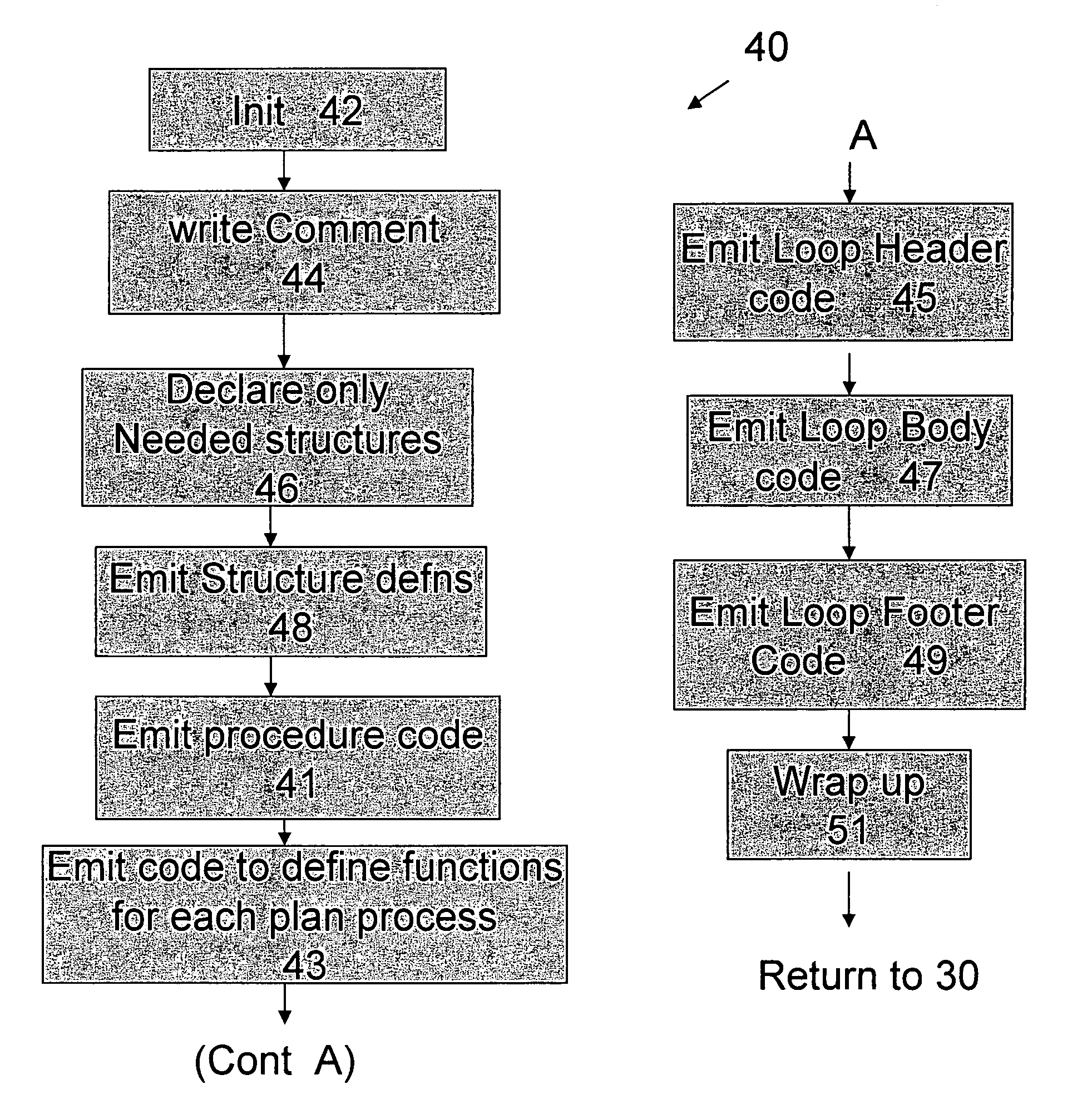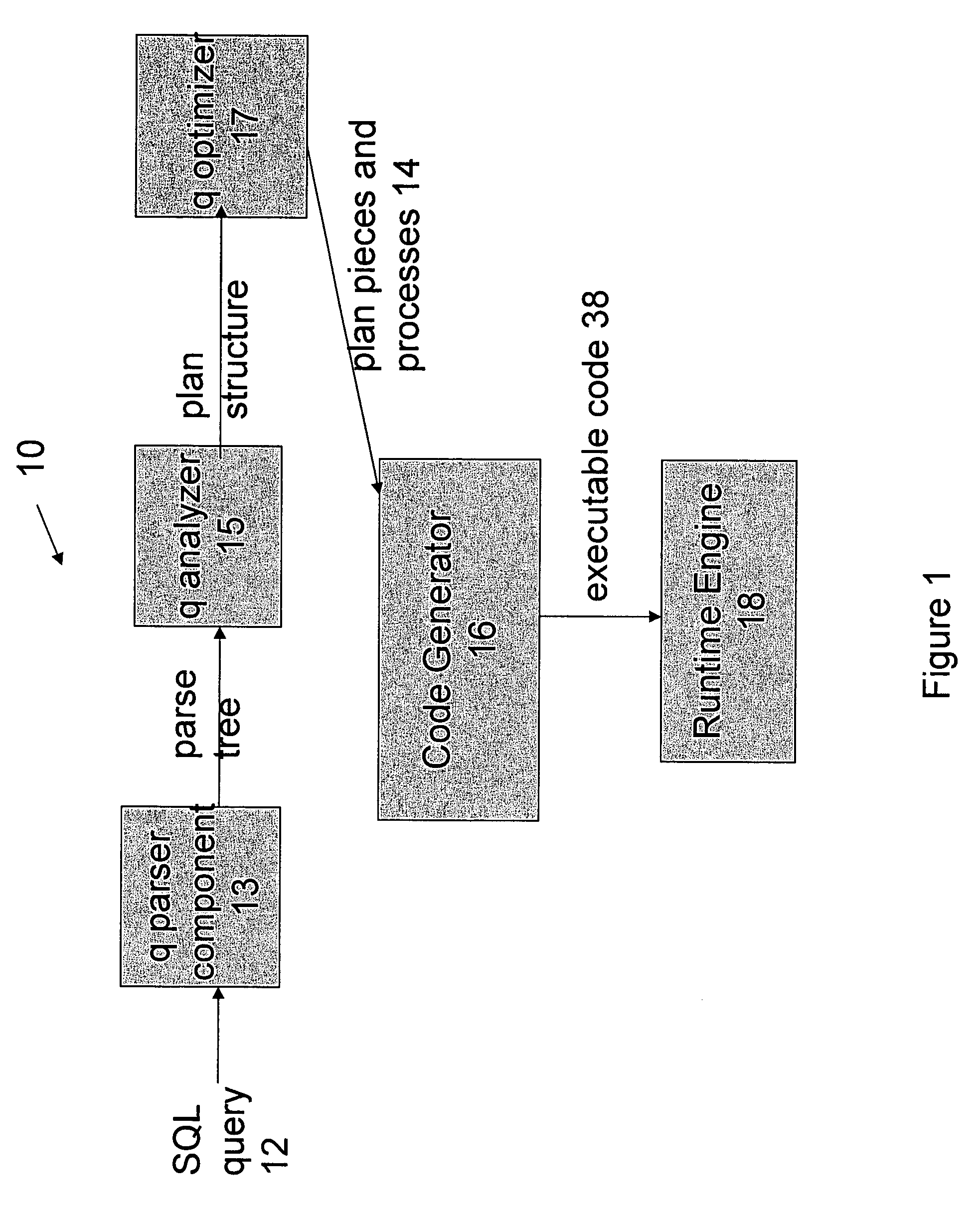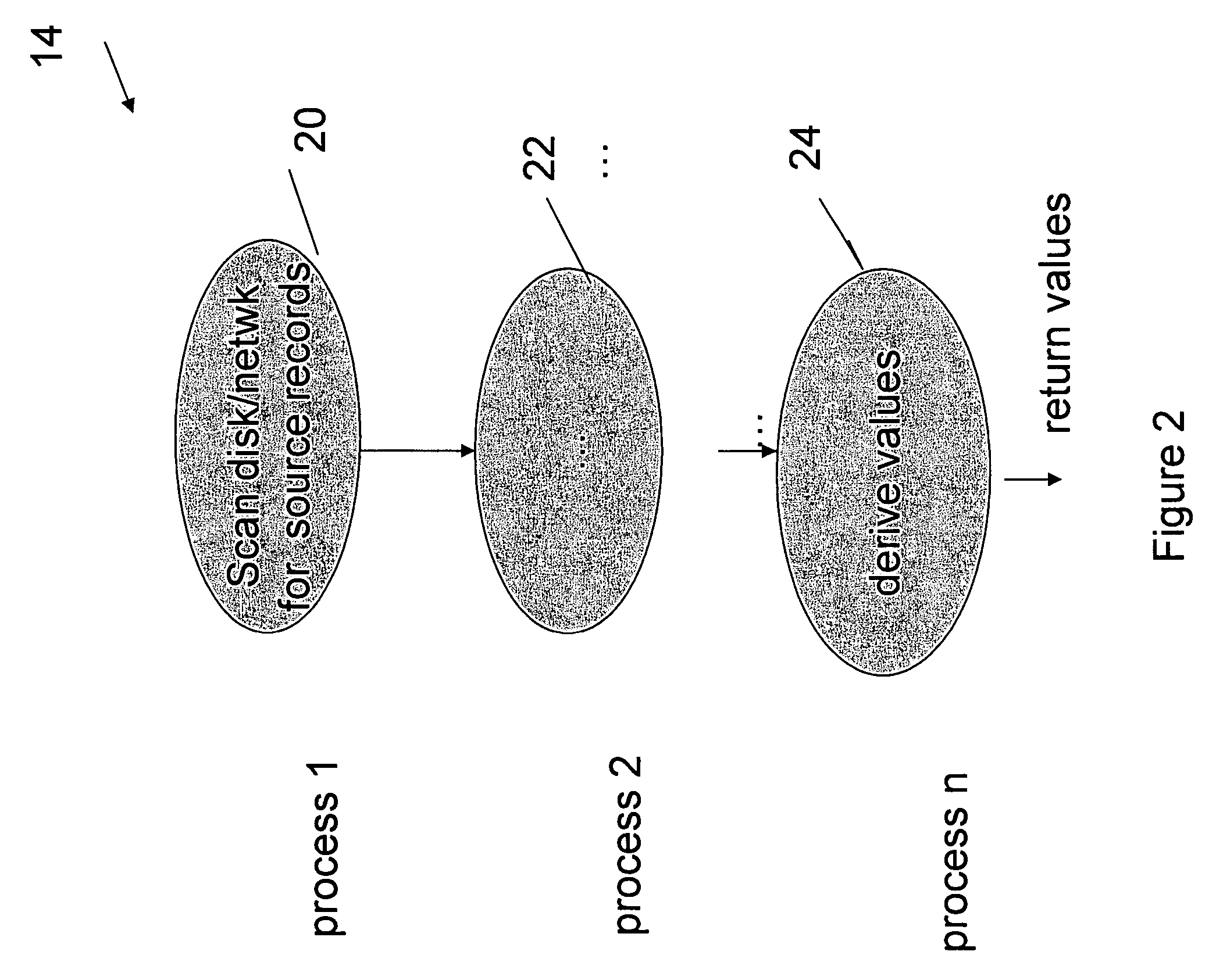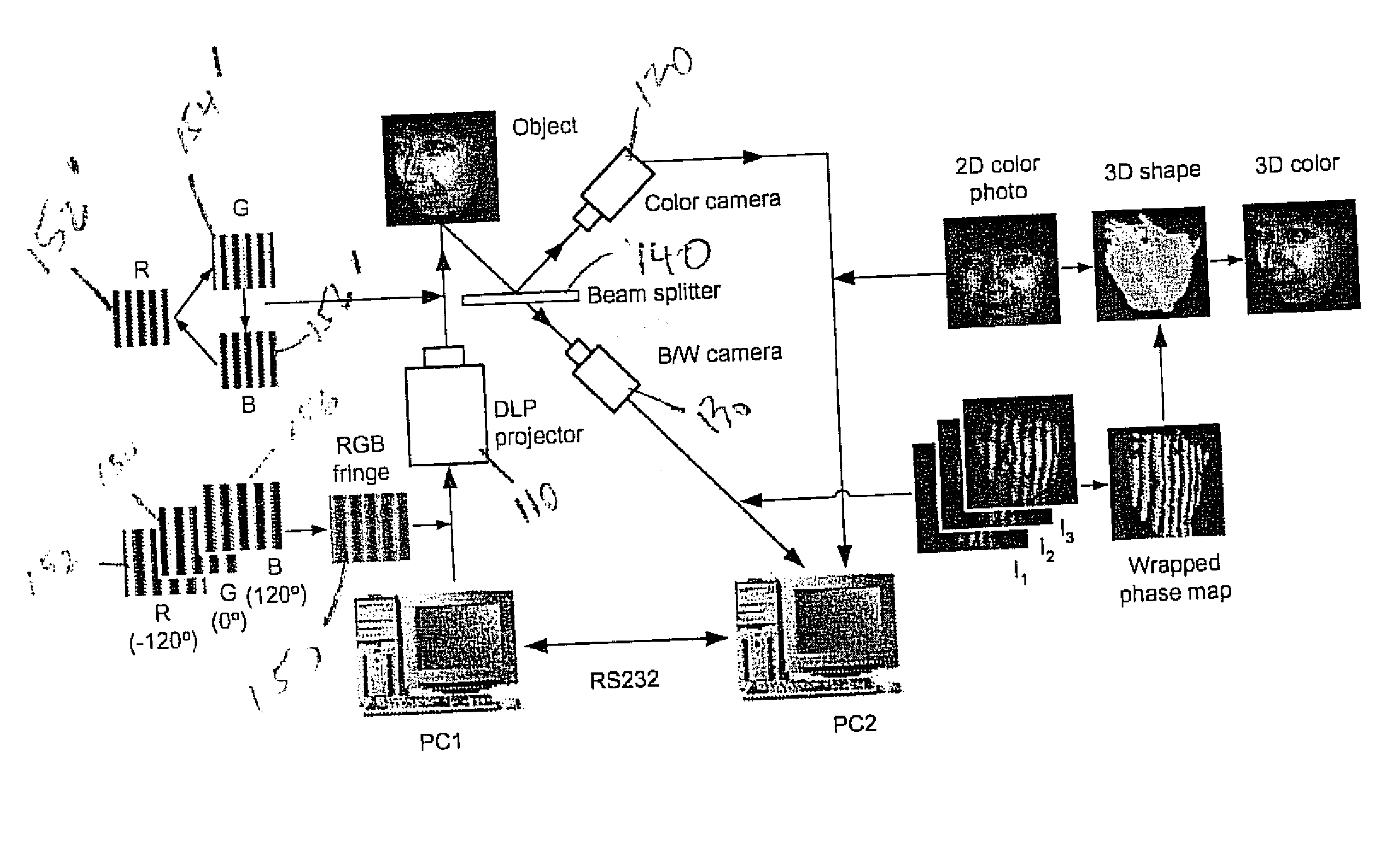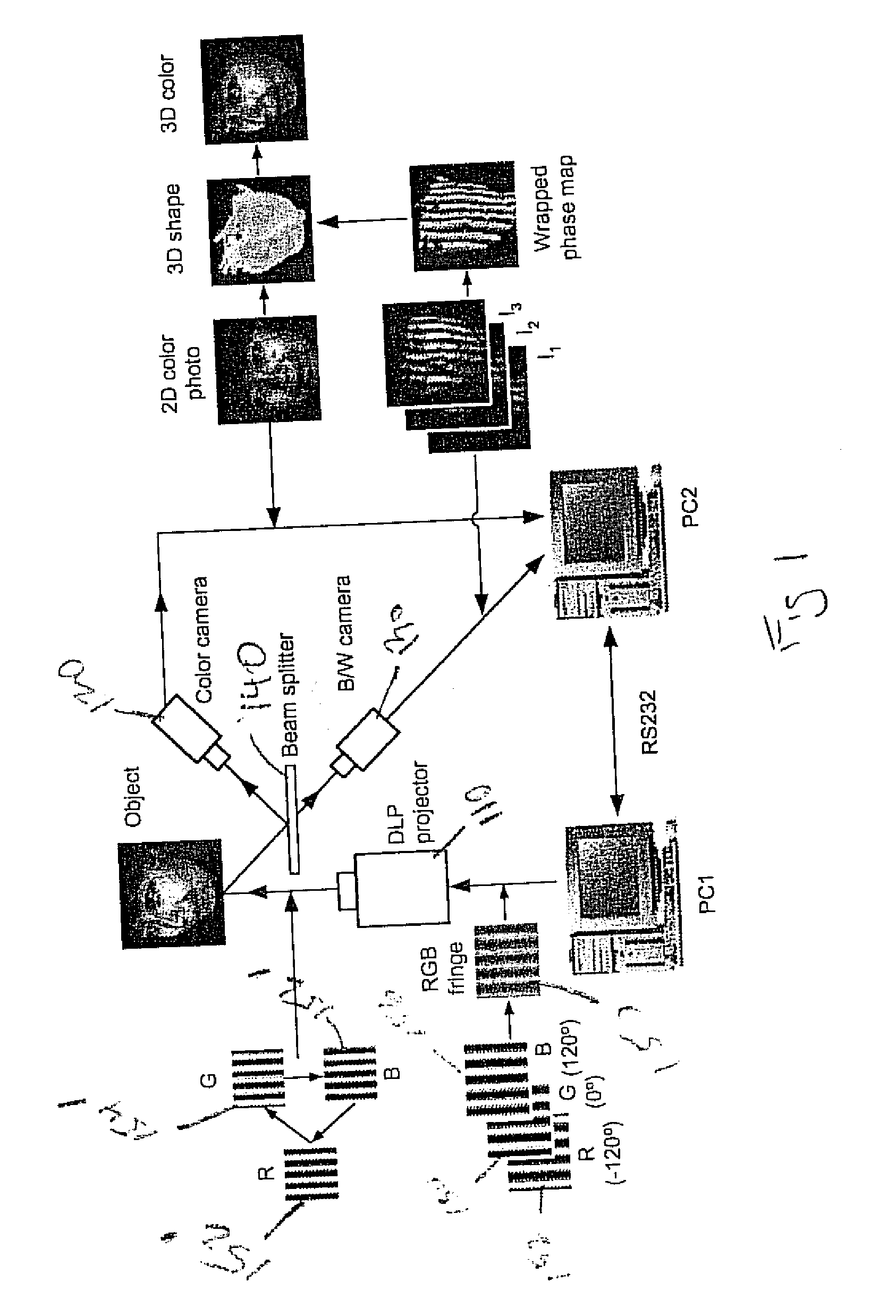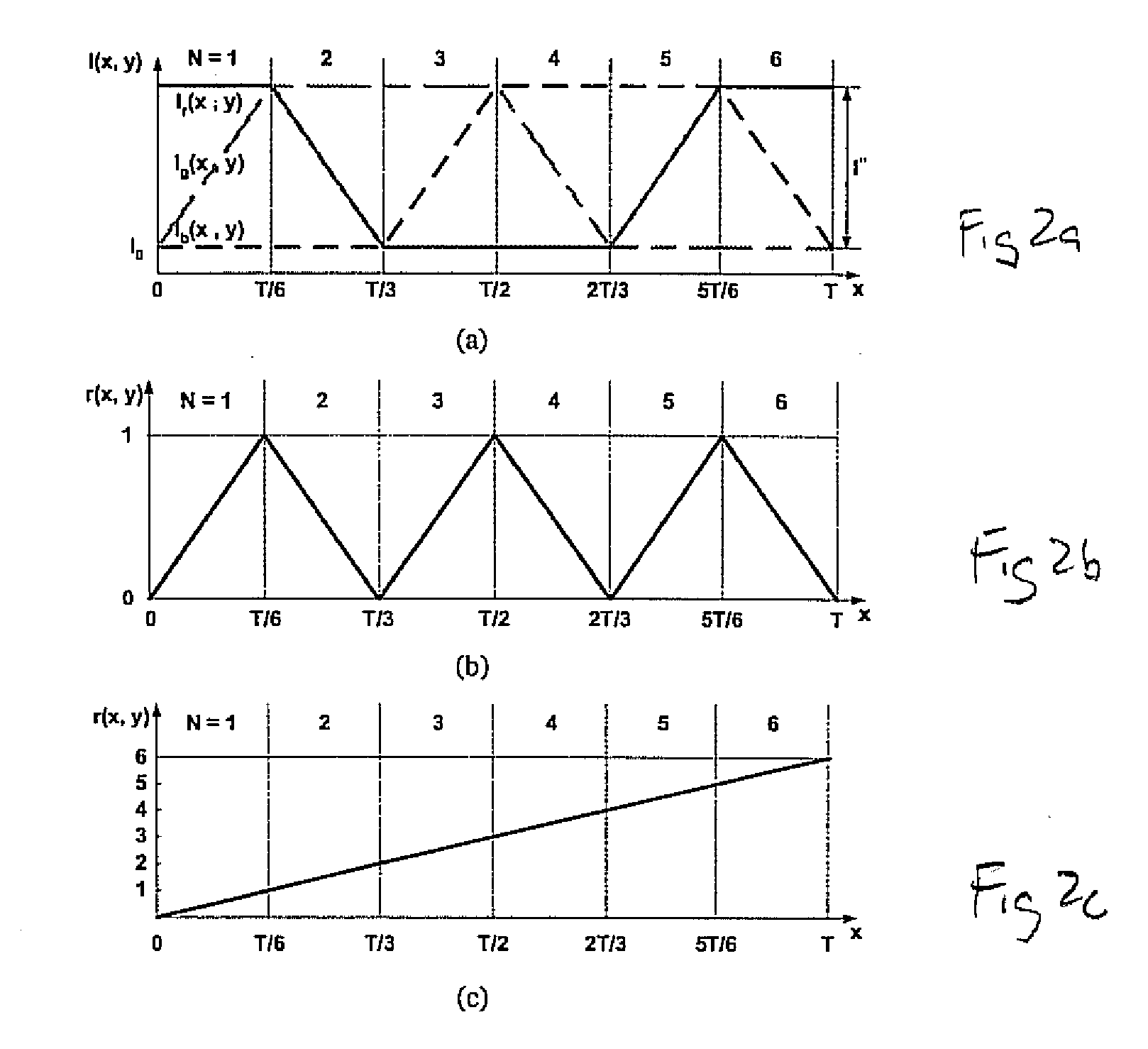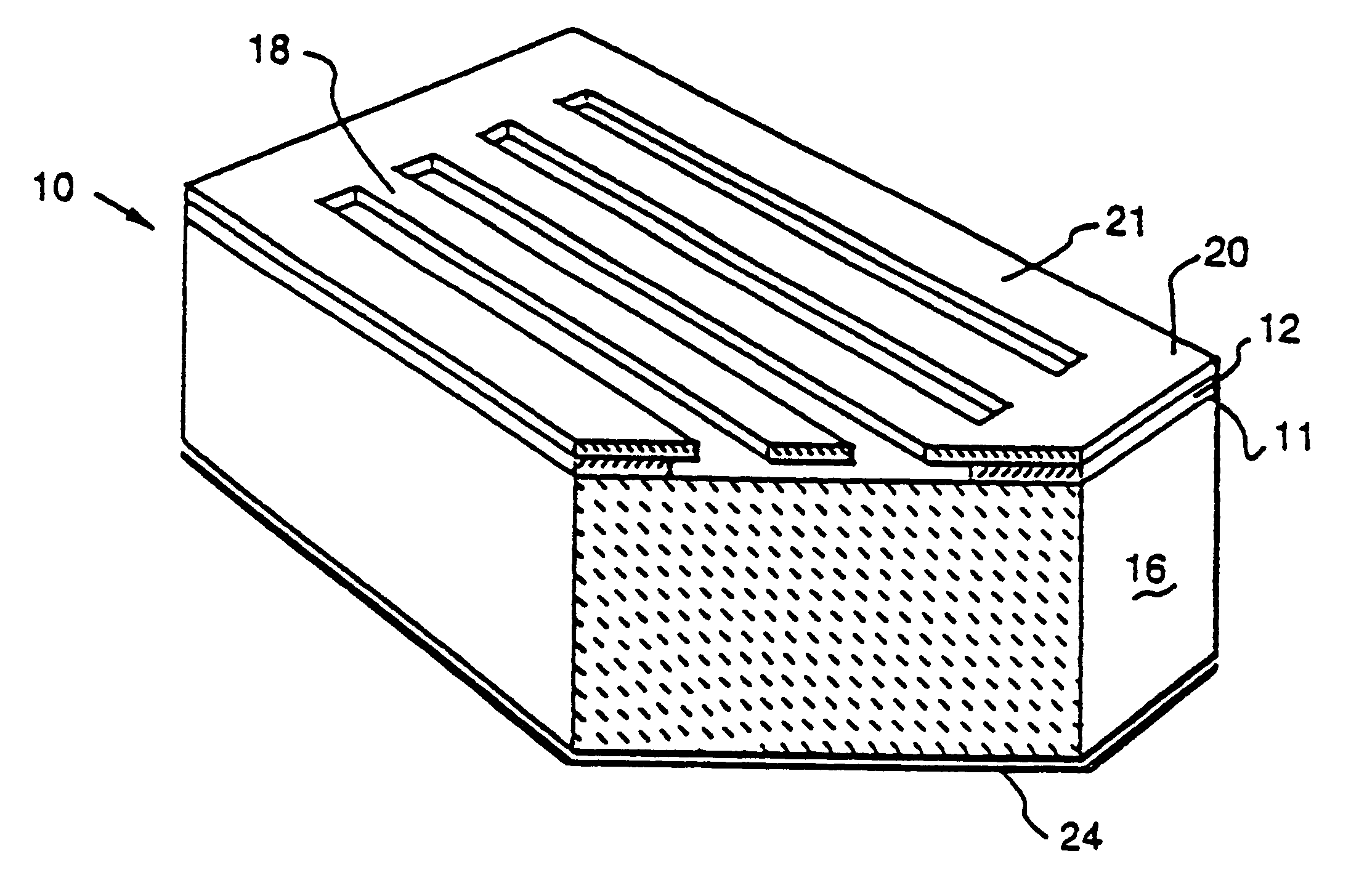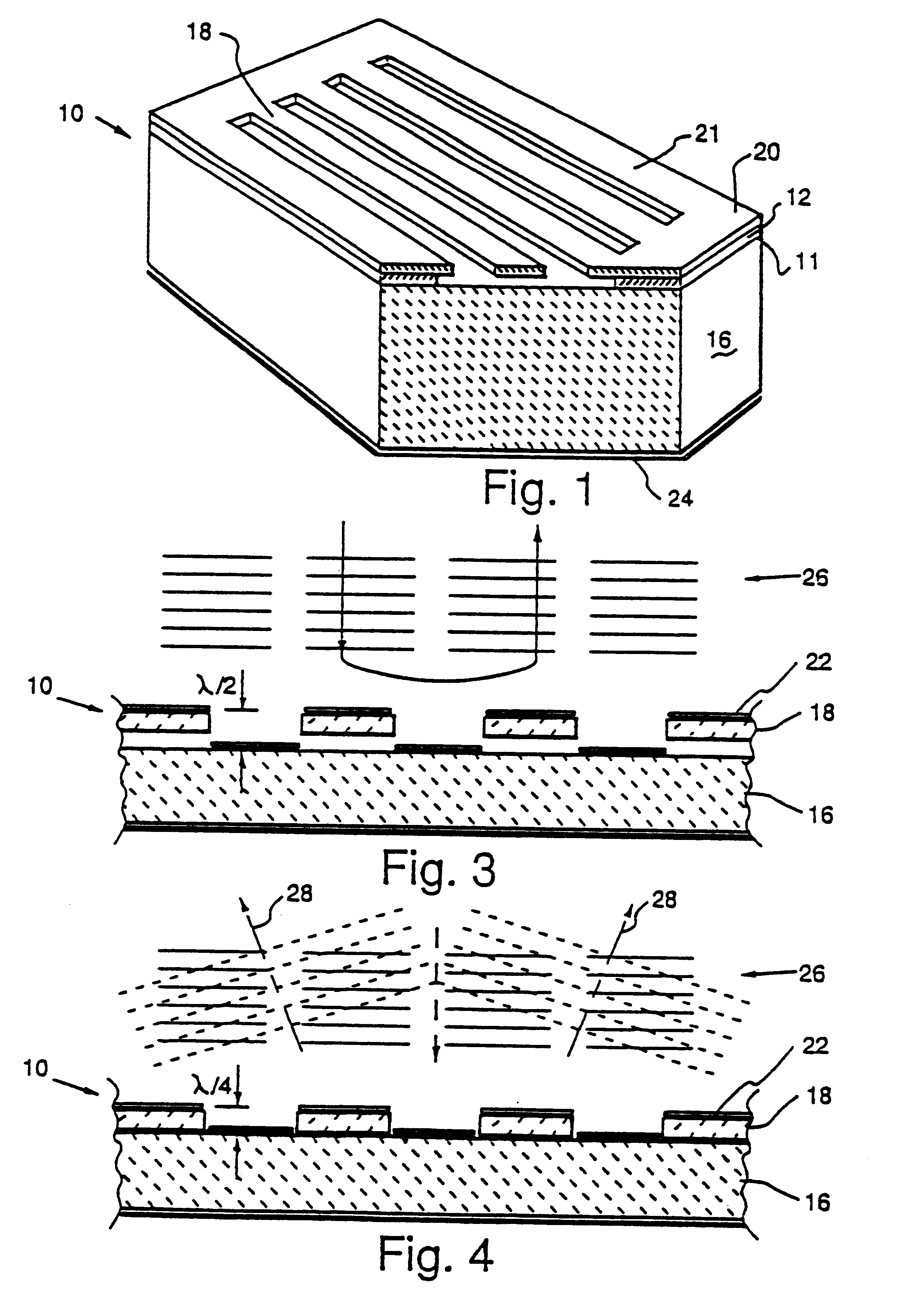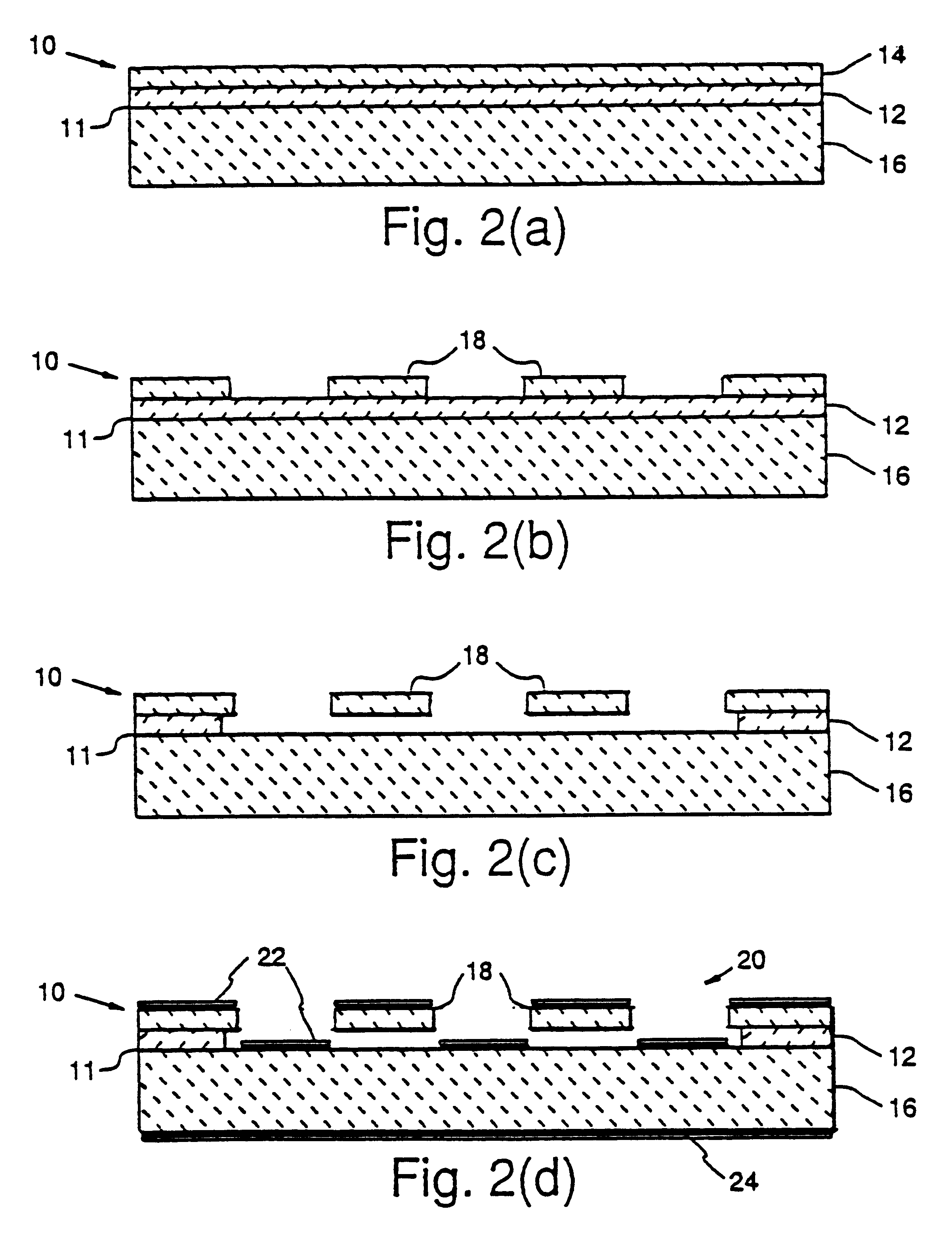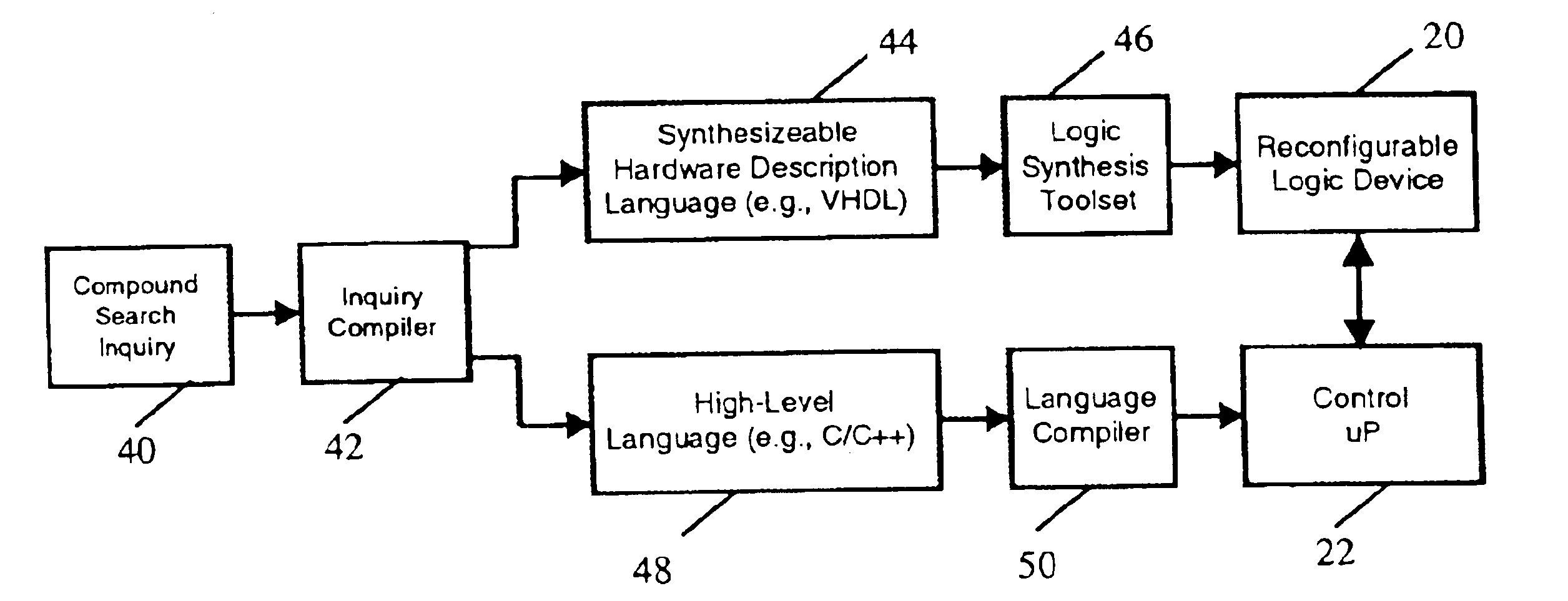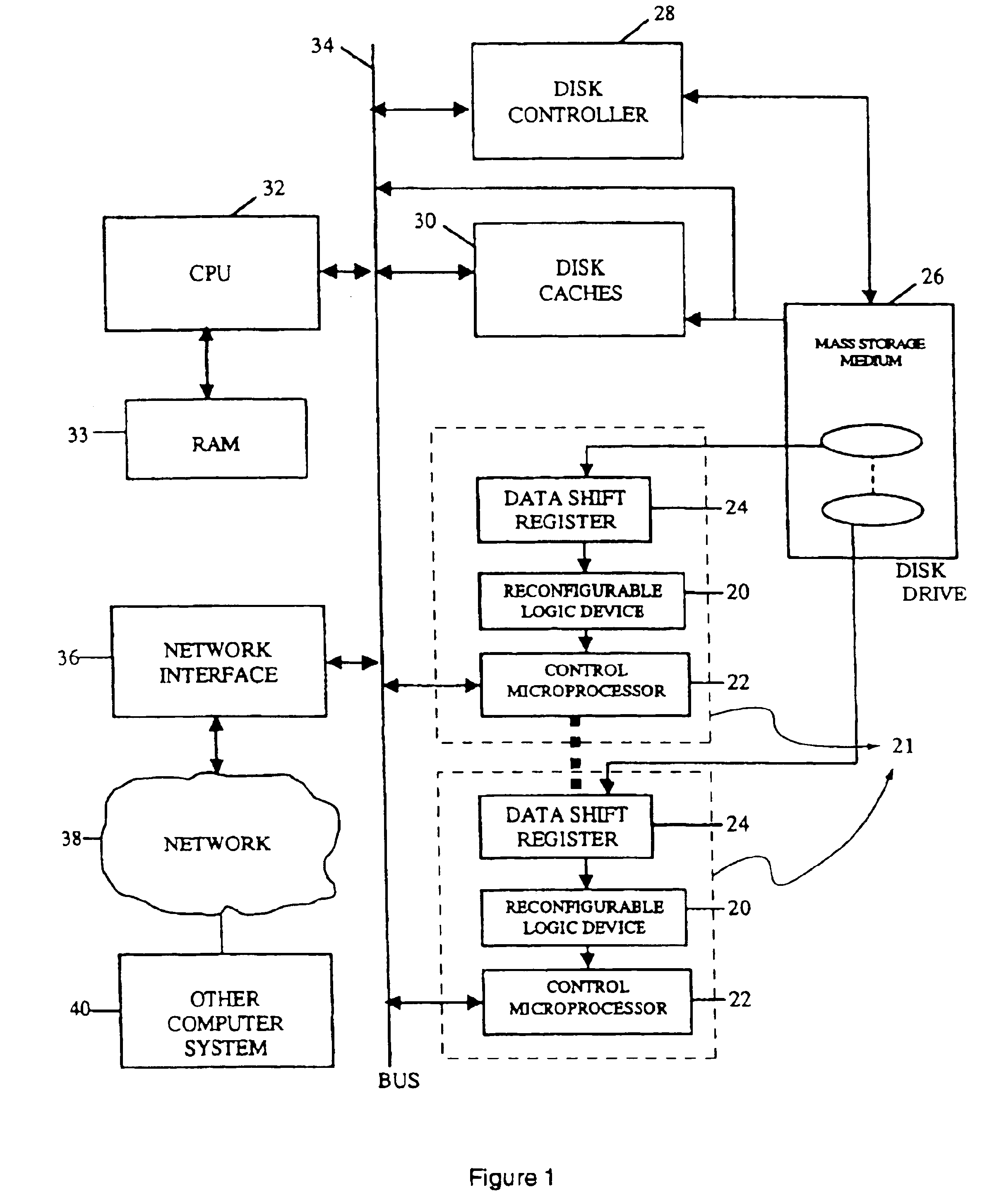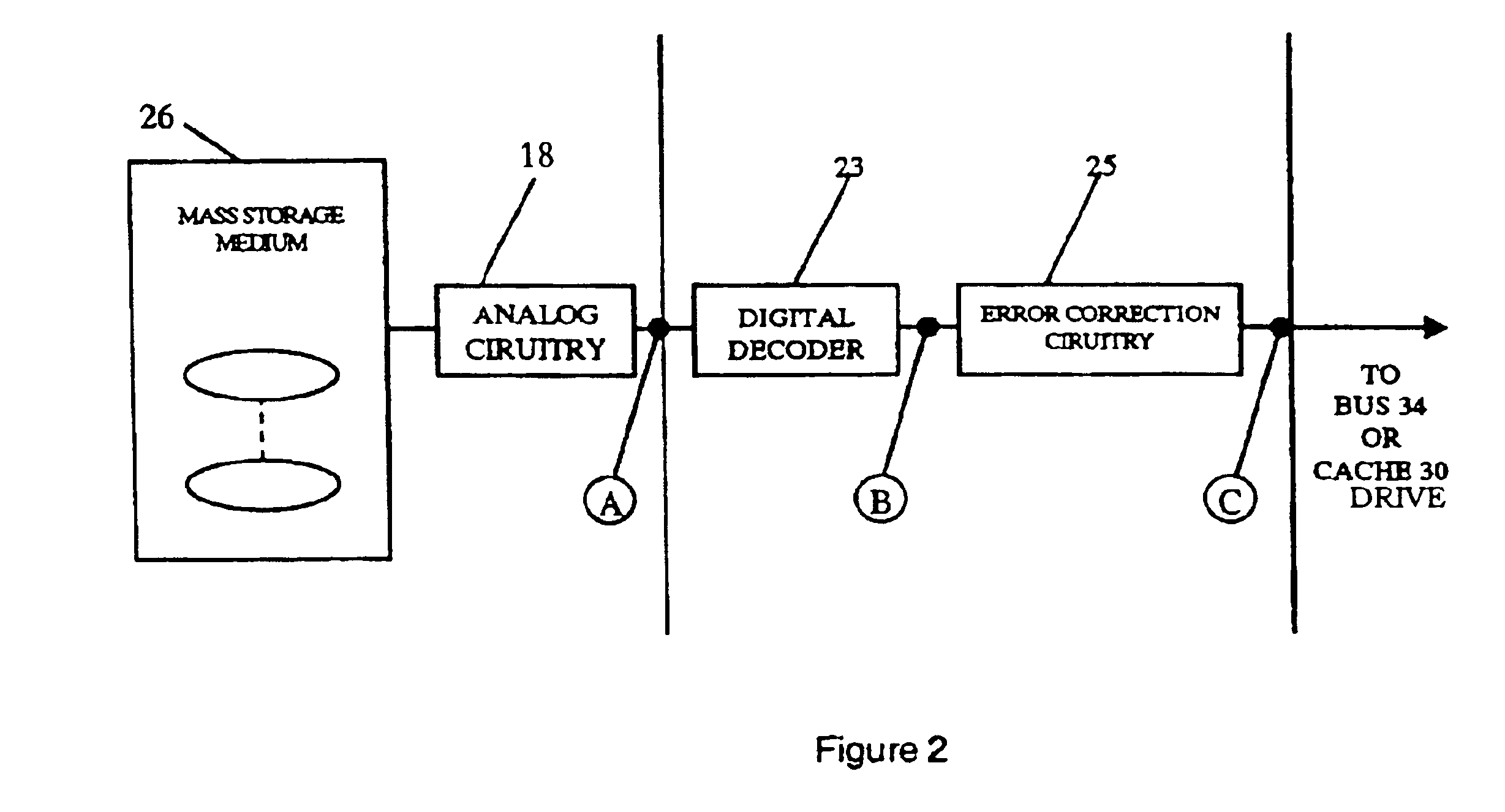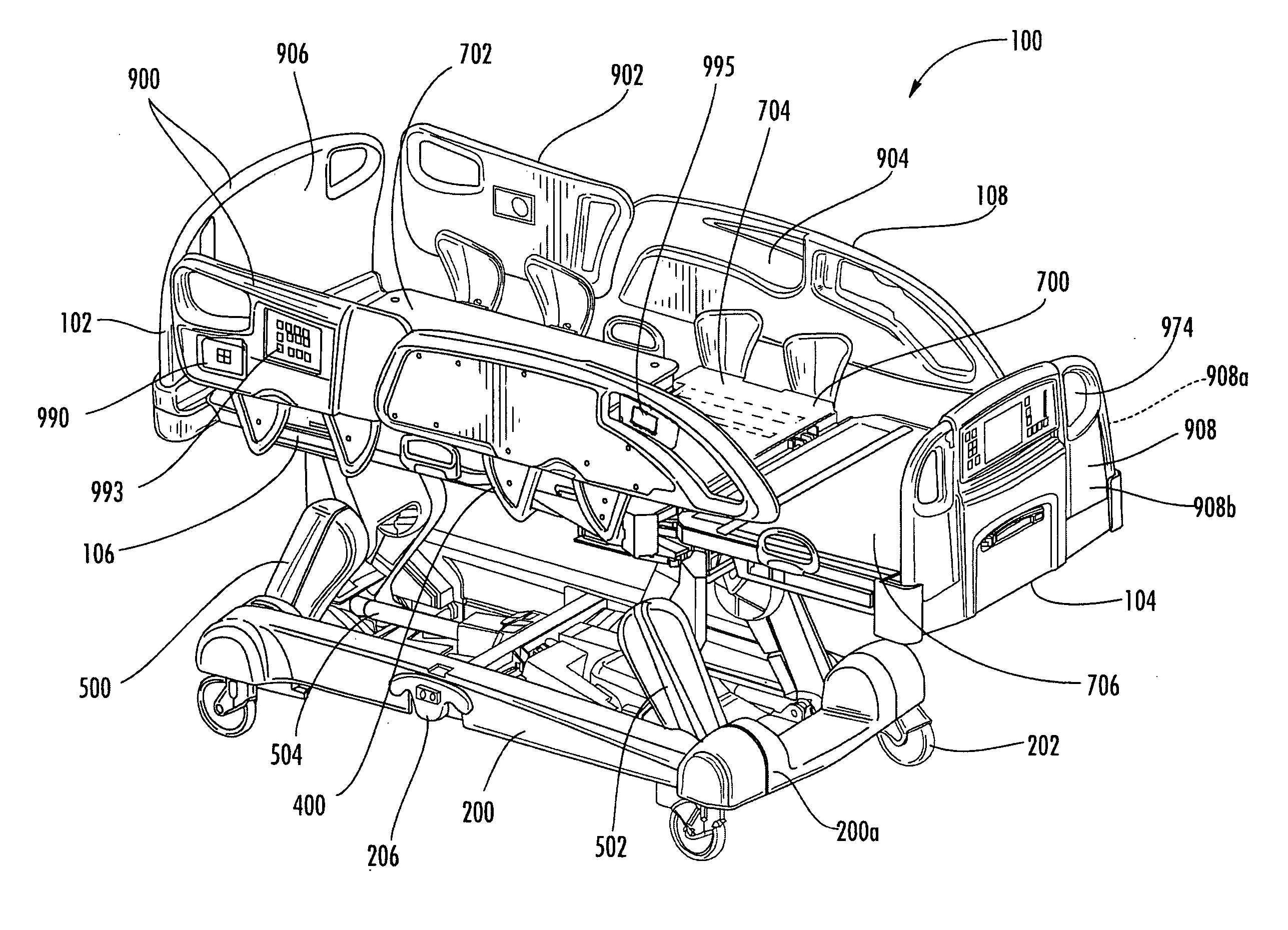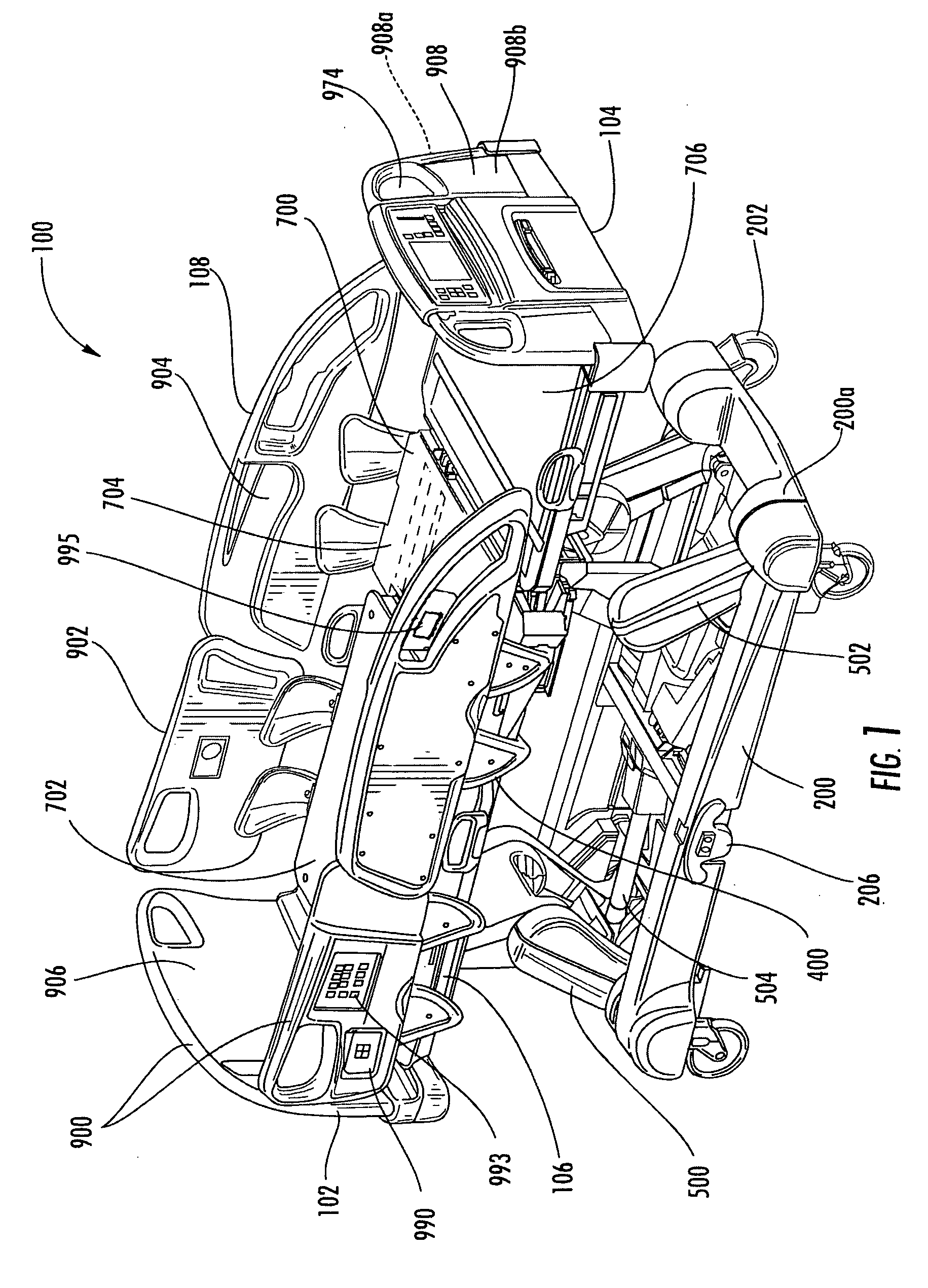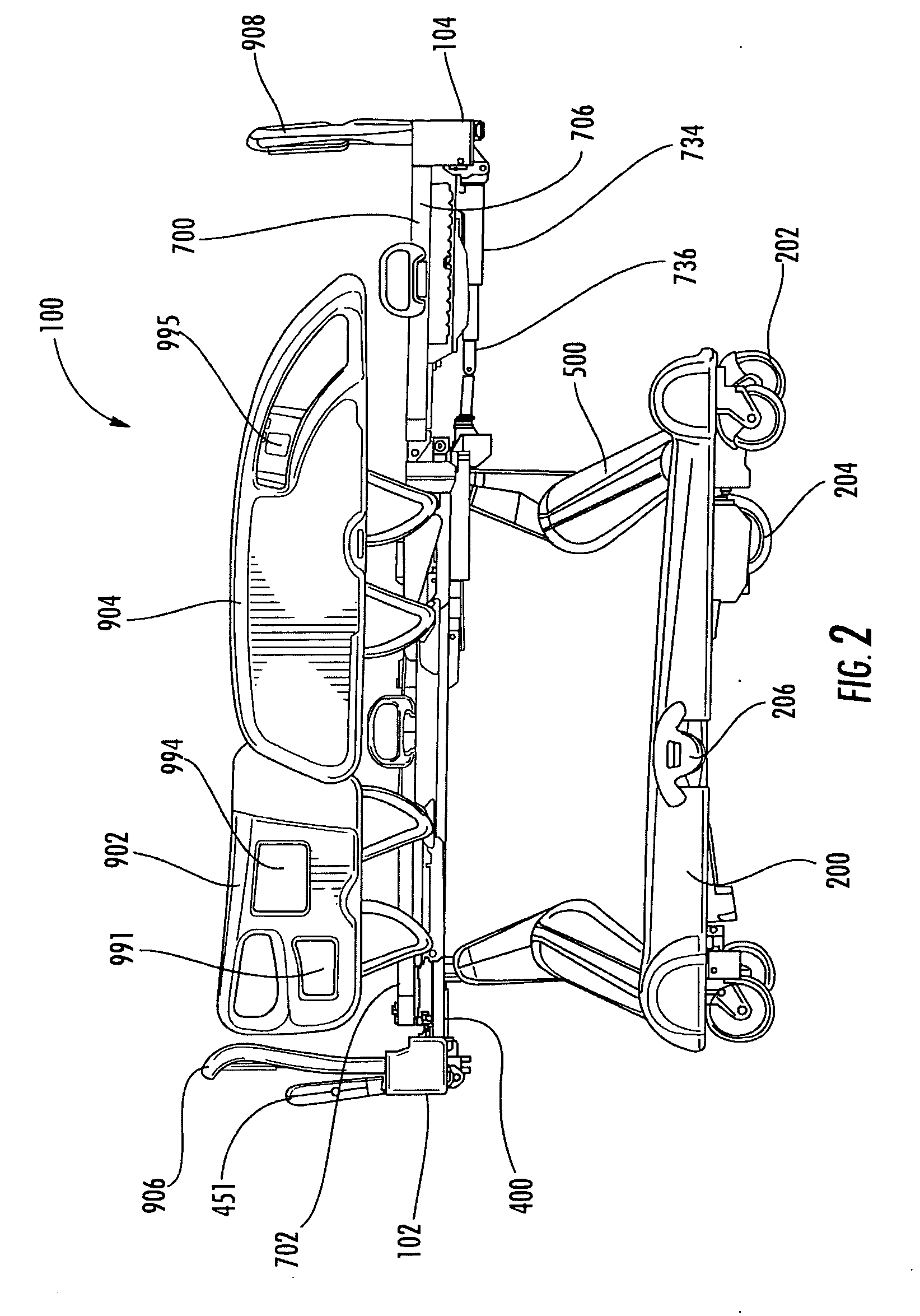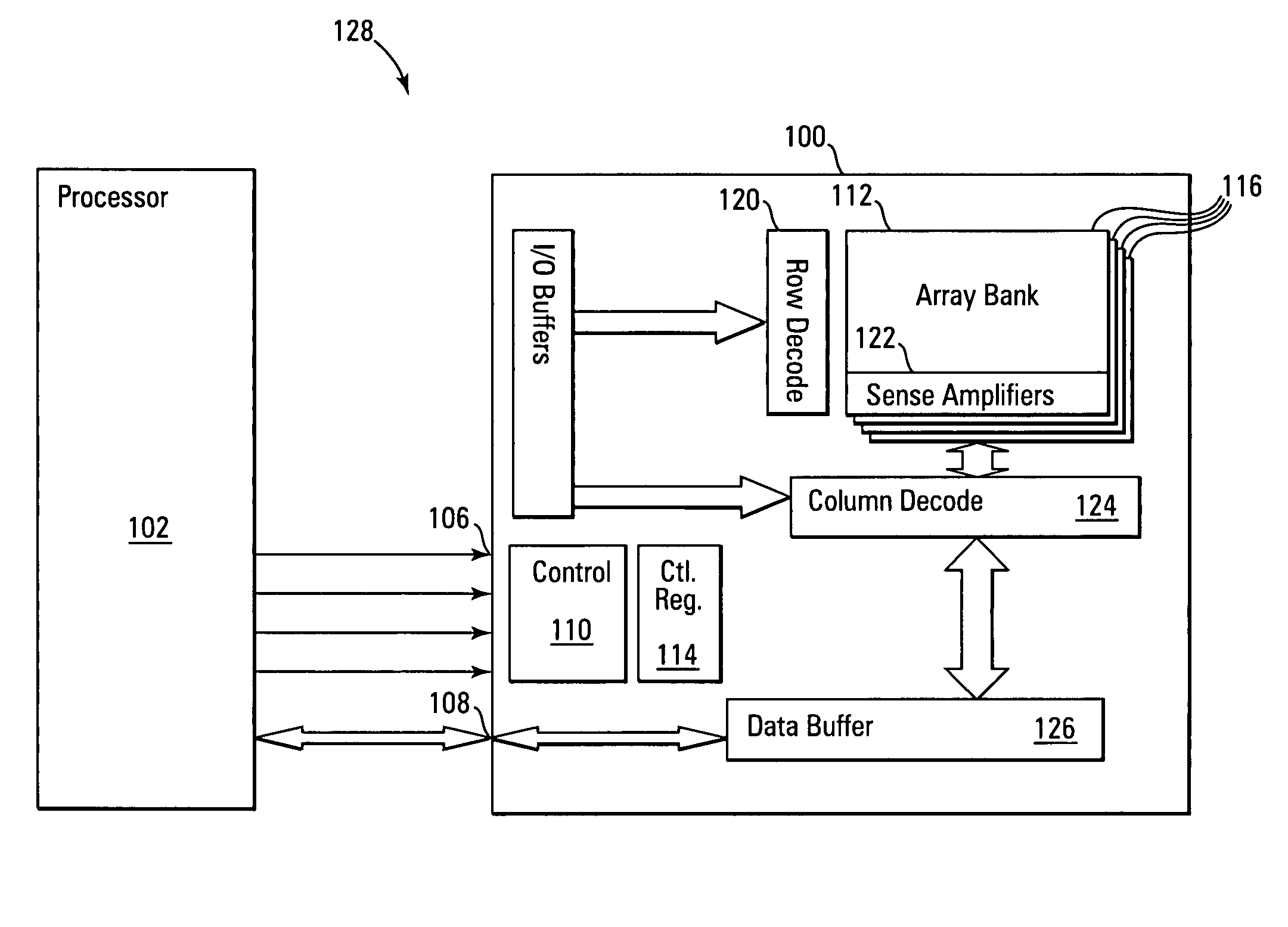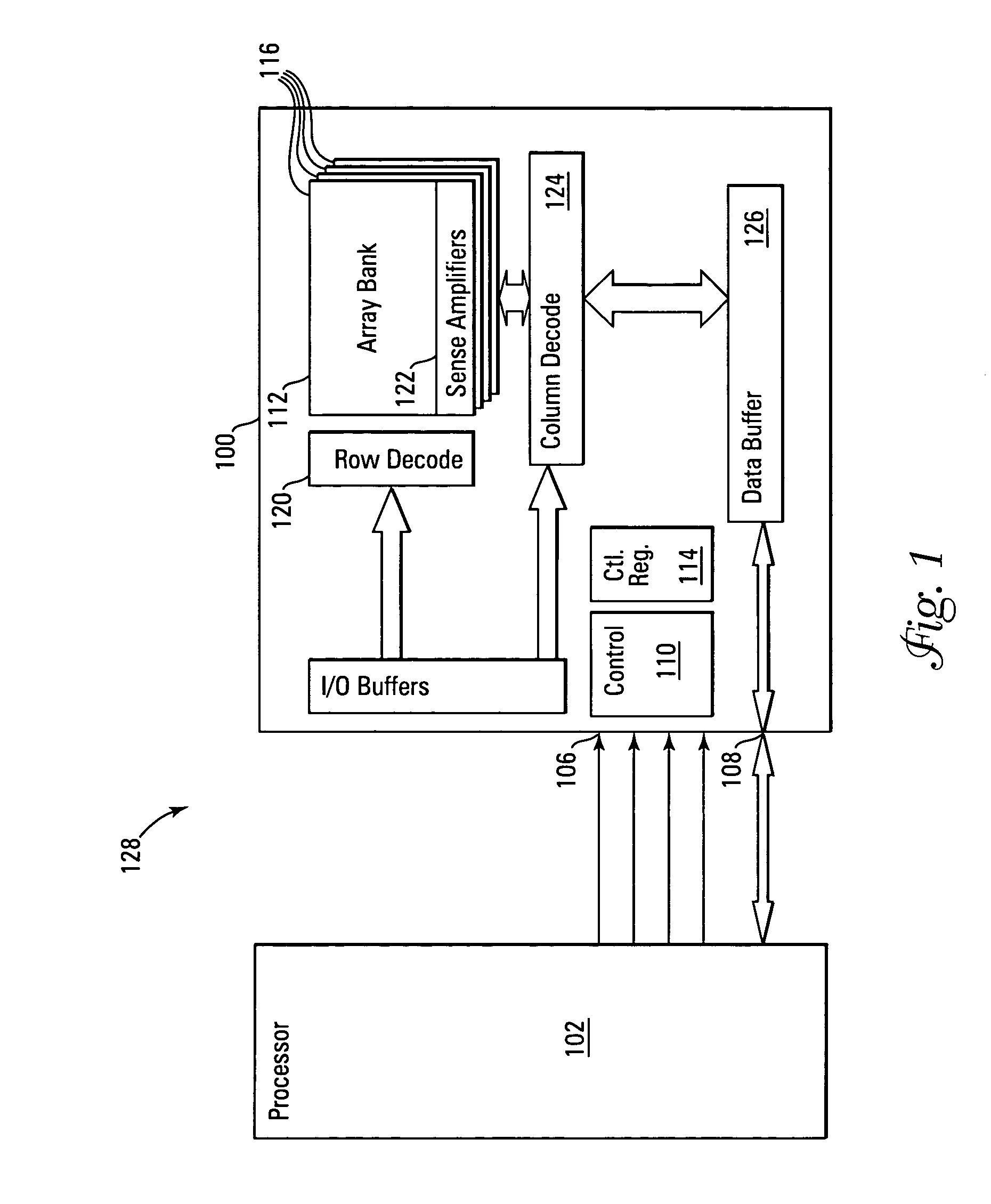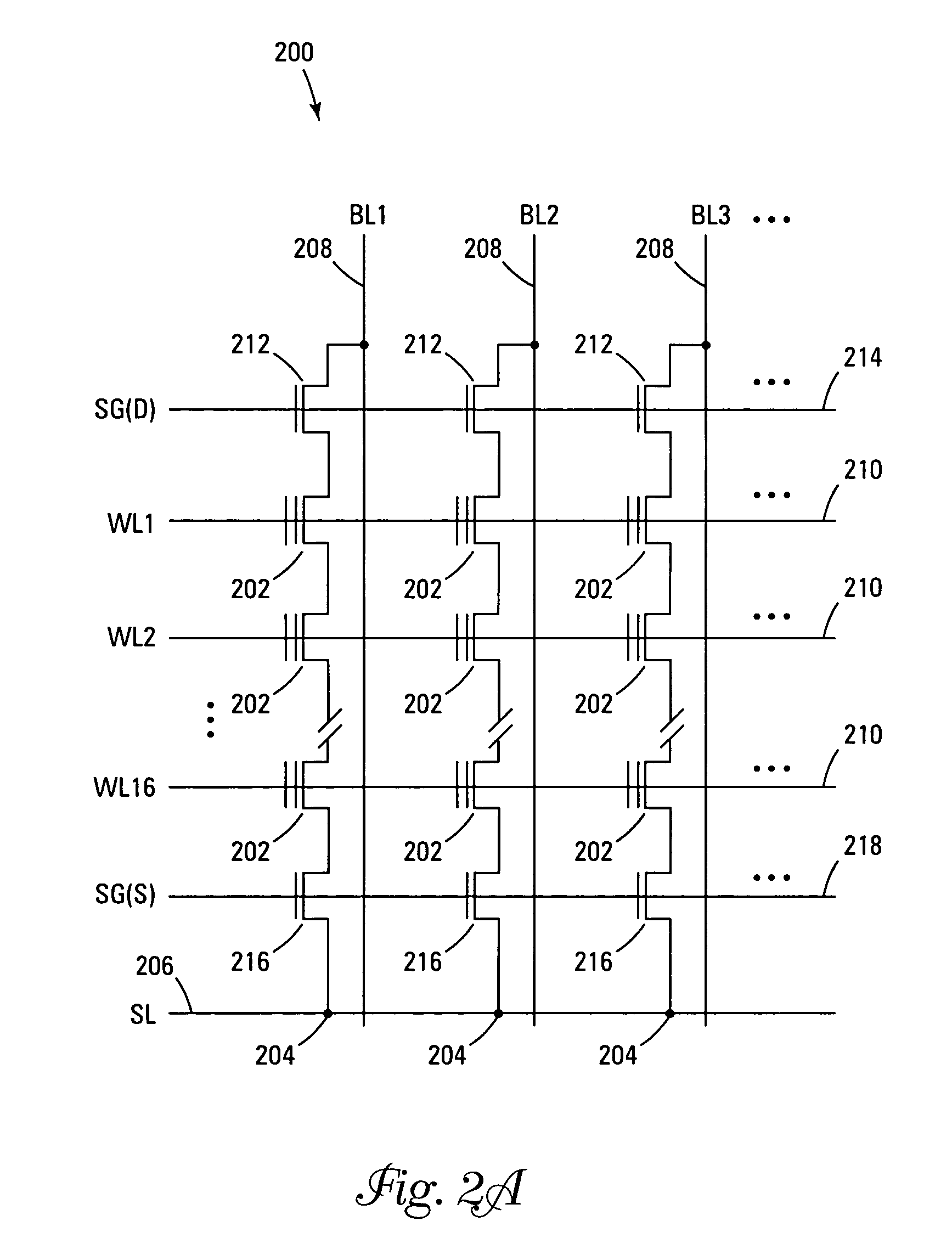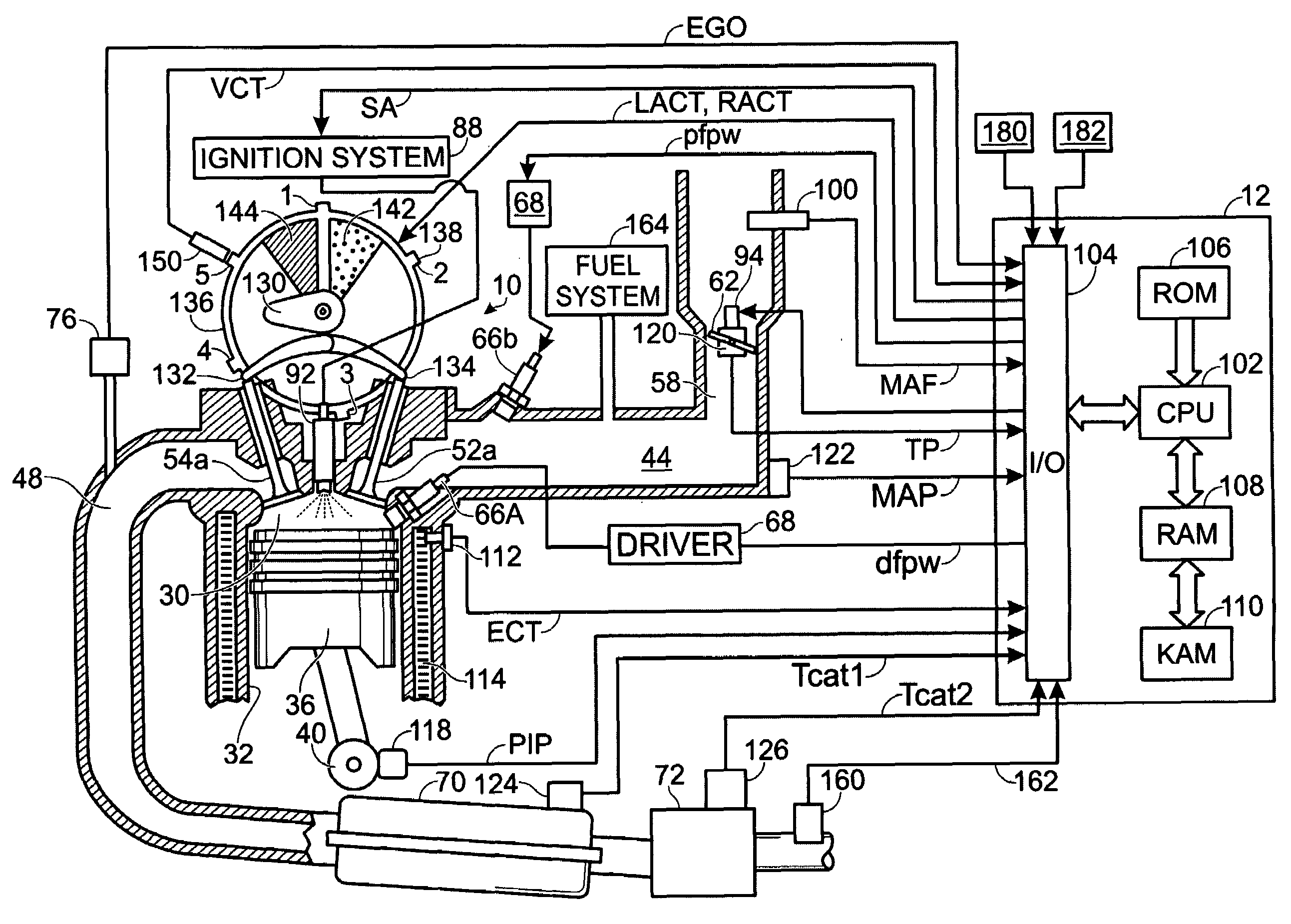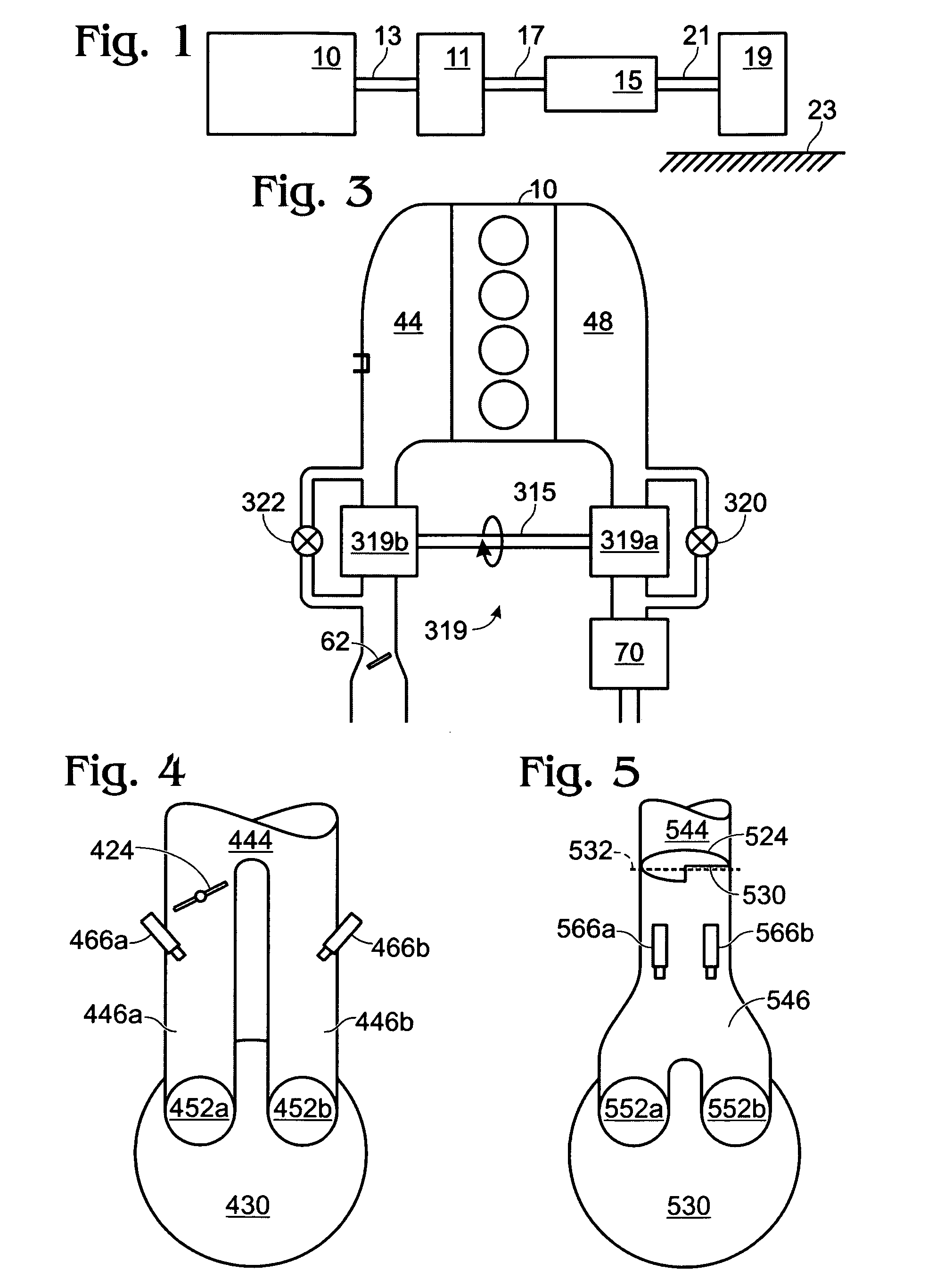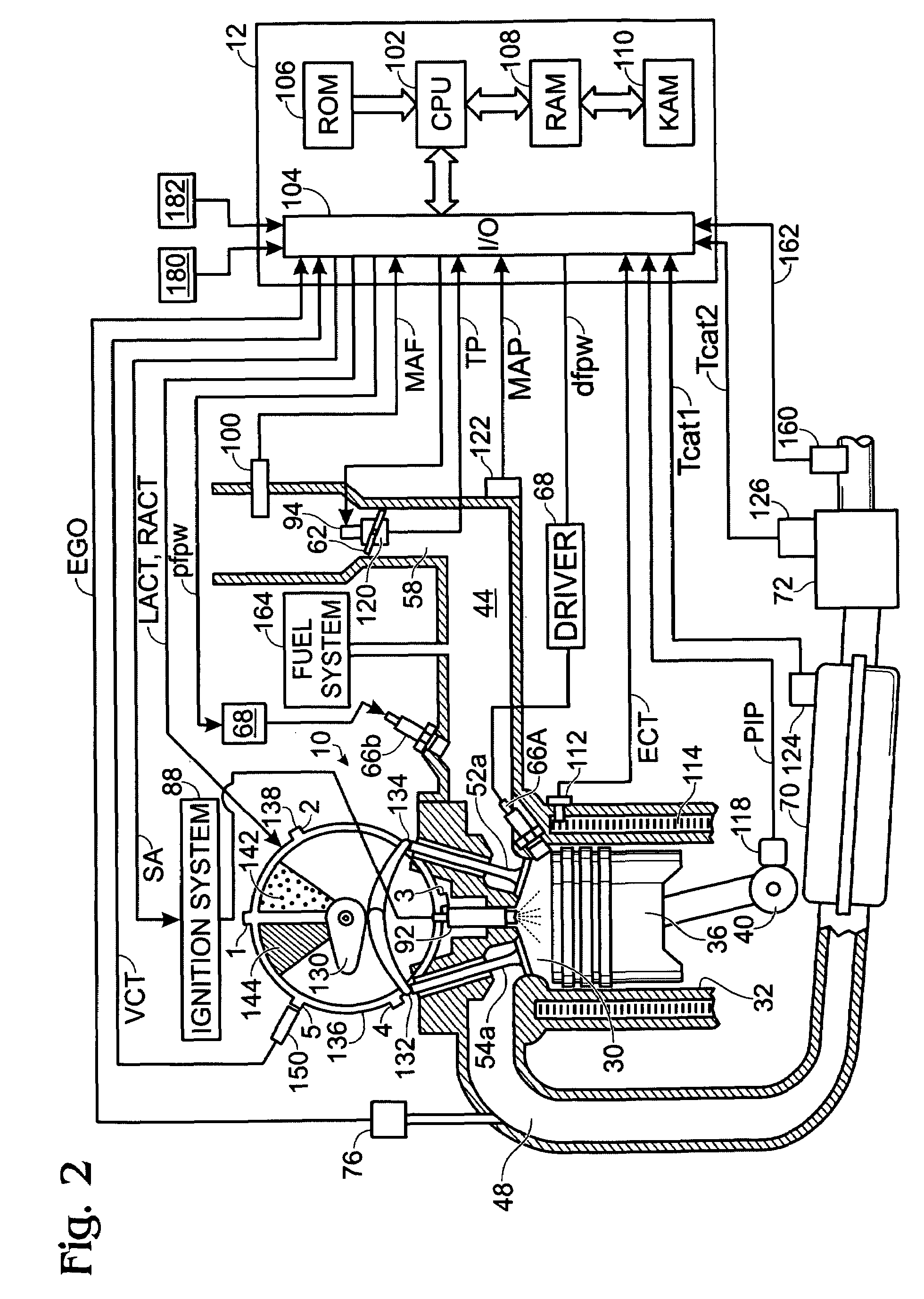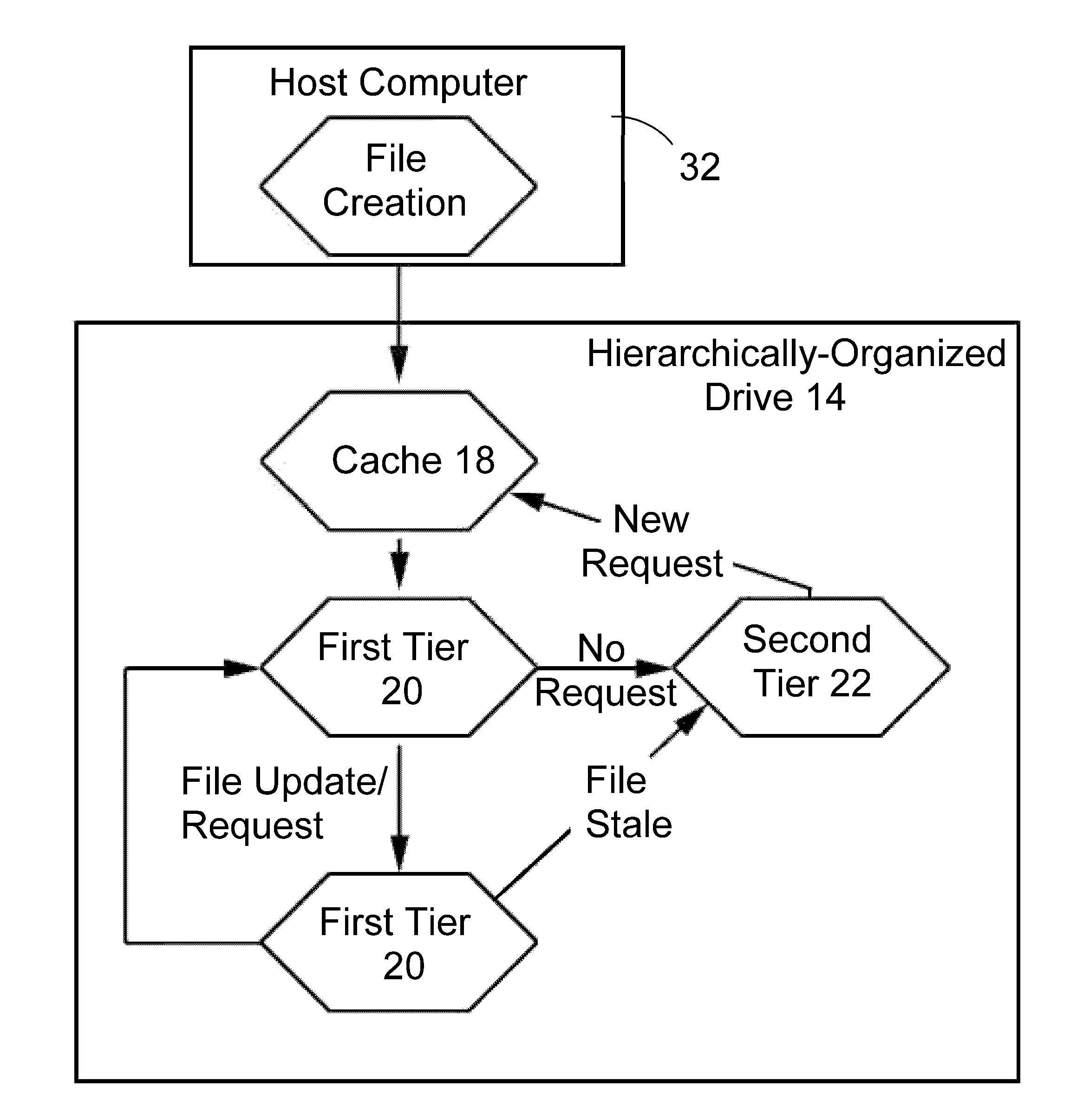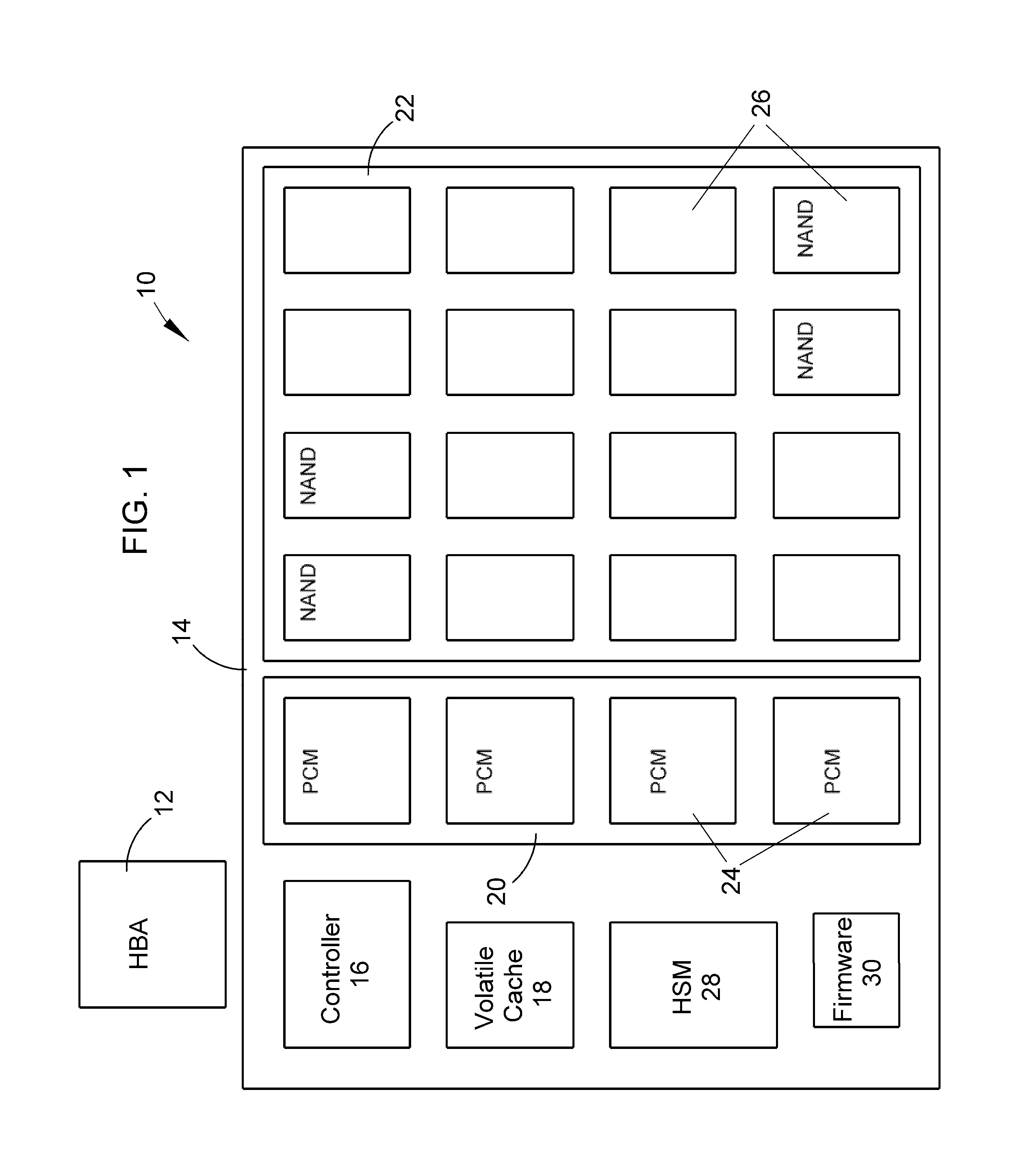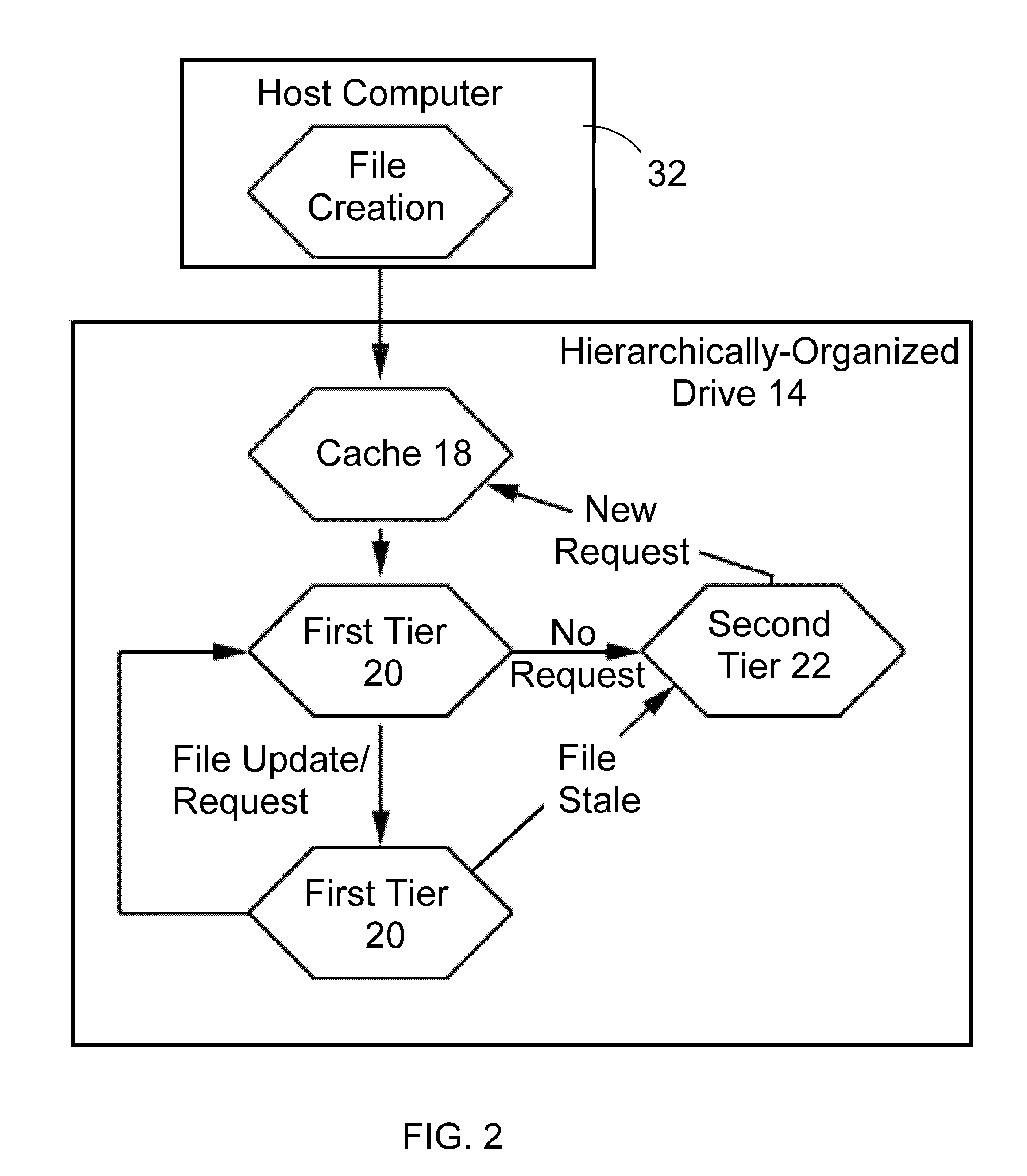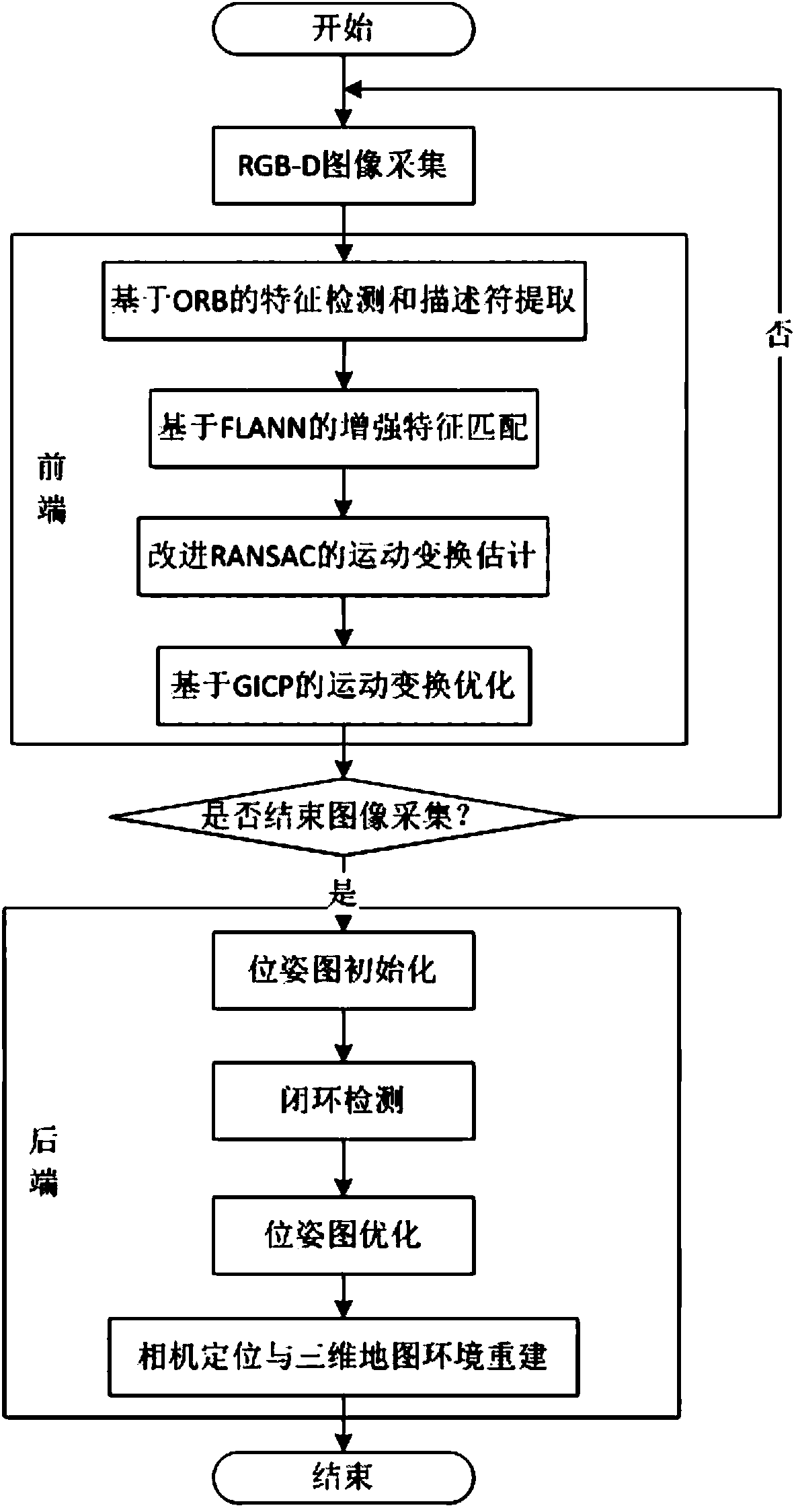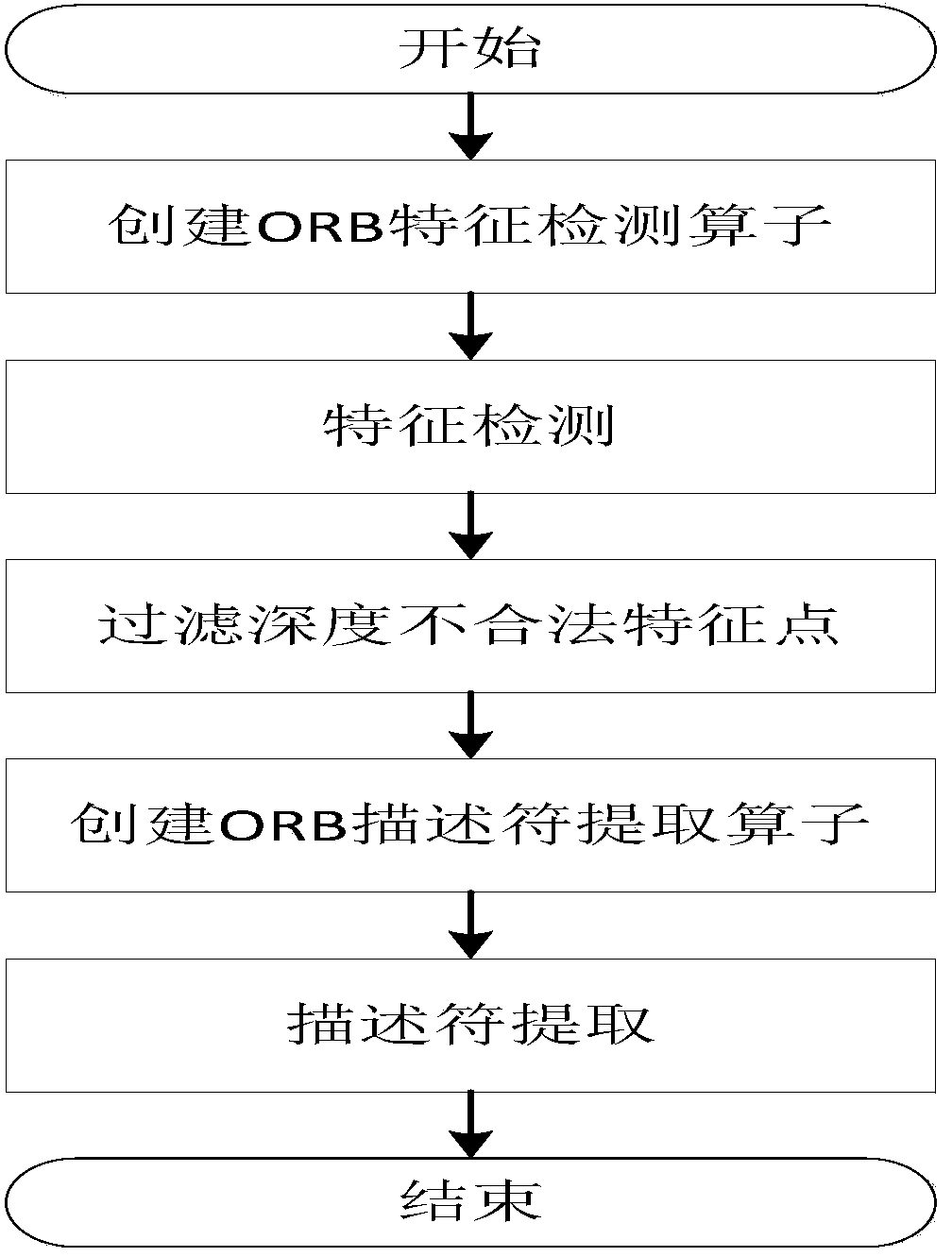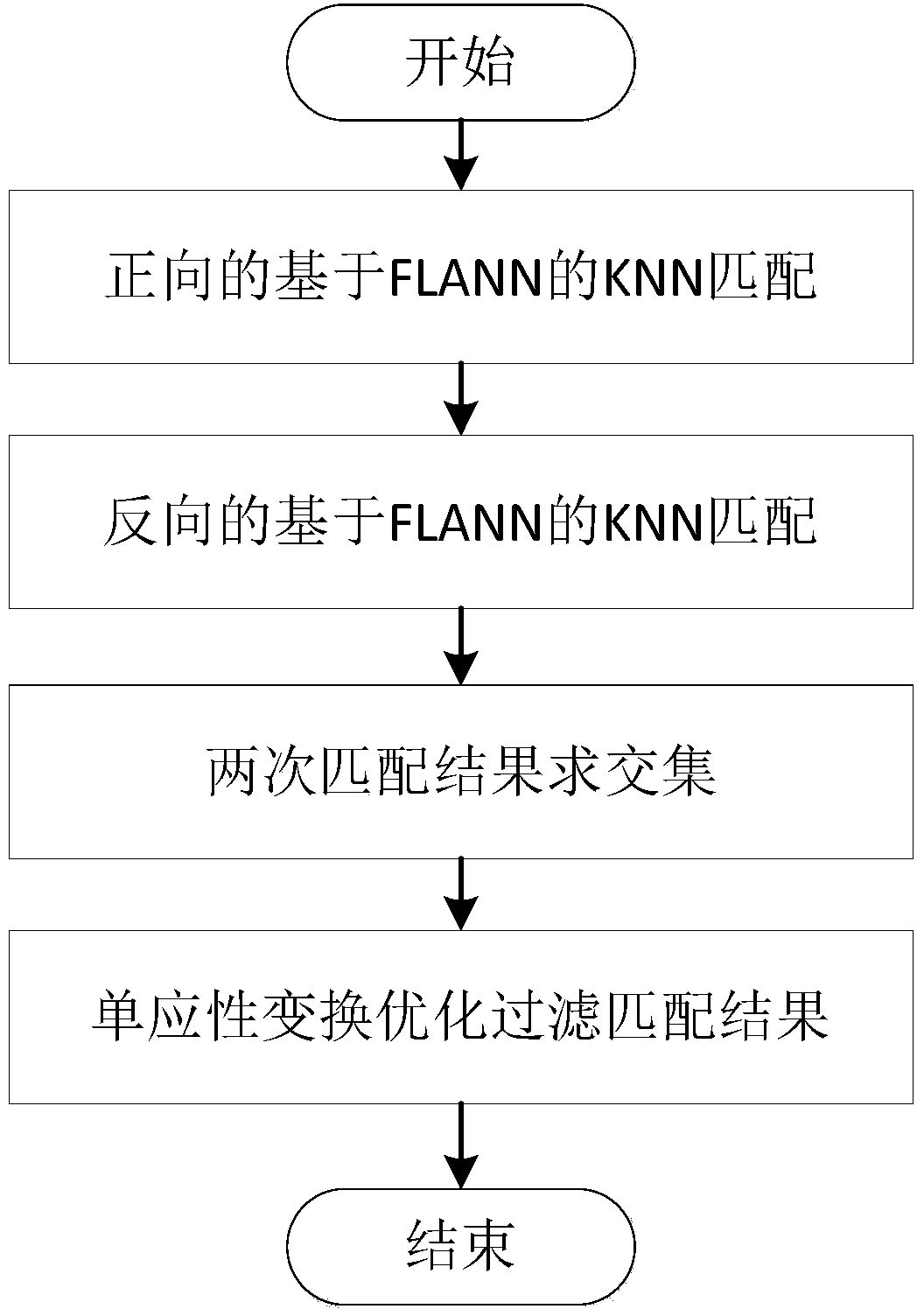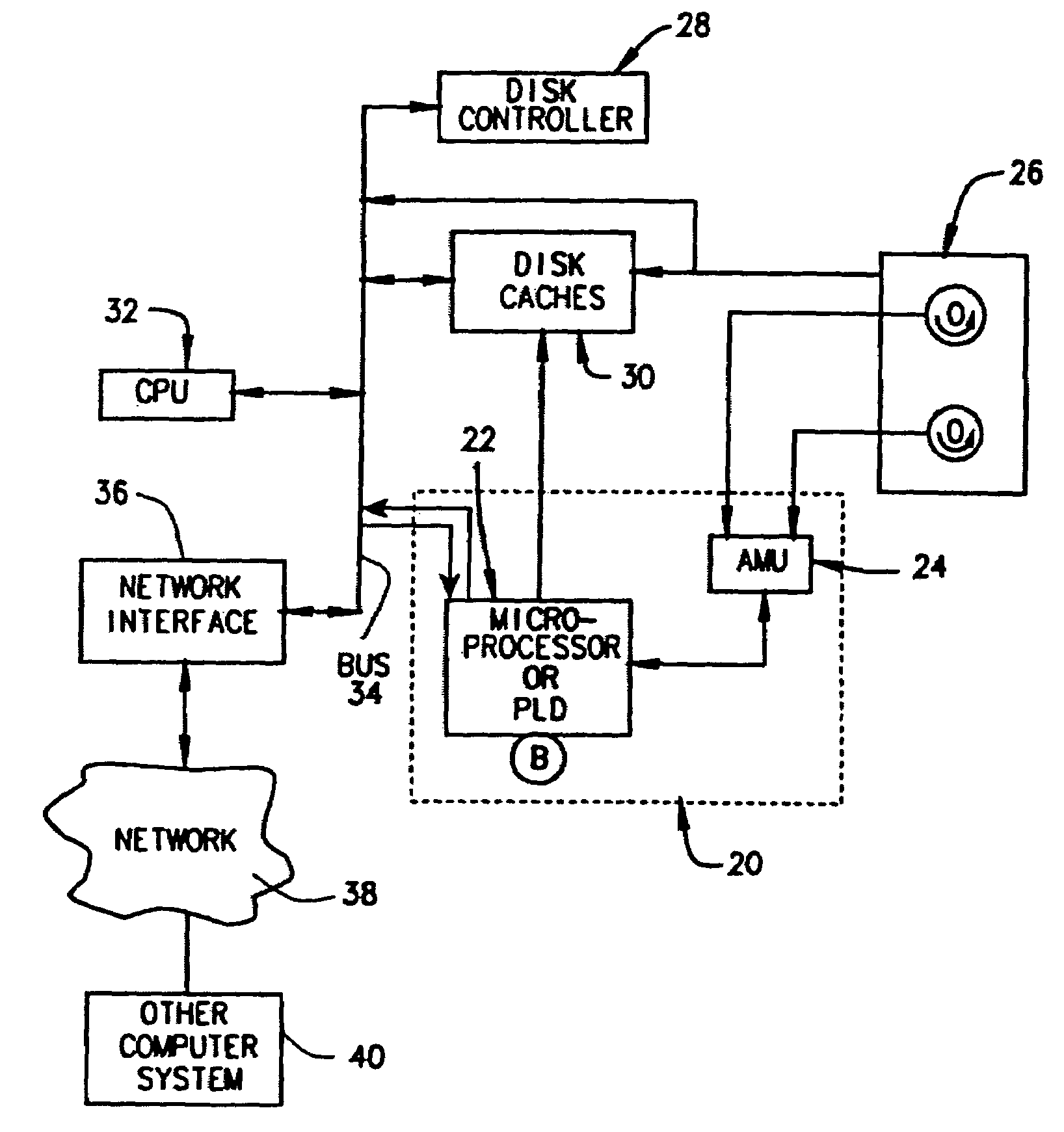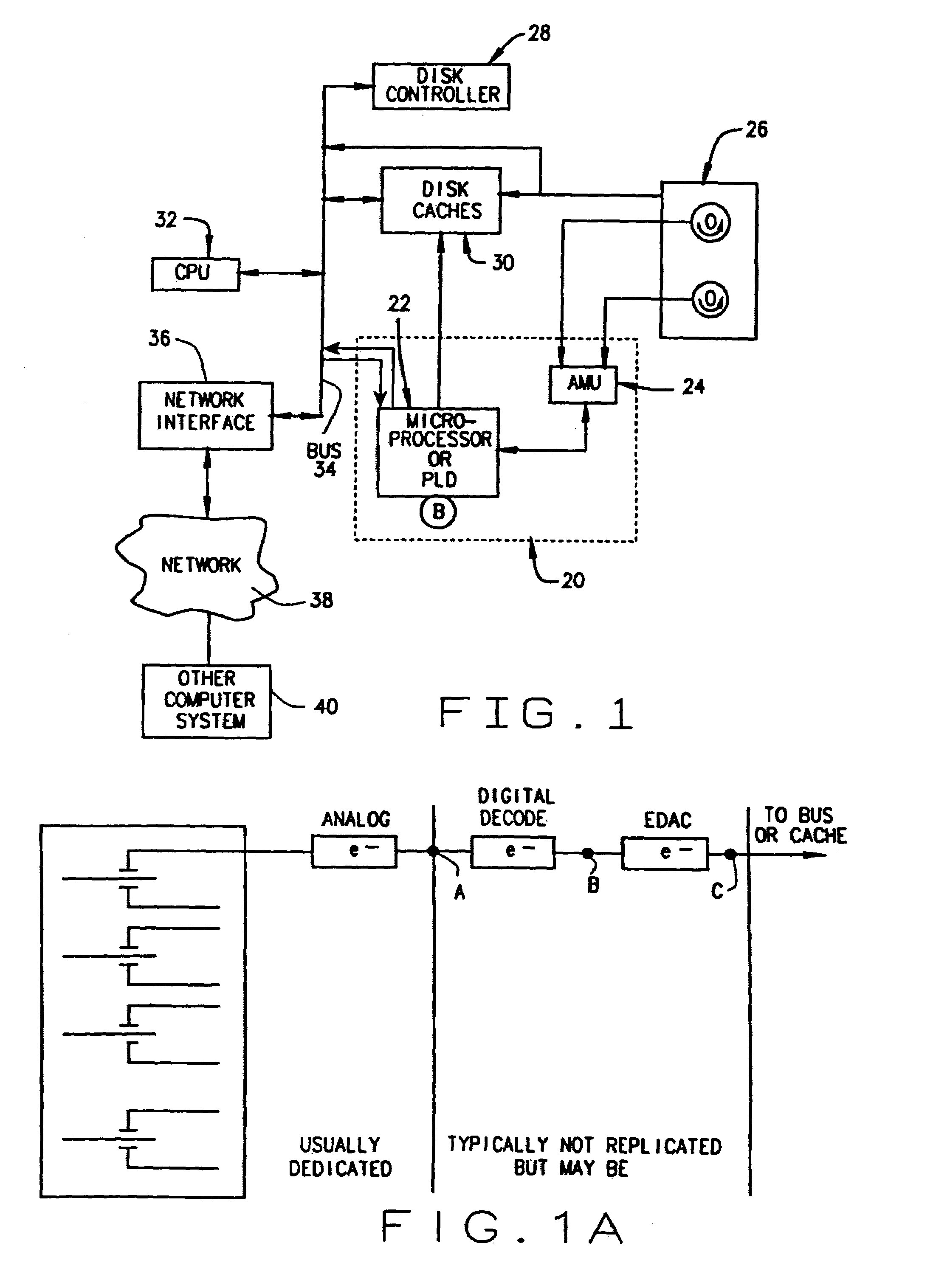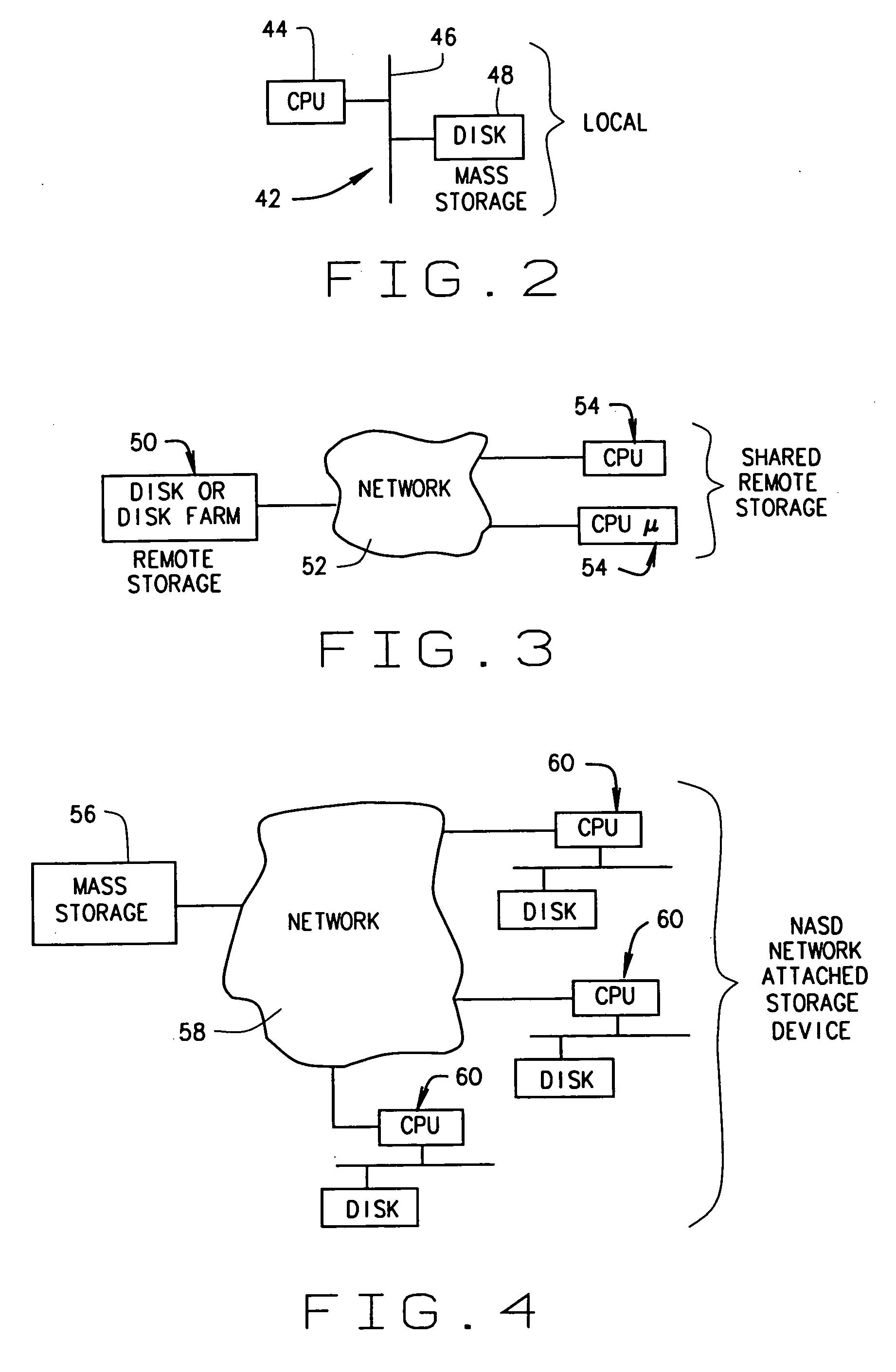Patents
Literature
Hiro is an intelligent assistant for R&D personnel, combined with Patent DNA, to facilitate innovative research.
64908results about How to "High speed" patented technology
Efficacy Topic
Property
Owner
Technical Advancement
Application Domain
Technology Topic
Technology Field Word
Patent Country/Region
Patent Type
Patent Status
Application Year
Inventor
Parallel mechanism
InactiveUS6330837B1Reduce inertiaHigh speedMechanical apparatusJointsRange of motionDegrees of freedom
A parallel mechanism is capable of positioning and orienting an end platform with up to six or more degrees of freedom. In preferred embodiments, the mechanism includes six links having a first and second ends. The first end is connected to an end platform for supporting a tool, while the second end is connected to an actuator capable of translating the second end. A rotational drive mechanism may be provided for rotating an object mounted on the end platform at varying orientations of the end platform independently of movement of the end platform as a whole. The links may be curved in order to avoid interference between adjoining links, thereby permitting an increased range of motion and improved dexterity of the mechanism.
Owner:MOORE RUSSELL
Hospital bed
ActiveUS20070157385A1Increase movement speedIncrease speedLocal control/monitoringDiagnosticsControl systemElectrical control
A patient bed includes a patient support, a base, and an electrical control system. The patient support is mounted relative to said base, which has a plurality of bearing members for moving the base and the patient support across a surface. Each of the bearing members includes a brake operatively associated therewith, with the electrical control system having a user actuatable device and being configured to actuate one or more of the brakes upon actuation of the user actuatable device.
Owner:STRYKER CORP
Ultrasound surgical saw
This invention discloses methods and devices using ultrasound energy for resecting bone tissue during surgical procedures. The disclosure describes the use of ultrasound surgical saw consisting of an ultrasound generator, ultrasound transducer and ultrasound horn including a cutting blade to resect bone tissue without excessive temperature rise during typical surgical procedures. The cutting blade provides a self-clearing design that includes at least two teeth disposed to prevent accumulation of bone chips within the proximity of the teeth. The design of the cutting blade allows the mechanical motion of the blade and the emission of the ultrasound energy to remove accumulated bone chips and prevent excessive temperature rise.
Owner:BABAEV ELIAZ
Microfabricated elastomeric valve and pump systems
InactiveUS6929030B2High speedSmall sizeFixed microstructural devicesVolume/mass flow measurementEngineeringPlanar substrate
A method of fabricating an elastomeric structure, comprising: forming a first elastomeric layer on top of a first micromachined mold, the first micromachined mold having a first raised protrusion which forms a first recess extending along a bottom surface of the first elastomeric layer; forming a second elastomeric layer on top of a second micromachined mold, the second micromachined mold having a second raised protrusion which forms a second recess extending along a bottom surface of the second elastomeric layer; bonding the bottom surface of the second elastomeric layer onto a top surface of the first elastomeric layer such that a control channel forms in the second recess between the first and second elastomeric layers; and positioning the first elastomeric layer on top of a planar substrate such that a flow channel forms in the first recess between the first elastomeric layer and the planar substrate.
Owner:CALIFORNIA INST OF TECH
Devices and methods for enhanced microneedle penetration of biological barriers
InactiveUS20050137531A1Easy to transportEnhanced interactionAdditive manufacturing apparatusSurgerySkin surfacesTissue skin
Microneedle devices and methods of use thereof are provided for the enhanced transport of molecules, including drugs and biological molecules, across tissue by improving the interaction of microneedles and a deformable, elastic biological barrier, such as human skin. The devices and methods act to (1) limit the elasticity, (2) adapt to the elasticity, (3) utilize alternate ways of creating the holes for the microneedles to penetrate the biological barrier, other than the simply direct pressure of the microneedle substrate to the barrier surface, or (4) any combination of these methods. In preferred embodiments for limiting the elasticity of skin, the microneedle device includes features suitable for stretching, pulling, or pinching the skin to present a more rigid, less deformable, surface in the area to which the microneedles are applied (i.e. penetrate). In a preferred embodiments for adapting the device to the elasticity of skin, the device comprising one or more extensions interposed between the substrate and the base end of at least a portion of the microneedles.
Owner:VALERITAS LLC (US) +1
In-line-type fluid mixer
InactiveUS20120307588A1Reduce the cross-sectional areaHigh speedFlow mixersMixer accessoriesInlet channelEngineering
An in-line-type fluid mixer is provided, which includes a first channel-forming part defining a first inlet channel from a first inlet portion to a first passage portion; a second channel-forming part defining a second inlet channel from a second inlet portion to a second passage portion; a third channel-forming part defining an outlet channel having a sectional area that increases from a narrower portion through a flaring portion to an outlet portion, and being communicated with the first inlet channel and the second inlet channel, respectively, at an end of the narrow portion; and a whirling stream-generating part for generating a whirling stream in at least one of the first inlet channel and the second inlet channel.
Owner:ASAHI YUKIZAI KOGYO CO LTD
Microfabricated elastomeric valve and pump systems
InactiveUS7144616B1High speedSmall sizeEngine diaphragmsFixed microstructural devicesPlanar substrateMechanical engineering
A method of fabricating an elastomeric structure, comprising: forming a first elastomeric layer on top of a first micromachined mold, the first micromachined mold having a first raised protrusion which forms a first recess extending along a bottom surface of the first elastomeric layer; forming a second elastomeric layer on top of a second micromachined mold, the second micromachined mold having a second raised protrusion which forms a second recess extending along a bottom surface of the second elastomeric layer; bonding the bottom surface of the second elastomeric layer onto a top surface of the first elastomeric layer such that a control channel forms in the second recess between the first and second elastomeric layers; and positioning the first elastomeric layer on top of a planar substrate such that a flow channel forms in the first recess between the first elastomeric layer and the planar substrate.
Owner:CALIFORNIA INST OF TECH
Reversal of General Anesthesia by Administration of Methylphenidate, Amphetamine, Modafinil, Amantadine, and/or Caffeine
ActiveUS20150196249A1High speedReduces and eliminates effectElectroencephalographyPharmaceutical delivery mechanismUnconsciousnessWhole body
Owner:THE GENERAL HOSPITAL CORP
Controller for Non-Volatile Memories and Methods of Operating the Memory Controller
ActiveUS20080270680A1Improve system performanceReduce stepsMemory adressing/allocation/relocationRead-only memoriesMemory controllerByte
A non-volatile memory system (3) is proposed consisting of a first non-volatile flash memory (5) having a plurality of blocks, each block having a plurality of pages, each block being erasable and each page being programmable, and a second non-volatile random access memory (23) having a plurality of randomly accessible bytes. The second non-volatile memory (23) stores data for mapping logical blocks to physical blocks and status information of logical blocks. Each logical block has an associated physical page pointer stored in the second non-volatile memory (23) that identifies the next free physical page of the mapped physical block to be written. The page pointer is incremented after every page write to the physical block, allowing all physical pages to be fully utilized for page writes. Furthermore, a method of writing and reading data is disclosed whereby the most recently written physical page associated with a logical address is identifiable by the memory system without programming flags into superseded pages, or recording time stamp values in any physical page or block of the first non-volatile memory (5). Furthermore, a method is provided for a logical block to be mapped to two physical blocks instead of one to provide additional space for page writes, resulting in reduction in page copy operations, thereby increasing the performance of the system.
Owner:CHANG CHEE KENG
Methods and systems for simultaneous real-time monitoring of optical signals from multiple sources
ActiveUS20070206187A1High speedLow levelRadiation pyrometrySpectrum investigationPhysicsDetector array
Methods and systems for real-time monitoring of optical signals from arrays of signal sources, and particularly optical signal sources that have spectrally different signal components. Systems include signal source arrays in optical communication with optical trains that direct excitation radiation to and emitted signals from such arrays and image the signals onto detector arrays, from which such signals may be subjected to additional processing.
Owner:PACIFIC BIOSCIENCES
Spectral bio-imaging of the eye
InactiveUS6276798B1Low costHigh spatialRadiation pyrometryRaman/scattering spectroscopySpectral signatureBio imaging
A spectral bio-imaging method for enhancing pathologic, physiologic, metabolic and health related spectral signatures of an eye tissue, the method comprising the steps of (a) providing an optical device for eye inspection being optically connected to a spectral imager; (b) illuminating the eye tissue with light via the iris, viewing the eye tissue through the optical device and spectral imager and obtaining a spectrum of light for each pixel of the eye tissue; and (c) attributing each of the pixels a color or intensity according to its spectral signature, thereby providing an image enhancing the spectral signatures of the eye tissue.
Owner:APPLIED SPECTRAL IMAGING
Semiconductor device with tapered gate and insulating film
InactiveUS6646287B1Reduce in quantityReduce manufacturing costTransistorSolid-state devicesContact formationActive matrix
In a semiconductor device, typically an active matrix display device, the structure of TFTs arranged in the respective circuits are made suitable in accordance with the function of the circuit, and along with improving the operating characteristics and the reliability of the semiconductor device, the manufacturing cost is reduced and the yield is increased by reducing the number of process steps. A semiconductor device has a semiconductor layer, an insulating film formed contacting the semiconductor layer, and a gate electrode having a tapered portion on the insulating film, in the semiconductor device, the semiconductor layer has a channel forming region, a first impurity region for forming a source region or a drain region and containing a single conductivity type impurity element, and a second impurity region for forming an LDD region contacting the channel forming region, a portion of the second impurity region is formed overlapping a gate electrode, and the concentration of the single conductivity type impurity element contained in the second impurity region becomes larger with distance from the channel forming region.
Owner:SEMICON ENERGY LAB CO LTD
System and method for delivering high-performance online multimedia services
InactiveUS6370571B1Easy to scaleIncrease speedSpecial service provision for substationResource allocationFiberCoaxial cable
Disclosed is a scalable, hierarchical, distributed network architecture and processes for the delivery of high-performance, end-to-end online multimedia services, including Internet services such as World Wide Web access. The network architecture connects a high-speed private backbone to multiple network access points of the Internet, to a network operation center, to a back office system, and to multiple regional servers in regional data centers. Each of the regional servers connects to several caching servers in modified head-ends, which in turn connect via fiber optics to many neighborhood nodes. Finally, each node connects via coaxial cable to multiple end-user systems. The processes include those for replicating and caching frequently-accessed content, and multicasting content customized per region or locality.
Owner:AT HOME BONDHOLDERS LIQUIDATING TRUST +1
End-to-end identification method for scene text with random shape
ActiveCN108549893AAccurate identificationAccurate detectionCharacter and pattern recognitionNeural architecturesNetwork generationTheoretical computer science
The invention discloses an end-to-end identification method for a scene text with a random shape. The method comprises the steps of extracting a text characteristic through a characteristic pyramid network for generating a candidate text box by an area extracting network; adjusting the position of the candidate text box through quick area classification regression branch for obtaining more accurate position of a text bounding box; inputting the position information of the bounding box into a dividing branch, obtaining a predicated character sequence through a pixel voting algorithm; and finally processing the predicated character sequence through a weighted editing distance algorithm, finding out a most matched word of the predicated character sequence in a given dictionary, thereby obtaining a final text identification result. According to the method of the invention, the scene texts with the random shape can be simultaneously detected and identified, wherein the scene texts comprisehorizontal text, multidirectional text and curved text. Furthermore end-to-end training can be completely performed. Compared with prior art, the identification method according to the invention has advantages of obtaining advantageous effects in accuracy and versatility, and realizing high application value.
Owner:HUAZHONG UNIV OF SCI & TECH
System and method for 3D measurement and surface reconstruction
InactiveUS20060017720A1High speedIncrease speedImage analysisUsing optical meansDistortion3d measurement
A system and method for measuring and surface reconstruction of a 3D image of an object comprises a projector arranged to project a pattern onto a surface of an object to be imaged; and a processor stage arranged to examine distortion or distortions produced in the pattern by the surface. The processor stage is arranged to convert by, for example, a triangulation process the distortion or distortions produced in the pattern by the surface to a distance representation representative of the shape of the surface. The processor stage is also arranged to reconstruct electronically the surface shape of the object.
Owner:CITY UNIVERSITY OF HONG KONG
Unit dose cartridge and dry powder inhaler
InactiveUS7464706B2Broad inhalation tidal volume range of human breathMaintain good propertiesRespiratorsLiquid surface applicatorsMedicineCheck valve
A dry powder inhaler having improved aerodynamic properties for diluting, dispersing, and metering drug particles for increasing the efficiency of pulmonary drug delivery to a patient is described. The inhaler comprises, in general, a housing having an air intake, an air flow-control / check-valve, a mixing section and a mouthpiece. A cartridge loaded with a single dose of medicament can be installed in the mixing section.
Owner:MANNKIND CORP
Semiconductor devices having different gate dielectrics and methods for manufacturing the same
InactiveUS20050098839A1High speedMinimize leakage currentSemiconductor/solid-state device manufacturingSemiconductor devicesEngineeringSemiconductor
A semiconductor device includes first and second transistor devices. The first device includes a first substrate region, a first gate electrode, and a first gate dielectric. The first gate dielectric is located between the first substrate region and the first gate electrode. The second device includes a second substrate region, a second gate electrode, and a second gate dielectric. The second gate dielectric is located between the second substrate region and the second gate electrode. The first gate dielectric includes a first high-k layer having a dielectric constant of 8 or more. Likewise, the second gate dielectric includes a second high-k layer having a dielectric constant of 8 or more. The second high-k layer has a different material composition than the first high-k layer.
Owner:SAMSUNG ELECTRONICS CO LTD
Bone treatment systems and methods
ActiveUS20060229625A1Increase cross section of and spaceHigh speedJoint implantsExcision instrumentsTissue selectivityCancellous bone
The invention provides instruments and methods for prophylactic treatment of an osteoporotic vertebral body or for treating a vertebral compression fracture (VCF). In one exemplary method, a probe system uses a high speed rotational elastomeric cutter having an optional expandable abrasive surface for abrading or cutting at least one path or region within vertebral cancellous bone. Irrigation and aspiration sources are included in the probe system for removing abraded bone debris. In one embodiment, the high speed rotational abrader uses a tissue-selective abrading surface that abrades or cuts bone but does not cut soft tissue. In another embodiment, an expandable abrading surface allows the treatment of bone with low pressures to create paths or spaces without explosive expansion forces known in prior art balloon procedures that are designed to crush and compact cancellous bone in a vertebra. After the creation of a path or space, an in-situ hardenable bone cement volume is introduced into each path or space to support the vertebra.
Owner:DFINE INC
Semiconductor element, semiconductor device, and method for manufacturing the same
InactiveUS8501564B2High speedReduce power consumptionTransistorSolid-state devicesOptoelectronicsSemiconductor device
The semiconductor element includes an oxide semiconductor layer on an insulating surface; a source electrode layer and a drain electrode layer over the oxide semiconductor layer; a gate insulating layer over the oxide semiconductor layer, the source electrode layer, and the drain electrode layer; and a gate electrode layer over the gate insulating layer. The source electrode layer and the drain electrode layer have sidewalls which are in contact with a top surface of the oxide semiconductor layer.
Owner:SEMICON ENERGY LAB CO LTD
Electronic payment system for financial institutions and companies to receive online payments
InactiveUS20060206425A1Improve consumer experienceHigh speedFinanceProtocol authorisationPayment transactionPersonal account
The present invention provides an a electronic payment system for bank, financial institutions, portals and companies to receive payment from their customers for one or more payees. The electronic payment system allows payer (consumer or business) to use any funding method (bank account, credit / debit cards or any other business or personal account or method associated with one or more banks) accepted by the payee to initiate a payment and the payment transaction is routed to the appropriate payment processor based on payee's preferences. The electronic payment system also provides a instant payment delivery notification to the payer directly from the payee. The system also creates a unique payment tracking number which can be used by all parties associated with the transaction to track a payment's status and other attributes associated with the payment. The electronic payment system also provides a rule based payment management system for the payees to use for managing the processing and posting of the payments. The system also allows for payees to manage their payments received and post to various receivable systems based on rules defined. Additionally, the system allows payees to create rules for other aspects of payment processing. The system also allows for much simplified electronic bill delivery system which uses biller's existing infrastructure to create bill data for distribution to 3rd party consolidators.
Owner:PAYMENTUS CORP
Optimized SQL code generation
ActiveUS7430549B2Reduce and minimize compilation timeReduce and minimize execution timeDigital data information retrievalData processing applicationsExecution planCode generation
This invention relates generally to a system for processing database queries, and more particularly to a method for generating high level language or machine code to implement query execution plans. The present invention provides a method for generating executable machine code for query execution plans, that is adaptive to dynamic runtime conditions, that is compiled just in time for execution and most importantly, that avoids the bounds checking, pointer indirection, materialization and other similar kinds of overhead that are typical in interpretive runtime execution engines.
Owner:INT BUSINESS MASCH CORP
3D shape measurement system and method including fast three-step phase shifting, error compensation and calibration
InactiveUS20070115484A1Improve system speedFacilitates establishment of coordinate relationshipUsing optical means3d shapesPhase shifted
A structured light system for object ranging / measurement is disclosed that implements a trapezoidal-based phase-shifting function with intensity ratio modeling using sinusoidal intensity-varied fringe patterns to accommodate for defocus error. The structured light system includes a light projector constructed to project at least three sinusoidal intensity-varied fringe patterns onto an object that are each phase shifted with respect to the others, a camera for capturing the at least three intensity-varied phase-shifted fringe patterns as they are reflected from the object and a system processor in electrical communication with the light projector and camera for generating the at least three fringe patterns, shifting the patterns in phase and providing the patterns to the projector, wherein the projector projects the at least three phase-shifted fringe patterns sequentially, wherein the camera captures the patterns as reflected from the object and wherein the system processor processes the captured patterns to generate object coordinates.
Owner:THE RES FOUND OF STATE UNIV OF NEW YORK
Method and apparatus for using an array of grating light valves to produce multicolor optical images
InactiveUS6219015B1Improve accuracyMade smallStatic indicating devicesDiffraction gratingsPlane mirrorColored light
A multicolor optical image-generating device comprised of an array of grating light valves (GLVs) organized to form light-modulating pixel units for spatially modulating incident rays of light. The pixel units are comprised of three subpixel components each including a plurality of elongated, equally spaced apart reflective grating elements arranged parallel to each other with their light-reflective surfaces also parallel to each other. Each subpixel component includes means for supporting the grating elements in relation to one another, and means for moving alternate elements relative to the other elements and between a first configuration wherein the component acts to reflect incident rays of light as a plane mirror, and a second configuration wherein the component diffracts the incident rays of light as they are reflected from the grating elements. The three subpixel components of each pixel unit are designed such that when red, green and blue light sources are trained on the array, colored light diffracted by particular subpixel components operating in the second configuration will be directed through a viewing aperture, and light simply reflected from particular subpixel components operating in the first configuration will not be directed through the viewing aperture.
Owner:THE BOARD OF TRUSTEES OF THE LELAND STANFORD JUNIOR UNIV
Associative database scanning and information retrieval using FPGA devices
InactiveUS7139743B2Increase the number ofRaise the importanceInput/output to record carriersDigital data information retrievalMagnetic storageComputerized system
A data storage and retrieval device and method is disclosed. The device includes at least one magnetic storage medium configured to store target data and at least one re-configurable logic device comprising an FPGA coupled to the at least one magnetic storage medium and configured to read a continuous stream of target data therefrom, having been configured with a template or as otherwise desired to fit the type of search and data being searched. The reconfigurable logic device is configured to receive at least one search inquiry in the form of a data key and to determine a match between the data key and the target data as it is being read from the at least one magnetic storage medium. This device and method can perform a variety of searches on the target data including without limitation exact and approximate match searches, sequence match searches, image match searches and data reduction searches. This device and method may be provided as part of a stand-alone computer system, embodied in a network attached storage device, or can otherwise be provided as part of a computer LAN or WAN.
Owner:IP RESERVOIR
Hospital bed
ActiveUS20070163043A1High speedIncrease the speed of the actuatorLocal control/monitoringDiagnosticsMedicineHospital bed
A patient bed includes a base, a patient support, and an elevation mechanism for raising or lowering the patient support relative to the base. The elevation mechanism comprises a first pair of arms and a second pair of arms, with both the pairs of arms mounted relative to the patient support and the base. The first pair of arms and the second pair of arms have pivot connections at the patient support, with the pivot connections of at least one pair of the pair of arms moving in a sinusoidal path when the patient support is raised or lowered with respect to the base.
Owner:STRYKER CORP
NAND flash depletion cell structure
InactiveUS20060044872A1Scale upIncrease supplyRead-only memoriesDigital storageCapacitanceRC time constant
NAND architecture Flash memory strings, memory arrays, and memory devices are described that utilize depletion mode floating gate memory cells. Depletion mode floating gate memory cells allow for increased cell current through lower channel rdS resistance and decreased “narrow width” effect, allowing for increased scaling of NAND memory cell strings. In addition, the required voltages for reading and programming operations are reduced, allowing the use of more efficient, lower voltage charge pumps and a reduction circuit element feature sizes and layouts. Cell inhibit of unselected cells is also increased, reducing the likelihood of cell disturb in the memory array. Operation speed is improved by increasing read current of the selected NAND string and by increasing the ability to overcome the RC time constants of circuit lines and capacitances through lowered voltage swings and increased current supplies.
Owner:MICRON TECH INC
Method for controlling injection timing of an internal combustion engine
InactiveUS7278396B2Reduce mixEmission reductionElectrical controlInternal combustion piston enginesExternal combustion engineIgnition timing
A method to control injection timing for an internal combustion engine having a plurality of injectors in at least a cylinder, the method comprising of injecting a first fuel amount to at least a cylinder of an internal combustion engine from a first injector, injecting a second fuel amount fuel to said cylinder from a second injector, and adjusting the timing between starting or ending injection of said first fuel amount, and starting or ending of said second fuel amount in response to an operating condition of said engine.
Owner:FORD GLOBAL TECH LLC
Hierarchically structured mass storage device and method
InactiveUS20100325352A1Faster access timeHigh write enduranceMemory architecture accessing/allocationMemory adressing/allocation/relocationAccess timeStorage management
A hierarchically-structured computer mass storage system and method. The mass storage system includes a mass storage memory drive, control logic on the mass storage memory drive that includes a controller and one or more devices for executing a hierarchical storage management technique, a volatile memory cache configured to be accessed by the control logic, and first and second non-volatile storage arrays on the mass storage memory drive and comprising, respectively, first and second non-volatile memory devices. The first and second non-volatile memory devices have properties including access times and write endurance, and at least one of the access time and the write endurance of the first non-volatile memory devices is faster or higher, respectively, than the second non-volatile memory devices. Desired data storage localities on the storage arrays are determined through access patterns and selectively utilizing the properties of the memory devices to match the data storage requirements.
Owner:OCZ STORAGE SOLUTIONS
Improved method of RGB-D-based SLAM algorithm
InactiveCN104851094AMatching result optimizationHigh speedImage enhancementImage analysisPoint cloudEstimation methods
Disclosed in the invention is an improved method of a RGB-D-based simultaneously localization and mapping (SLAM) algorithm. The method comprises two parts: a front-end part and a rear-end part. The front-end part is as follows: feature detection and descriptor extraction, feature matching, motion conversion estimation, and motion conversion optimization. And the rear-end part is as follows: a 6-D motion conversion relation initialization pose graph obtained by the front-end part is used for carrying out closed-loop detection to add a closed-loop constraint condition; a non-linear error function optimization method is used for carrying out pose graph optimization to obtain a global optimal camera pose and a camera motion track; and three-dimensional environment reconstruction is carried out. According to the invention, the feature detection and descriptor extraction are carried out by using an ORB method and feature points with illegal depth information are filtered; bidirectional feature matching is carried out by using a FLANN-based KNN method and a matching result is optimized by using homography matrix conversion; a precise inliners matching point pair is obtained by using an improved RANSAC motion conversion estimation method; and the speed and precision of point cloud registration are improved by using a GICP-based motion conversion optimization method.
Owner:XIDIAN UNIV
Associative database scanning and information retrieval
InactiveUS7181437B2Threshold may be loweredRaise the importanceData processing applicationsInput/output to record carriersMass storageExact match
A method and device are disclosed for an associative and approximate, analog or digital scanning of databases that allows for the asynchronous accessing of data from a mass storage medium. The invention includes providing dedicated analog and digital circuitry and decision logic at the mass storage medium level for determining a key identifying the data of interest, continuously comparing the key to a signal generated from a reading of the data from the mass storage medium with an approximate or exact matching circuit to determine a pattern match, determining a correlation value between the key and the data as it is read in a continuous fashion, and determining a match based upon a preselected threshold value for the correlation value. The pattern matching technique eliminates any need to compare data based on its intrinsic structure or value, and instead is based on an analog or digital pattern. The key and data may be either analog or digital. This device and method may be provided as part of a stand-alone computer system, embodied in a network attached storage device, or can otherwise be provided as part of a computer LAN or WAN.
Owner:IP RESERVOIR
Features
- R&D
- Intellectual Property
- Life Sciences
- Materials
- Tech Scout
Why Patsnap Eureka
- Unparalleled Data Quality
- Higher Quality Content
- 60% Fewer Hallucinations
Social media
Patsnap Eureka Blog
Learn More Browse by: Latest US Patents, China's latest patents, Technical Efficacy Thesaurus, Application Domain, Technology Topic, Popular Technical Reports.
© 2025 PatSnap. All rights reserved.Legal|Privacy policy|Modern Slavery Act Transparency Statement|Sitemap|About US| Contact US: help@patsnap.com
